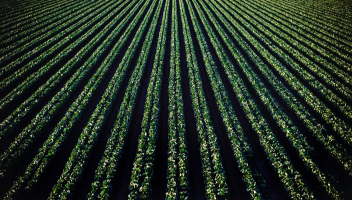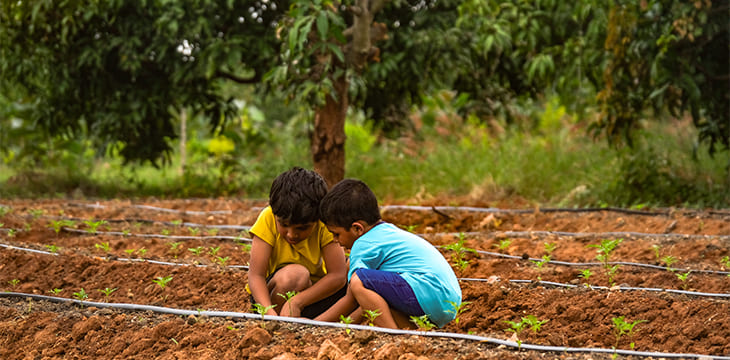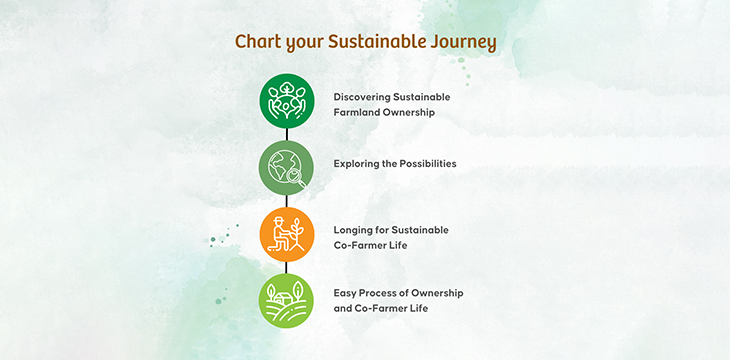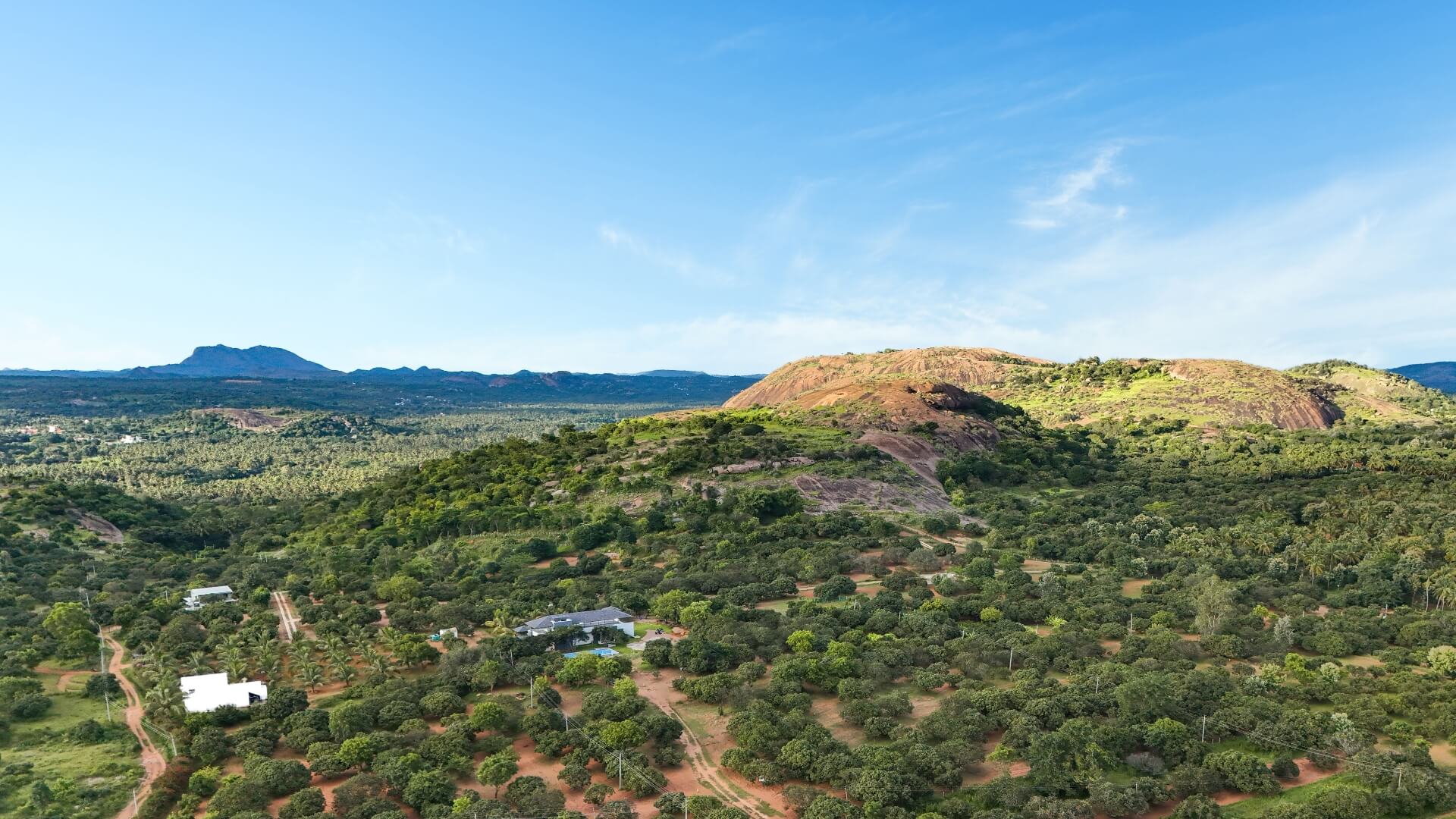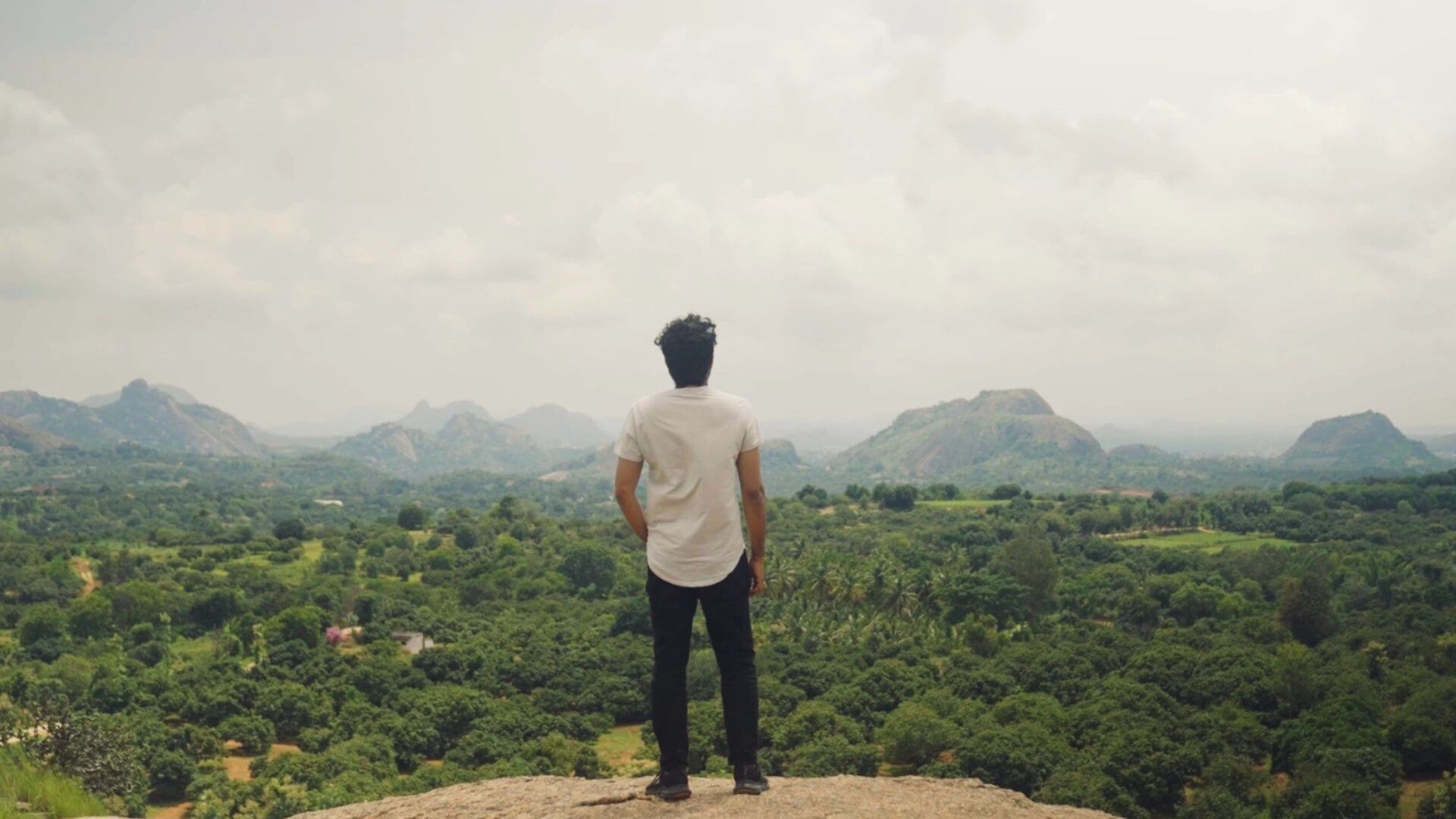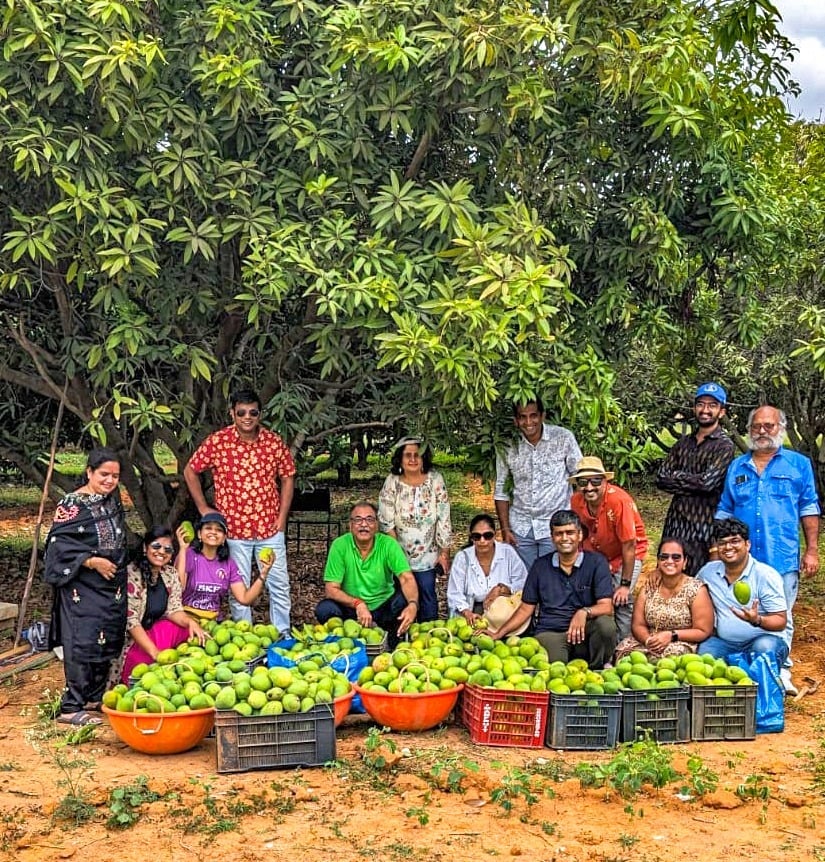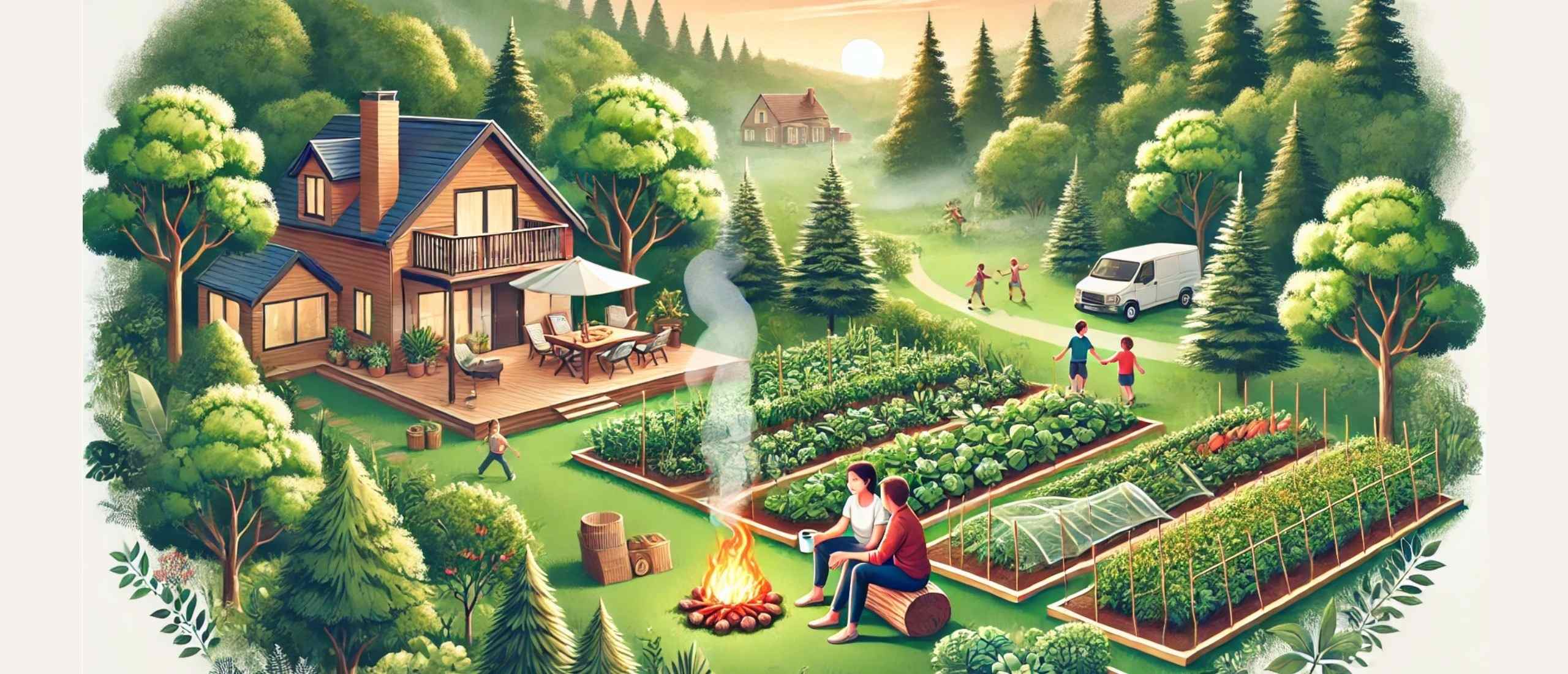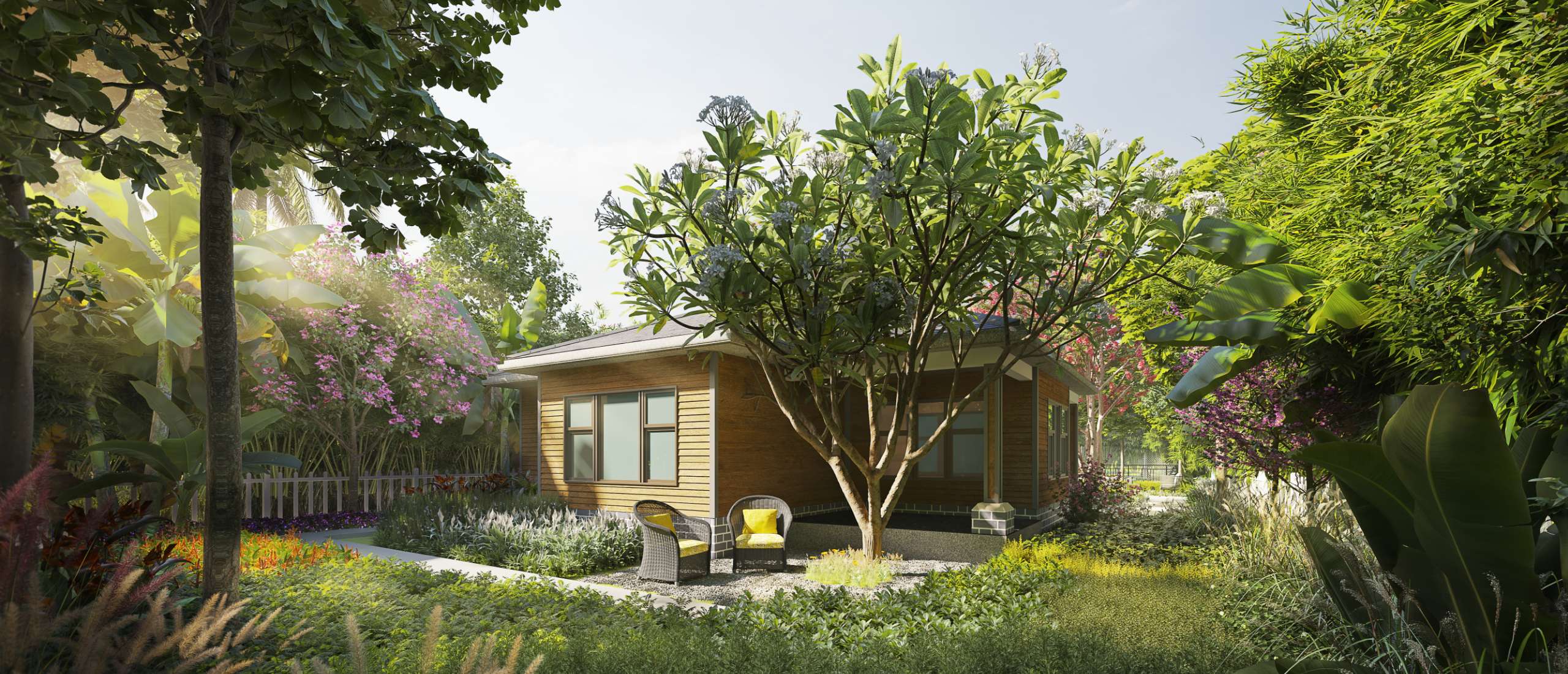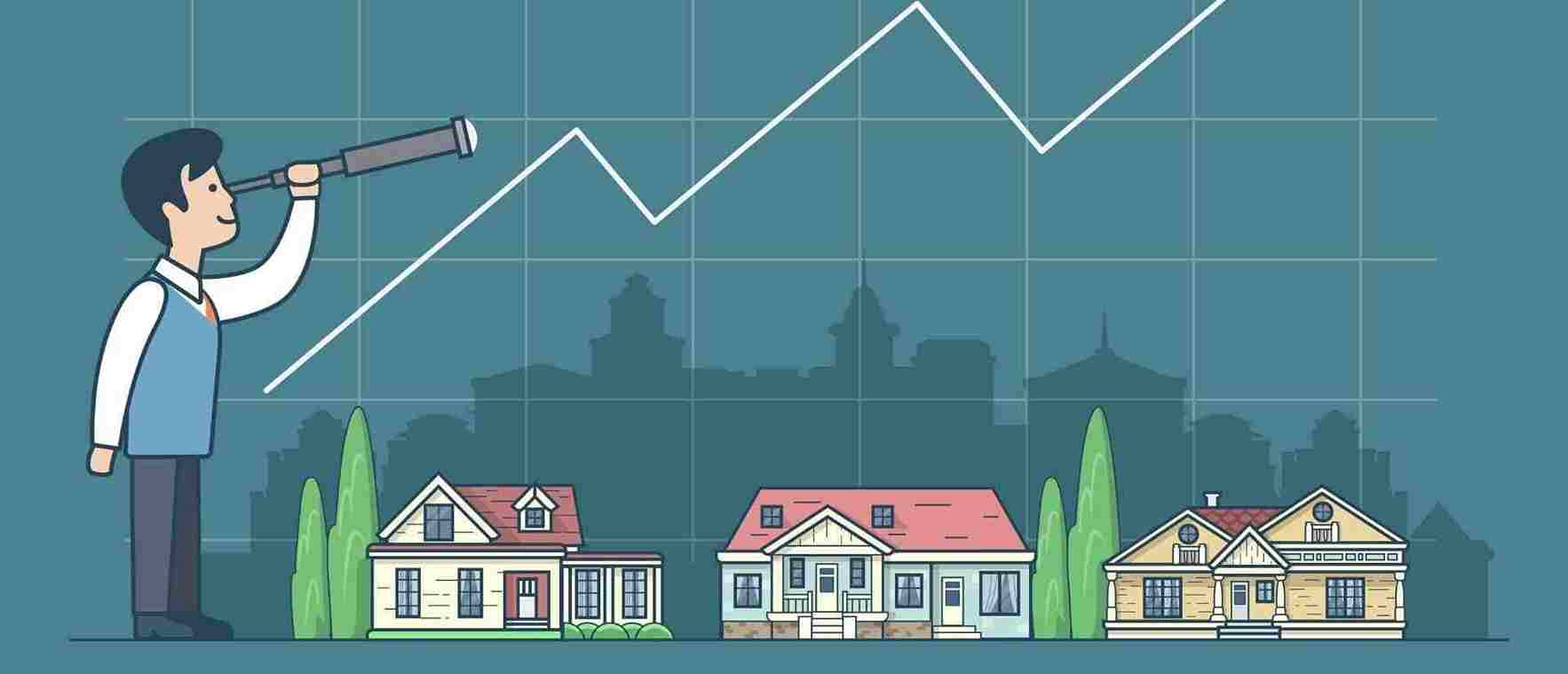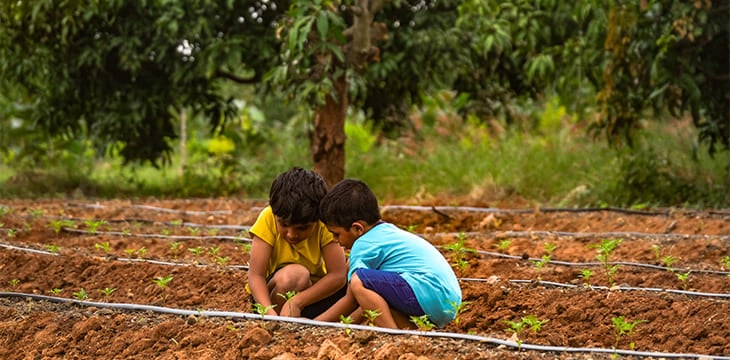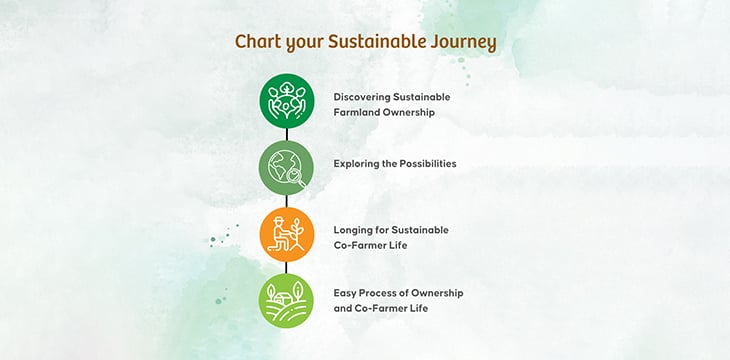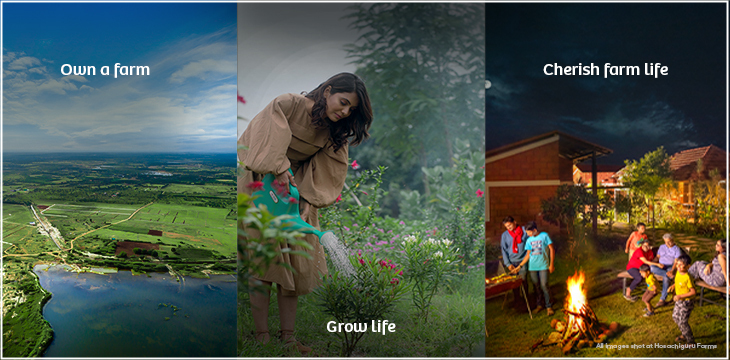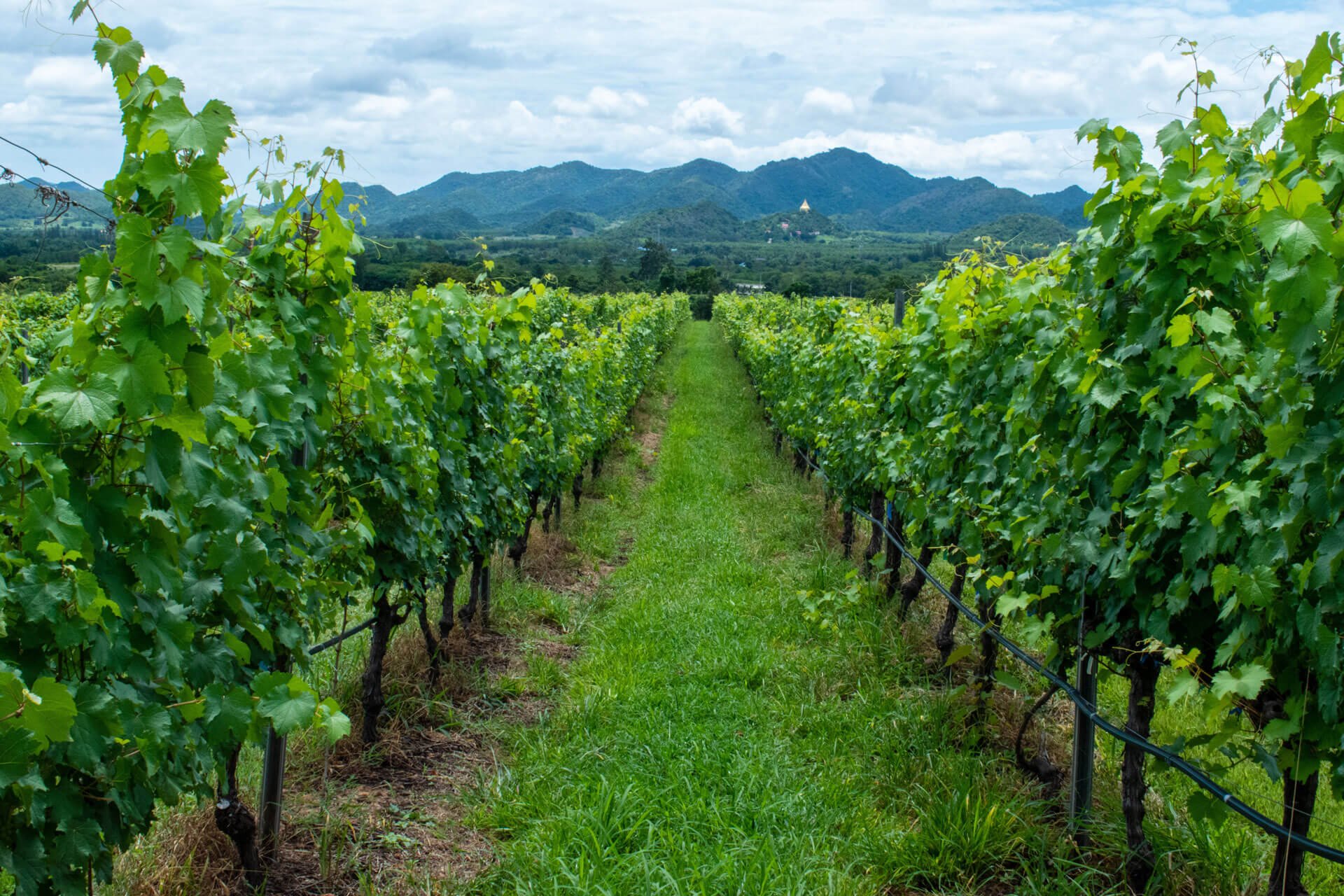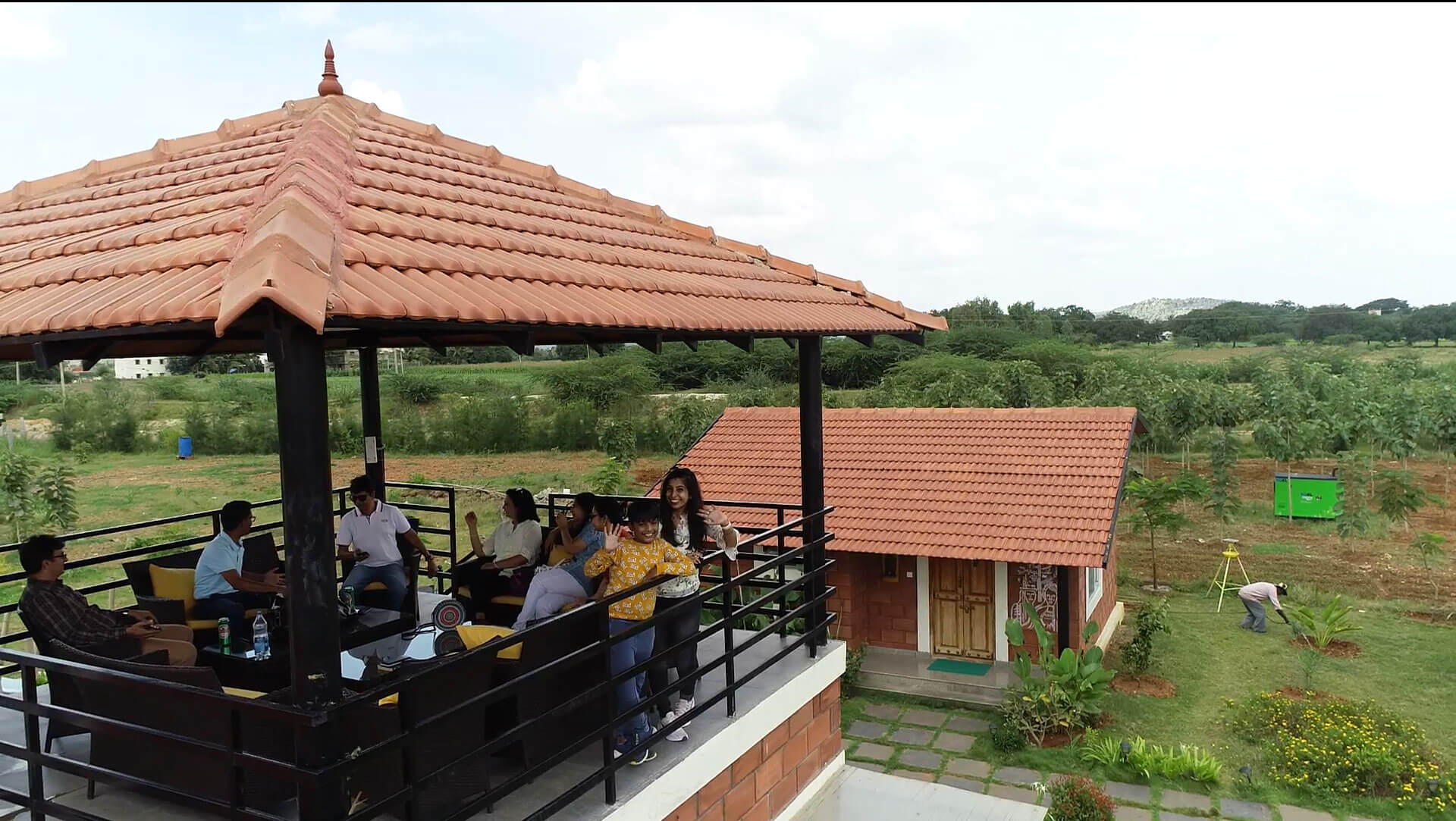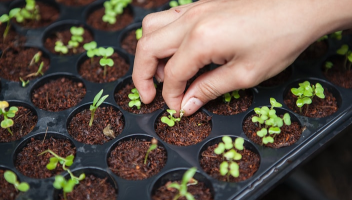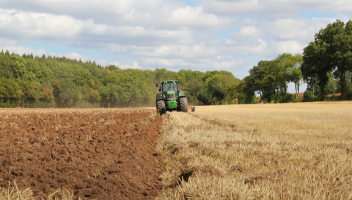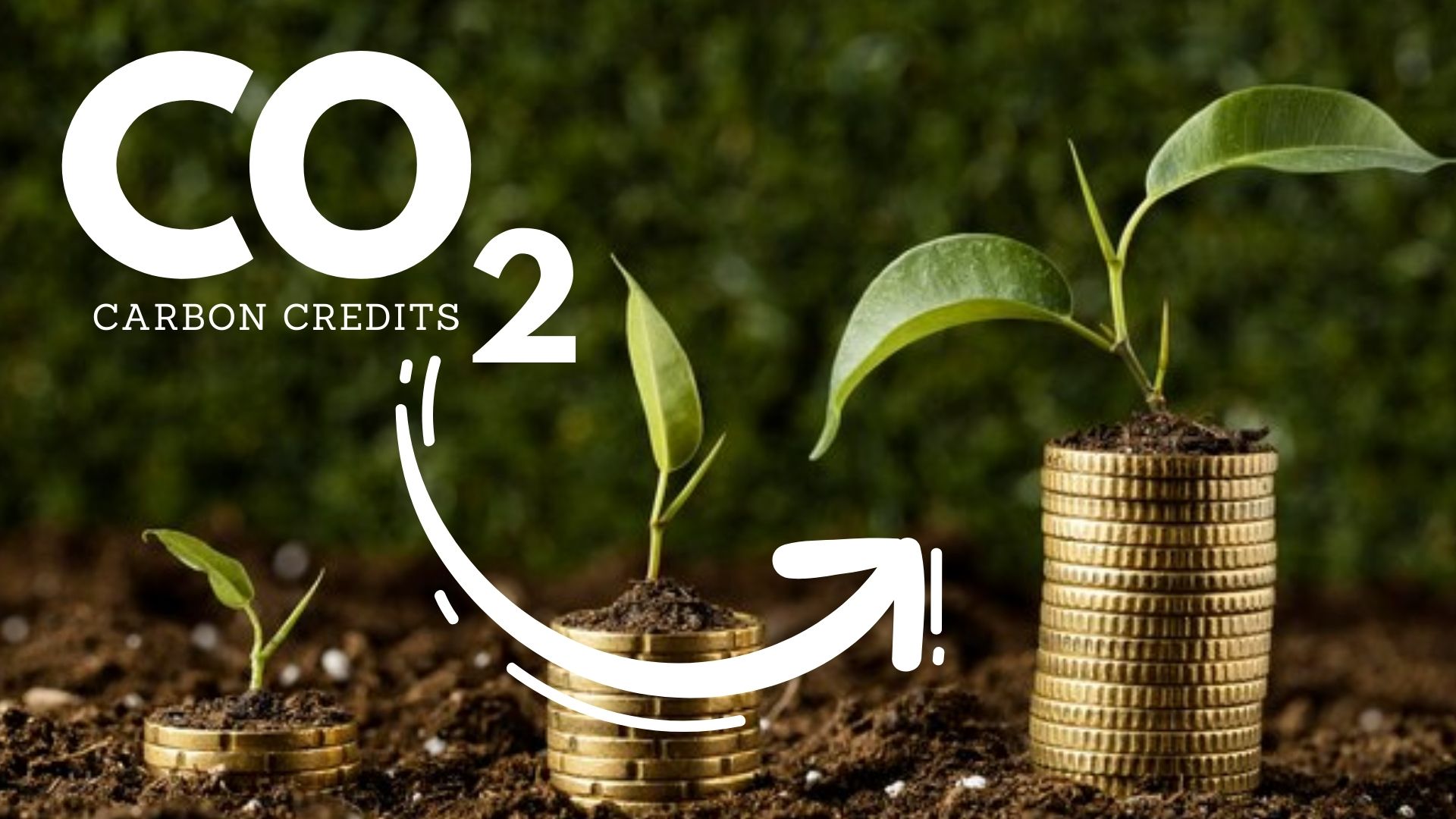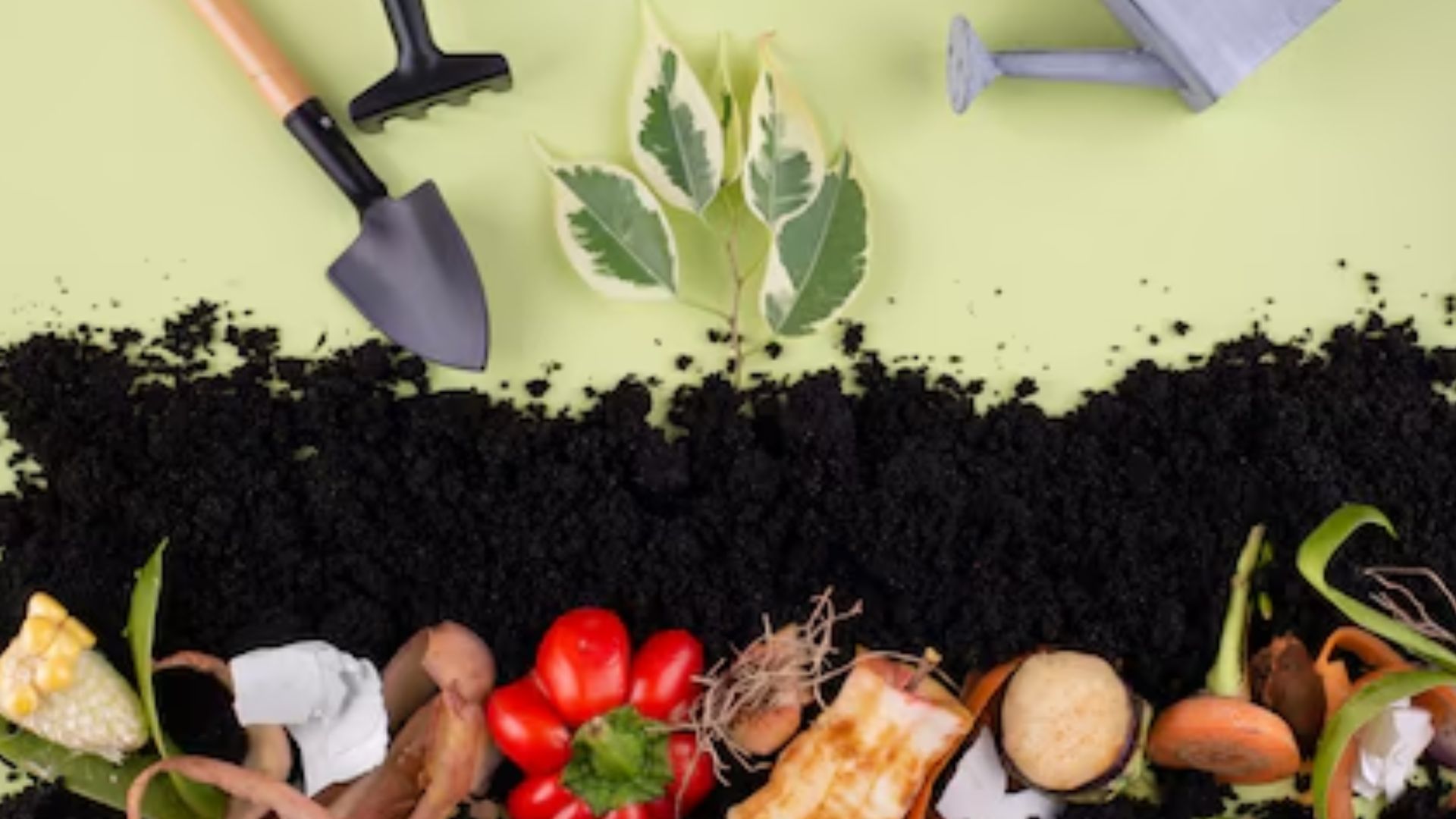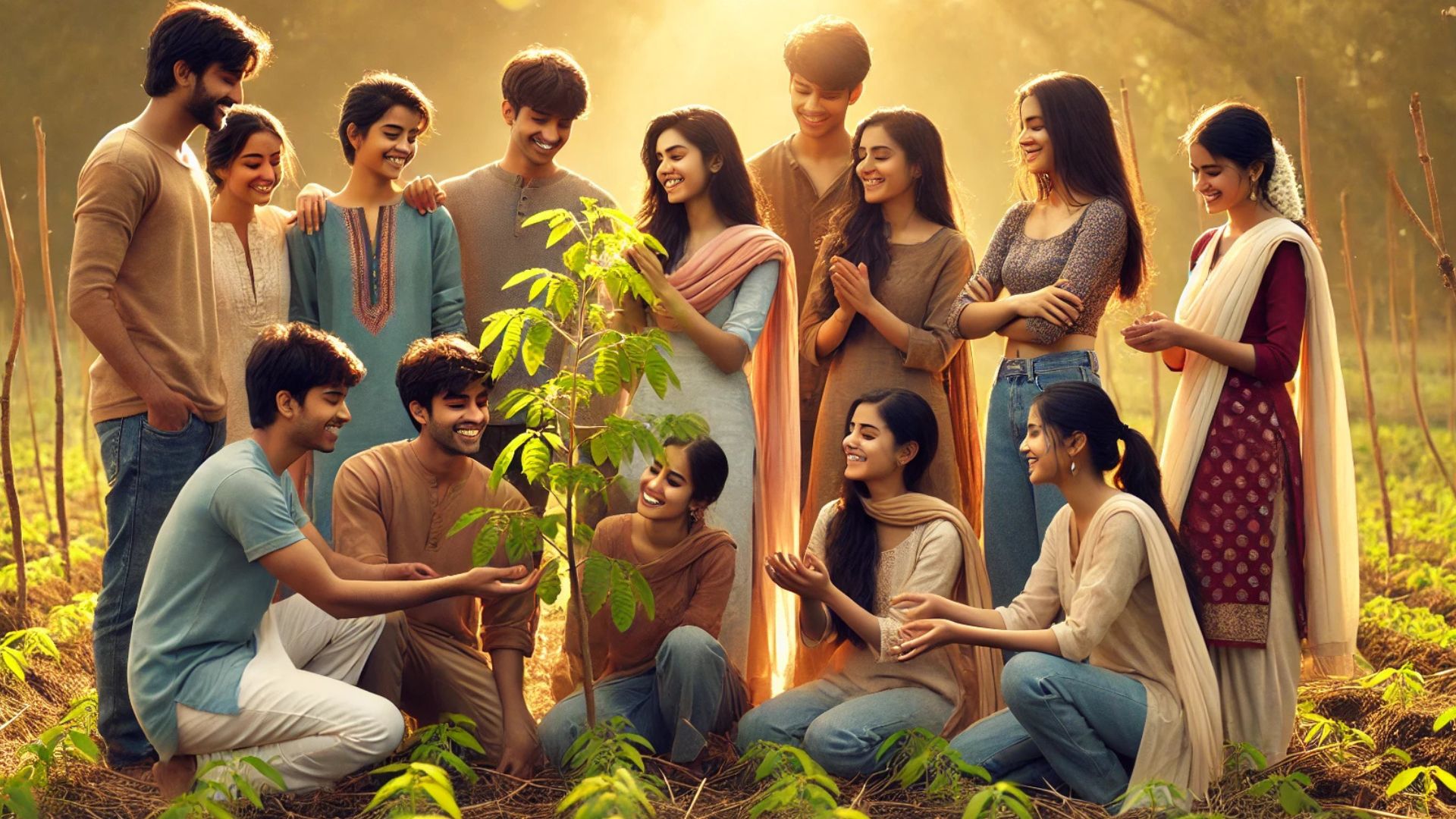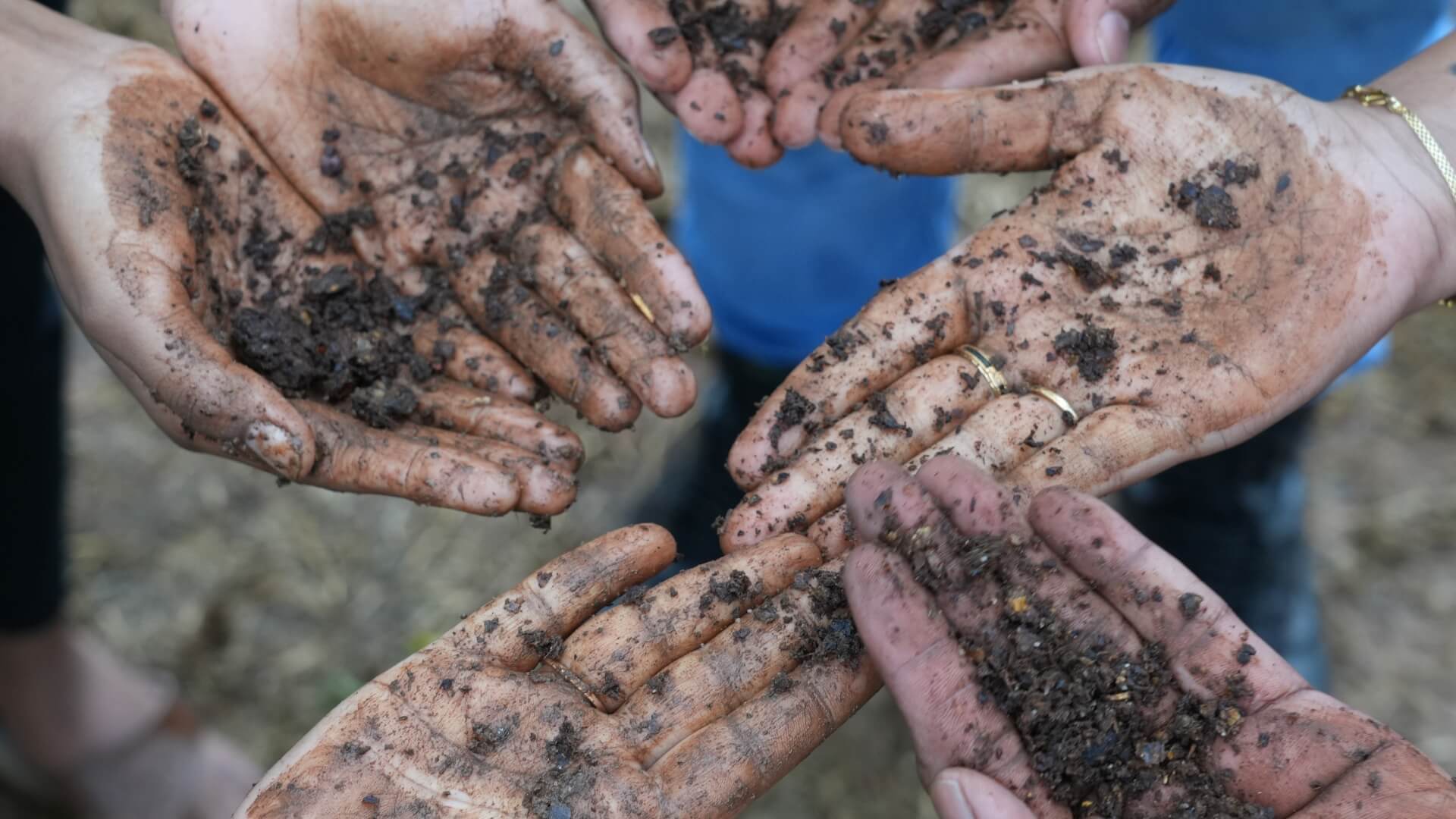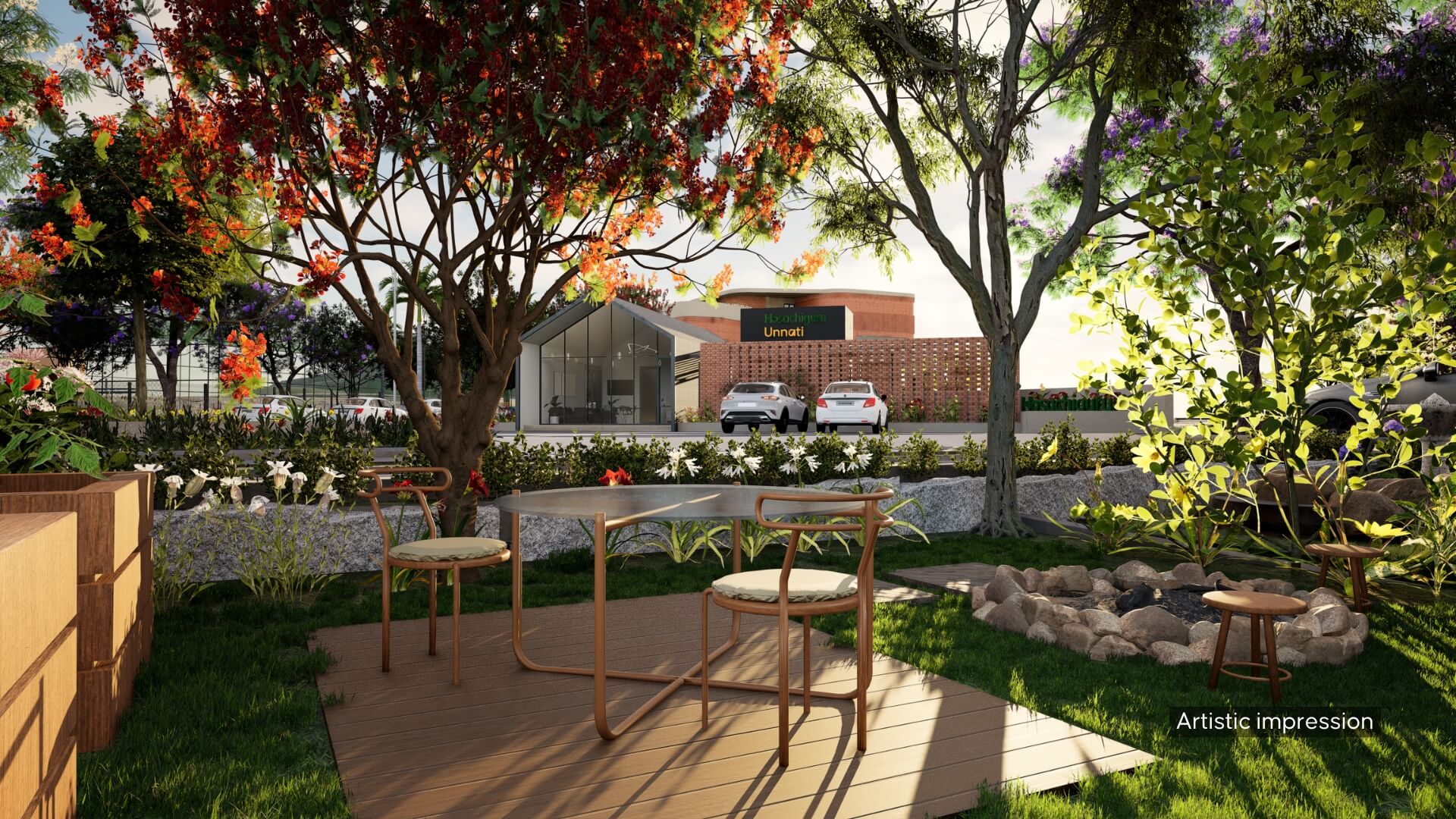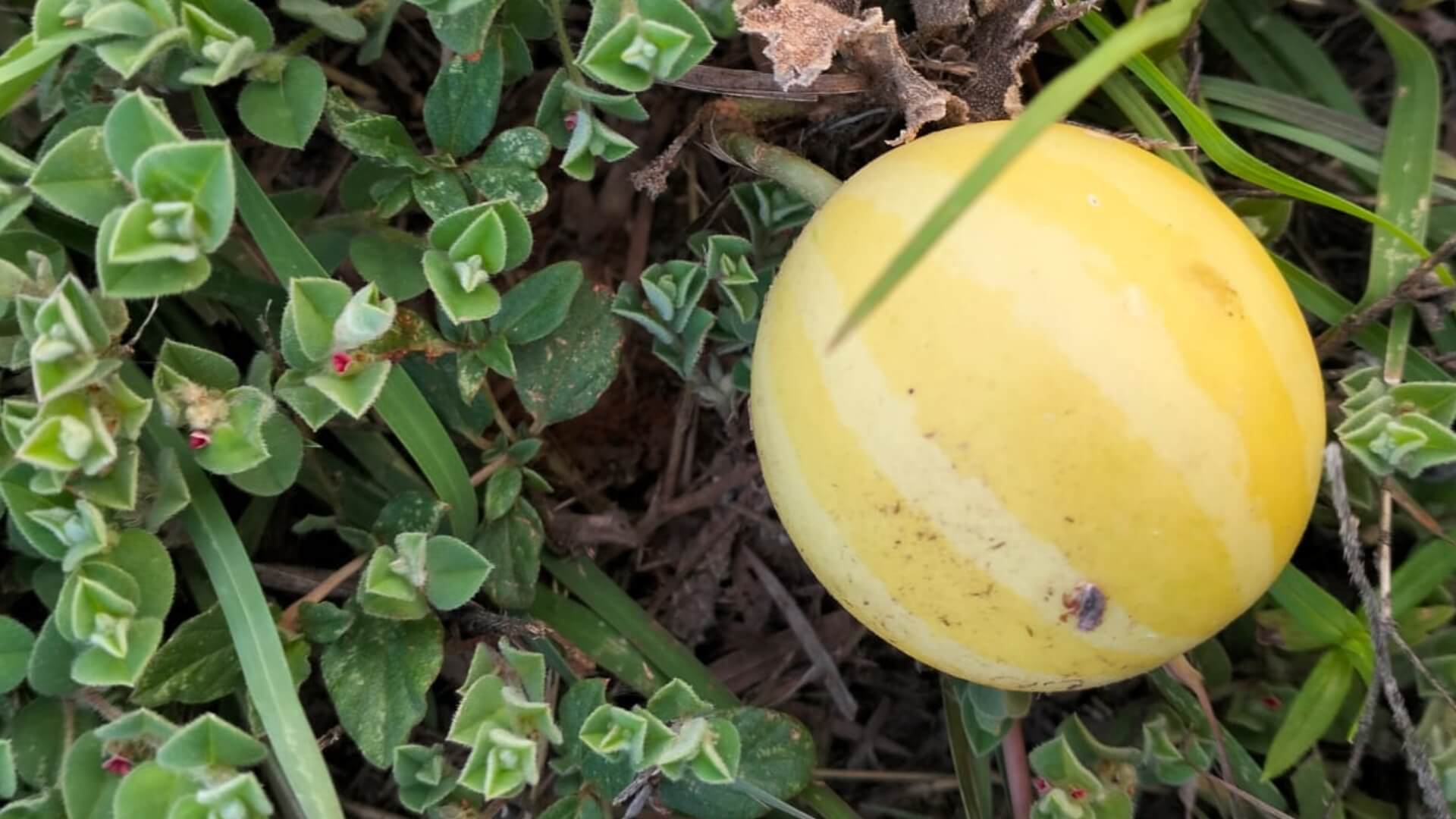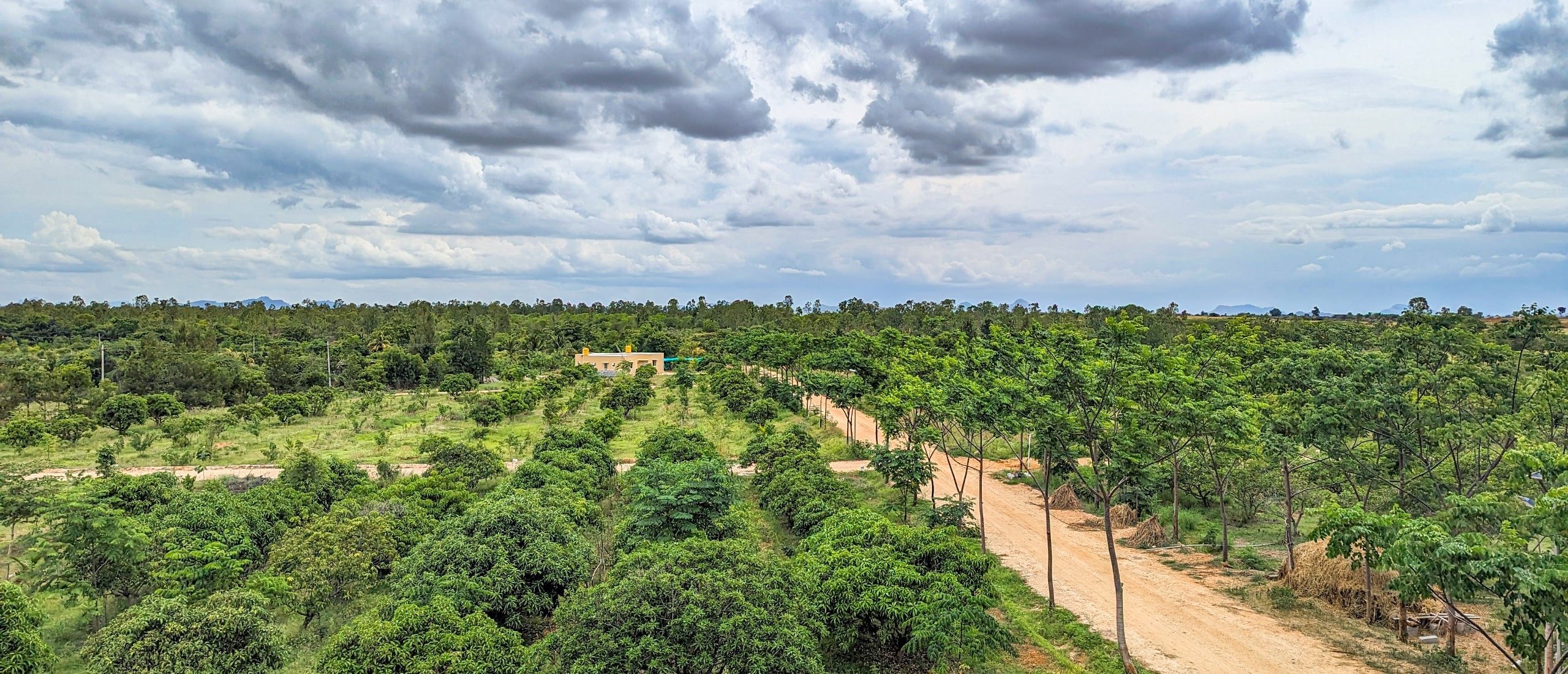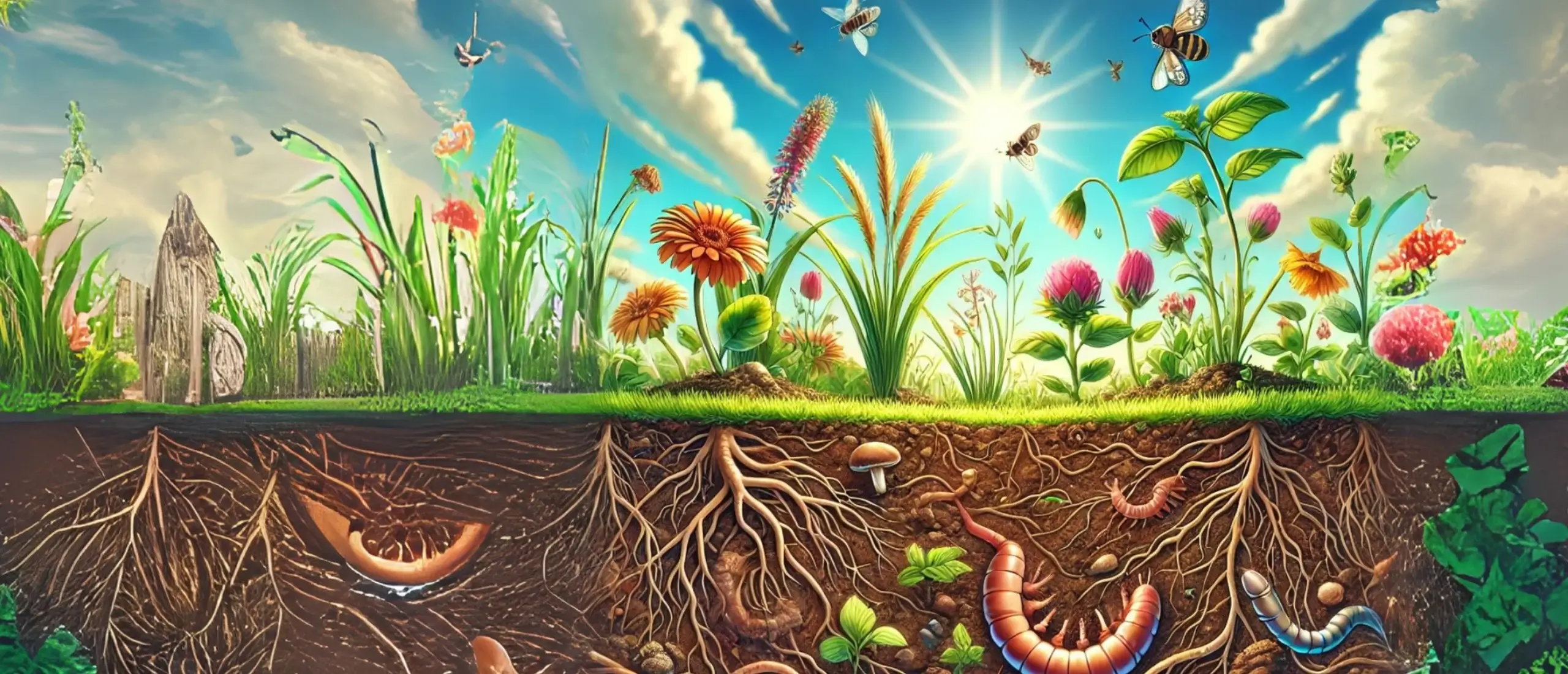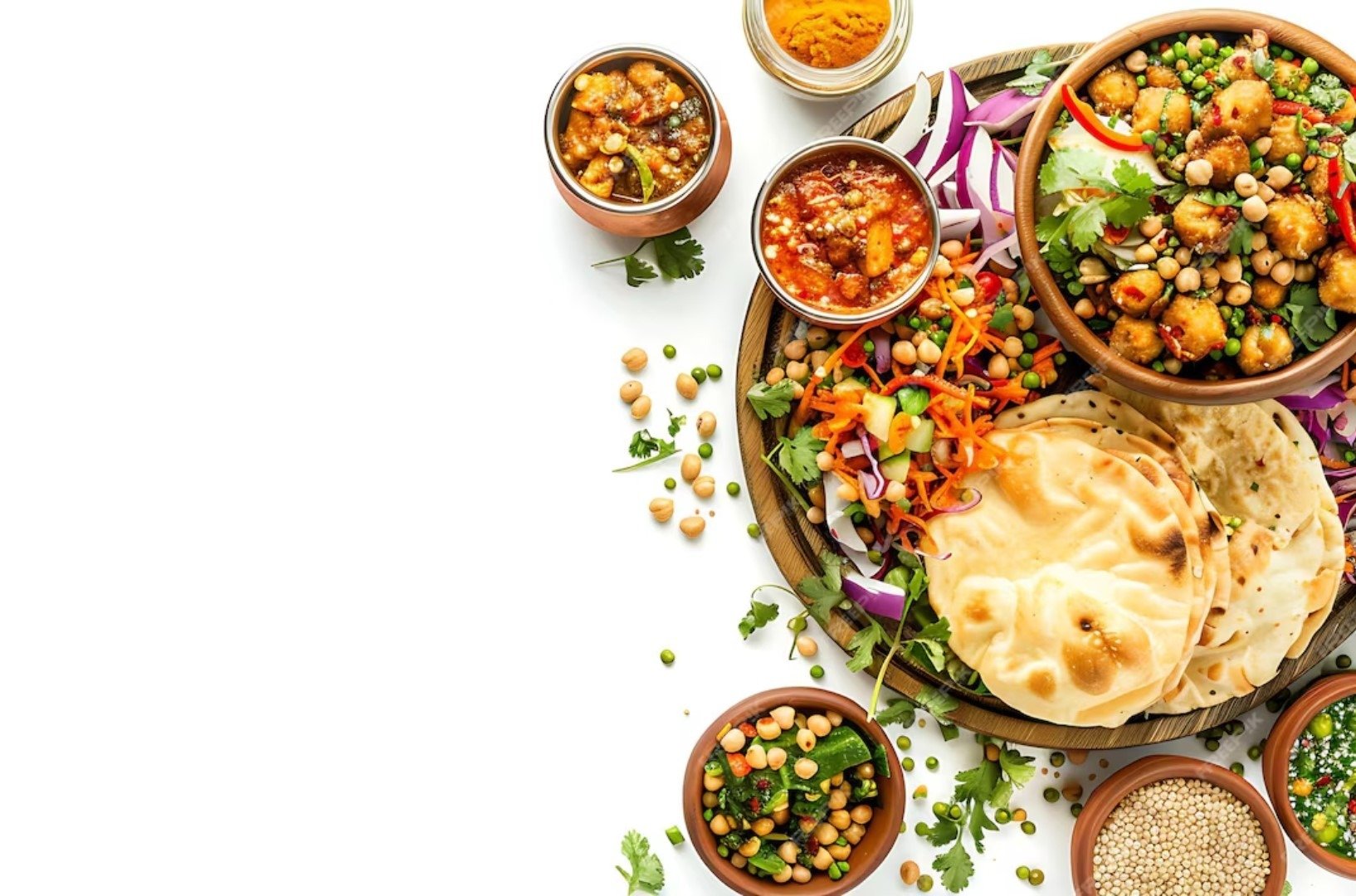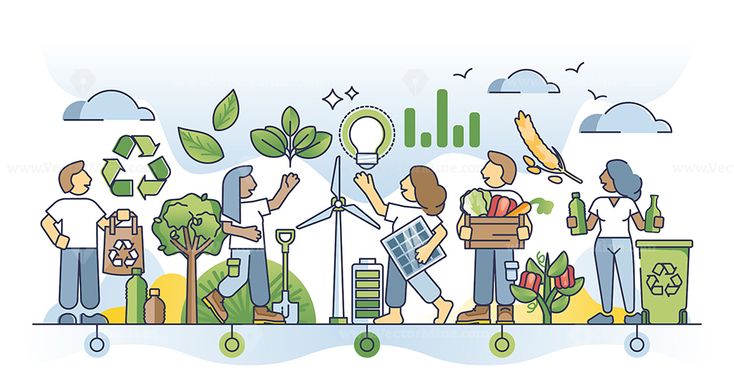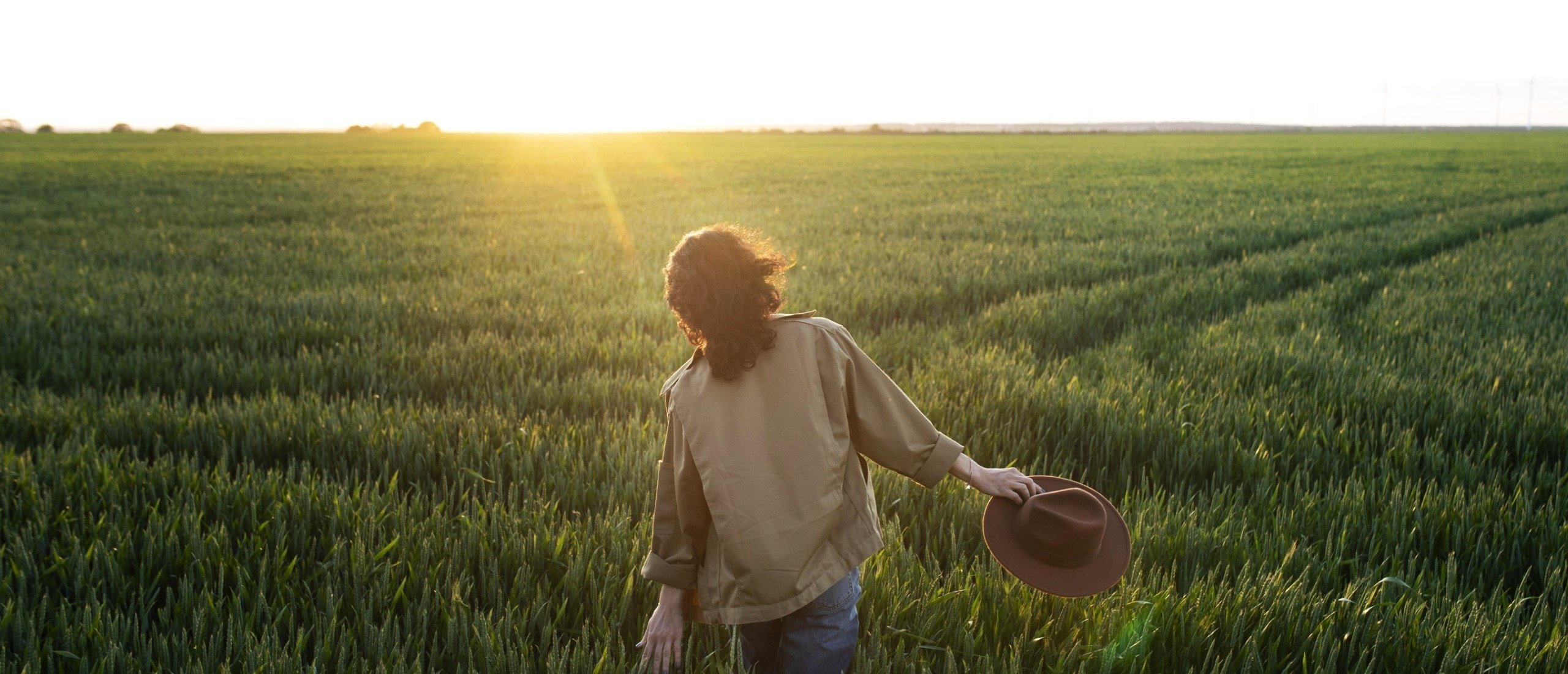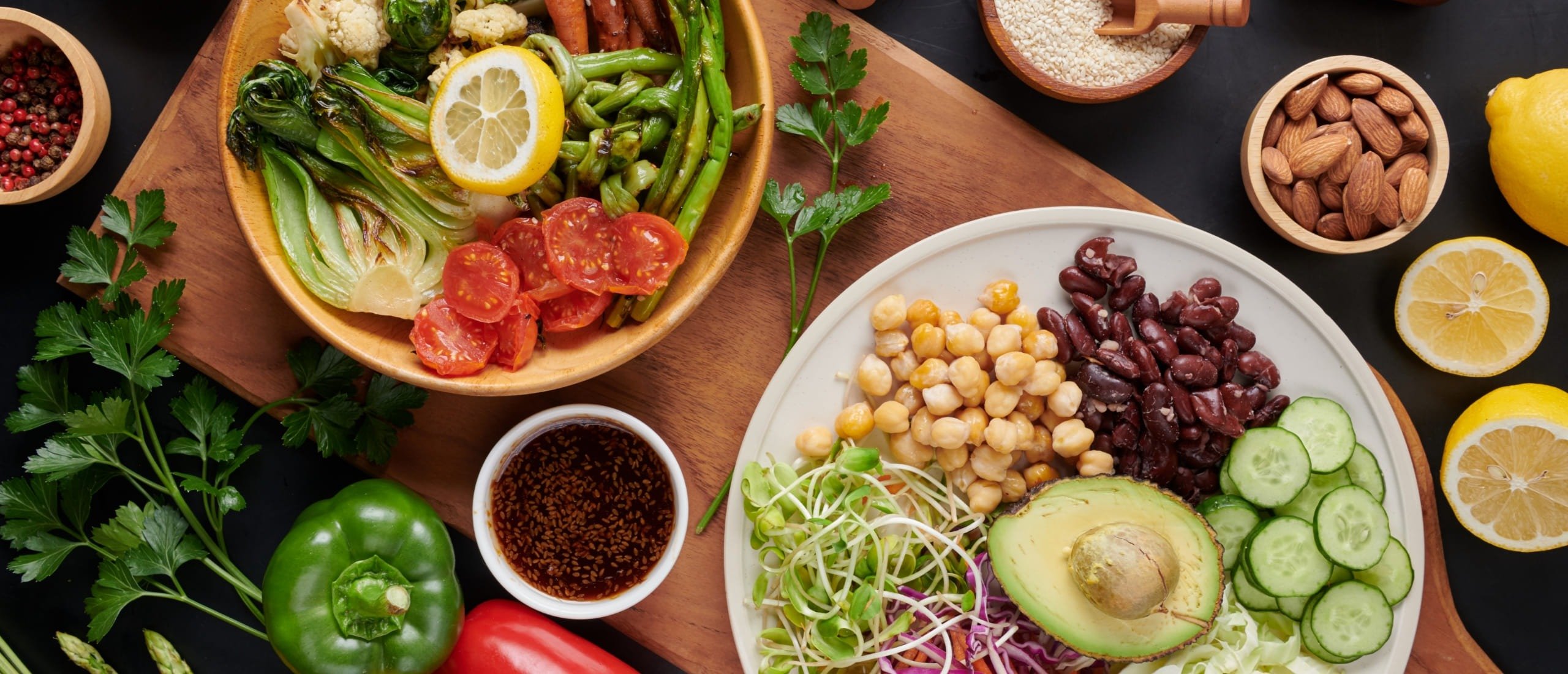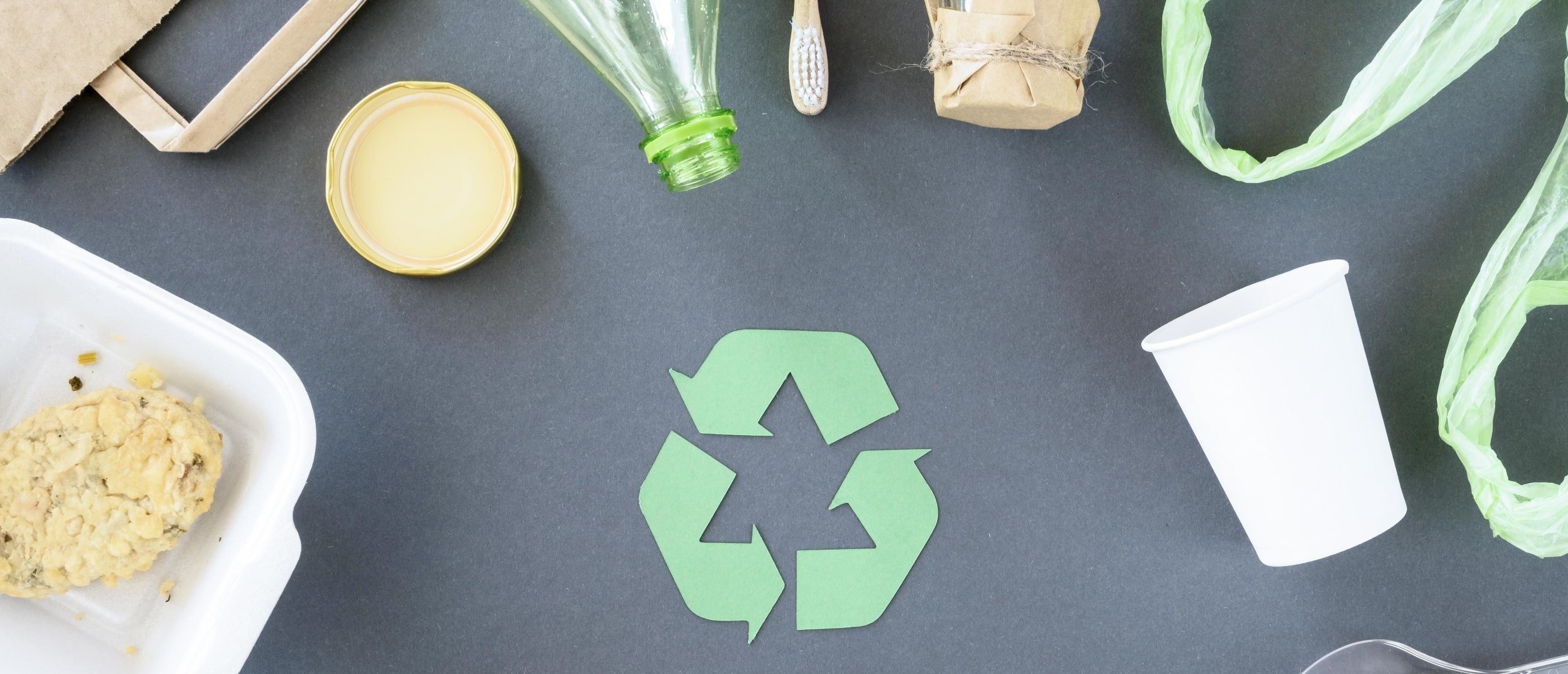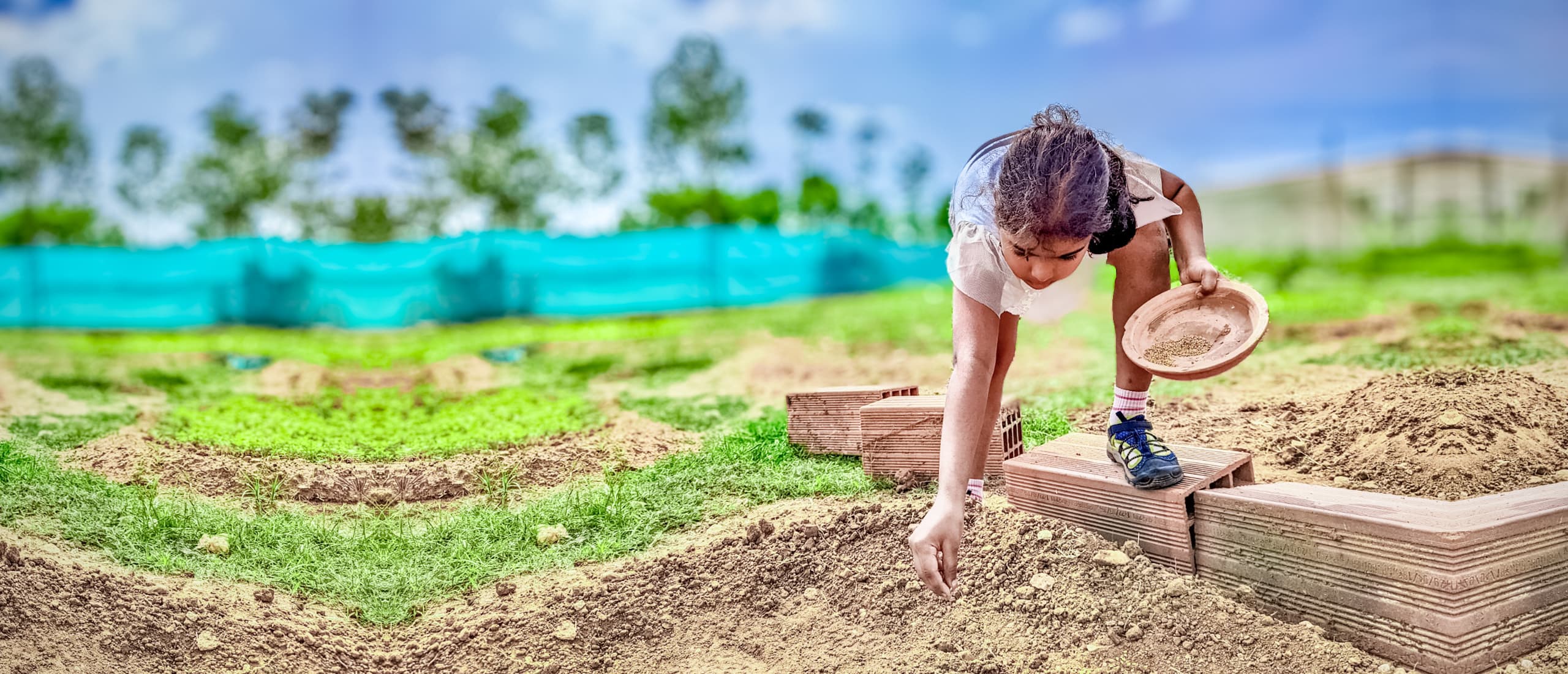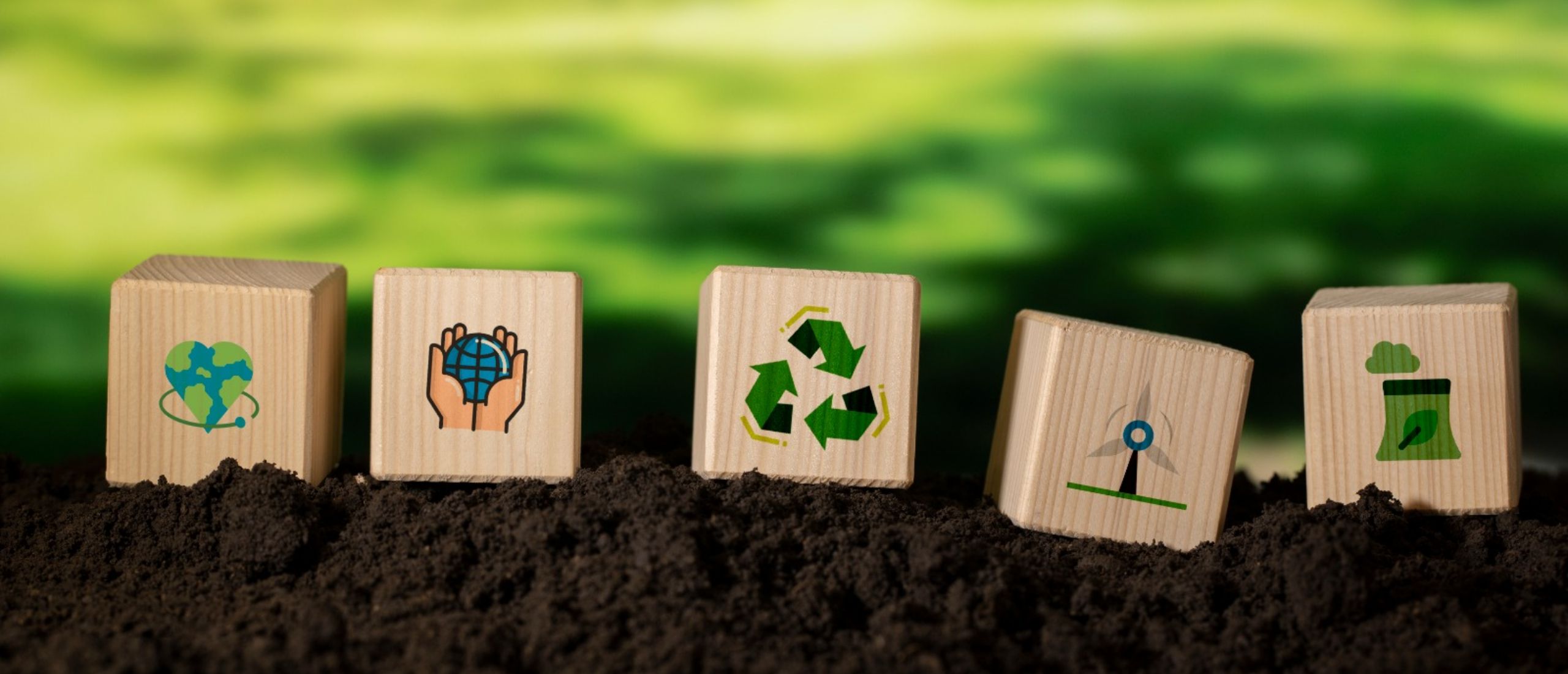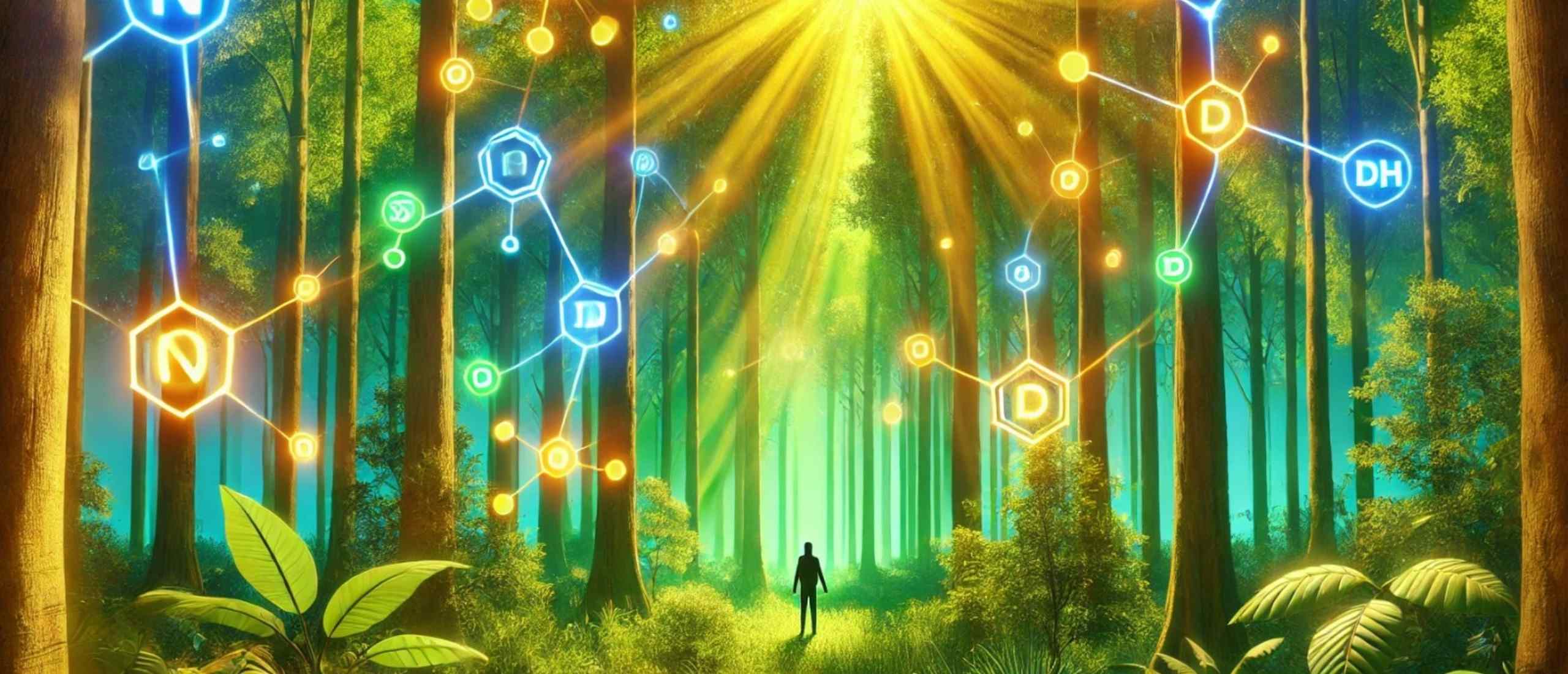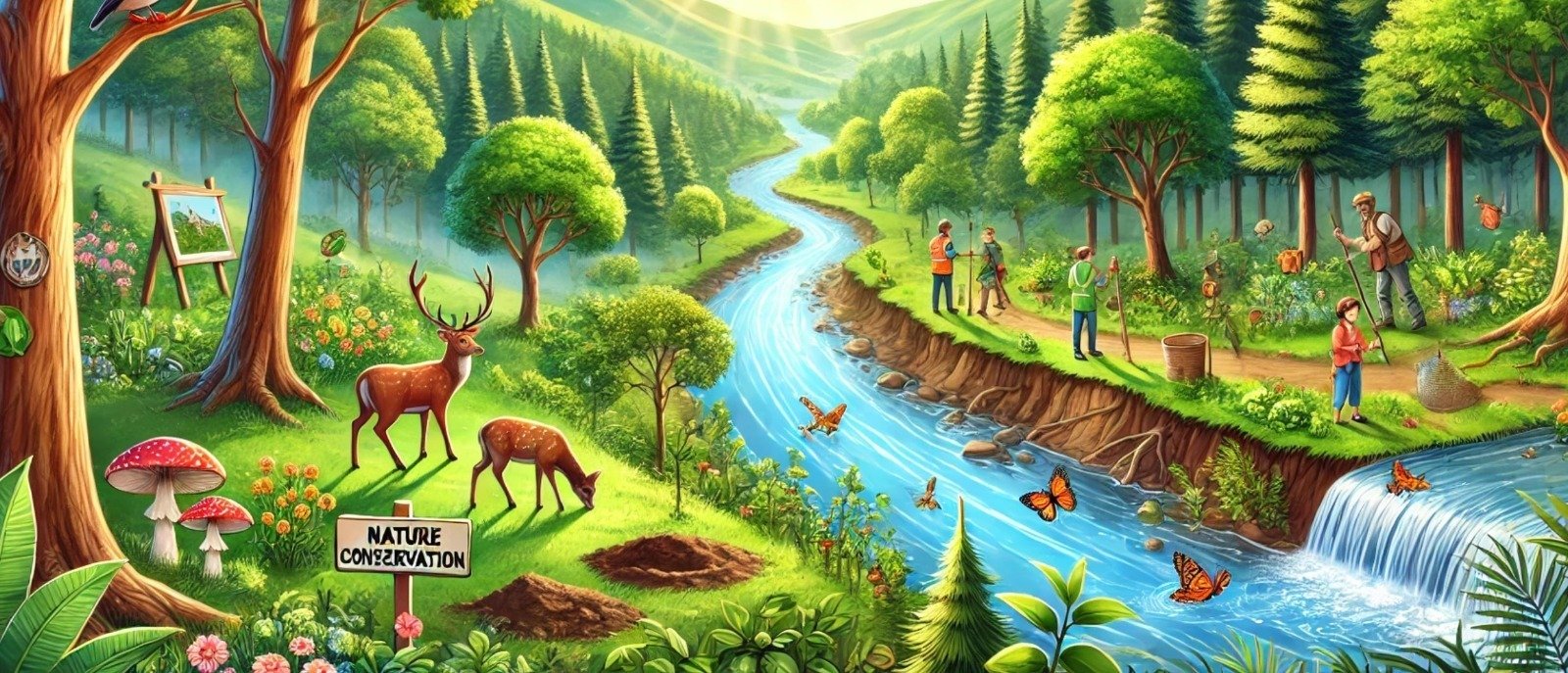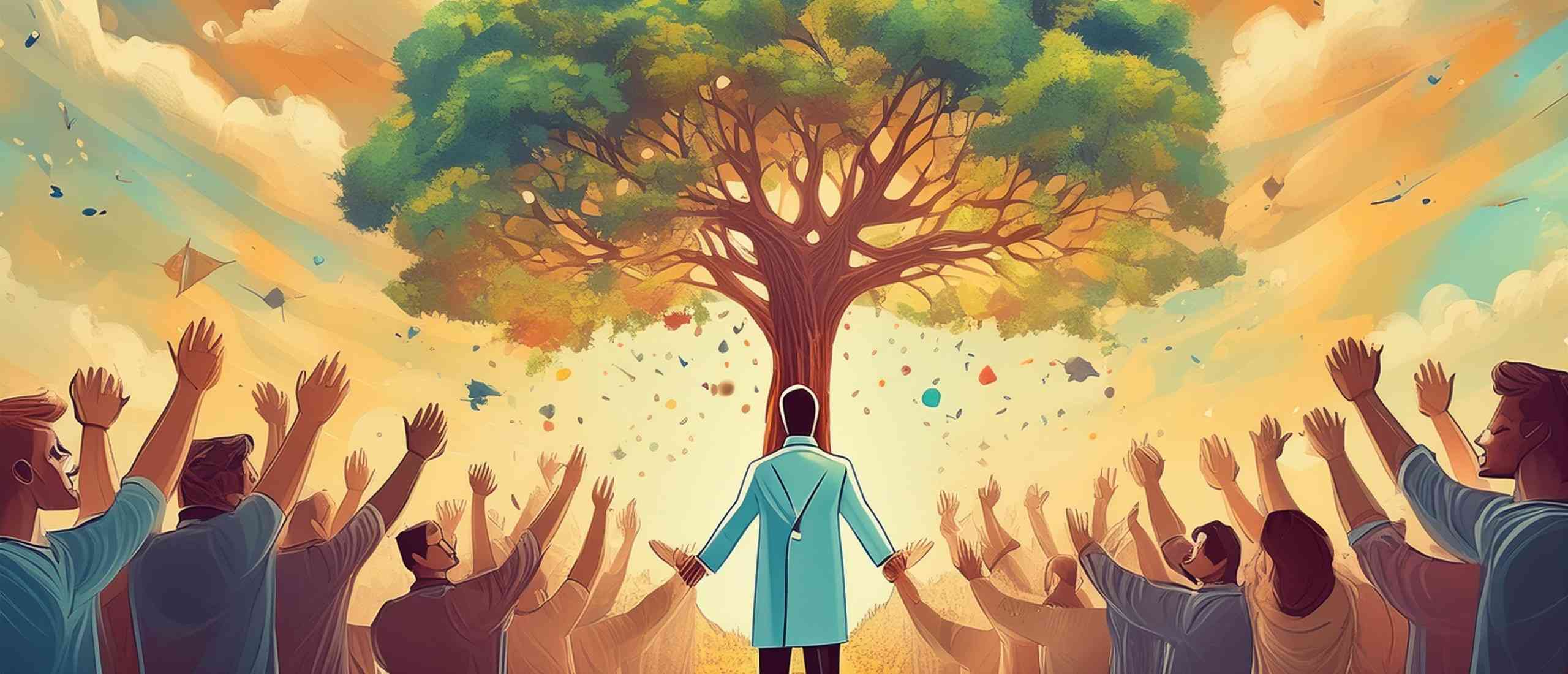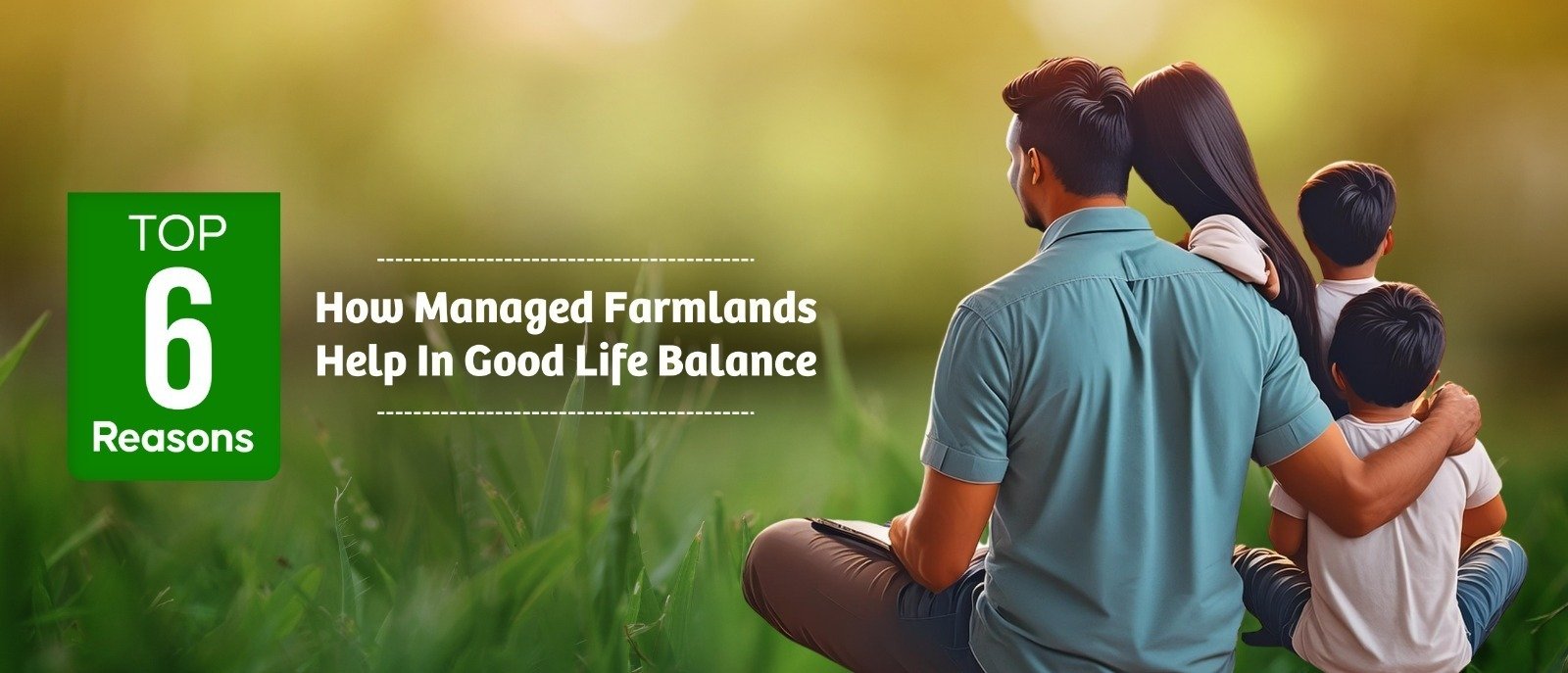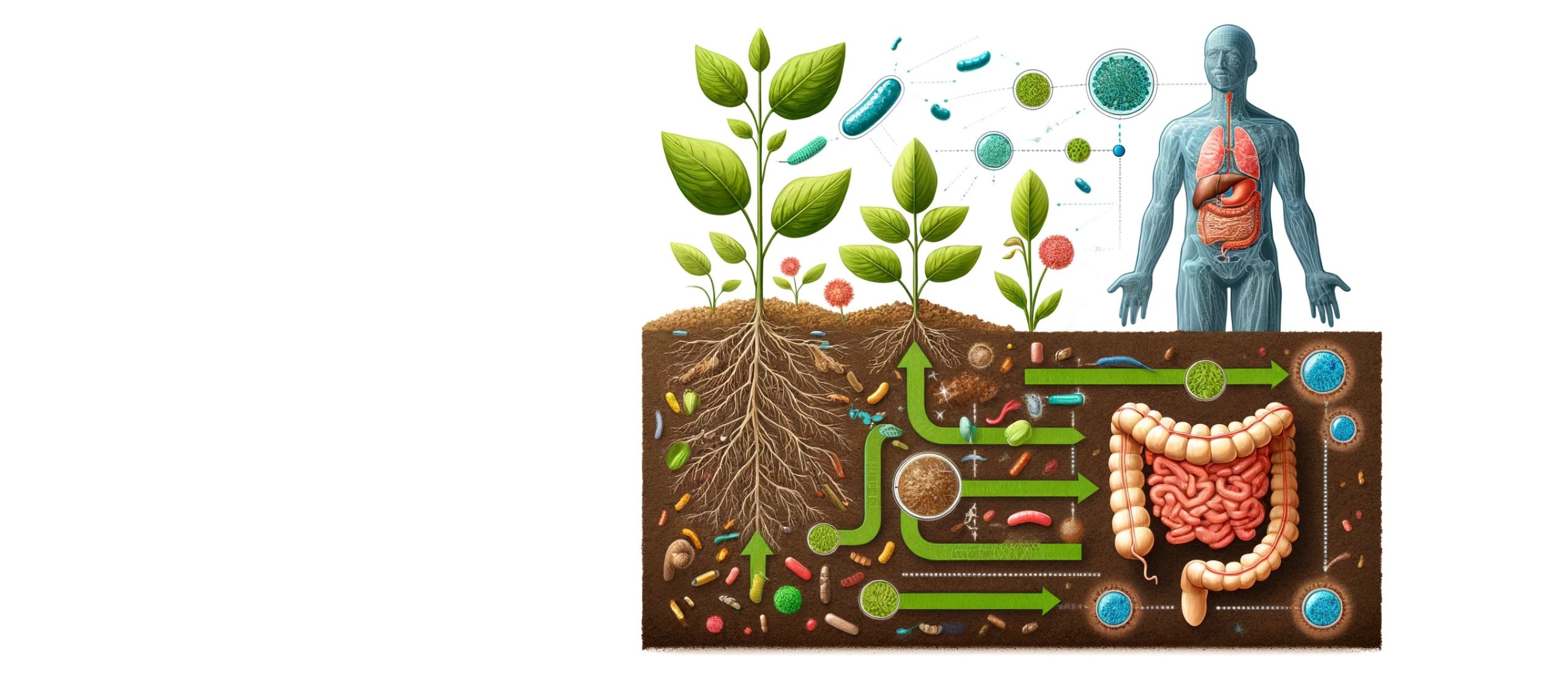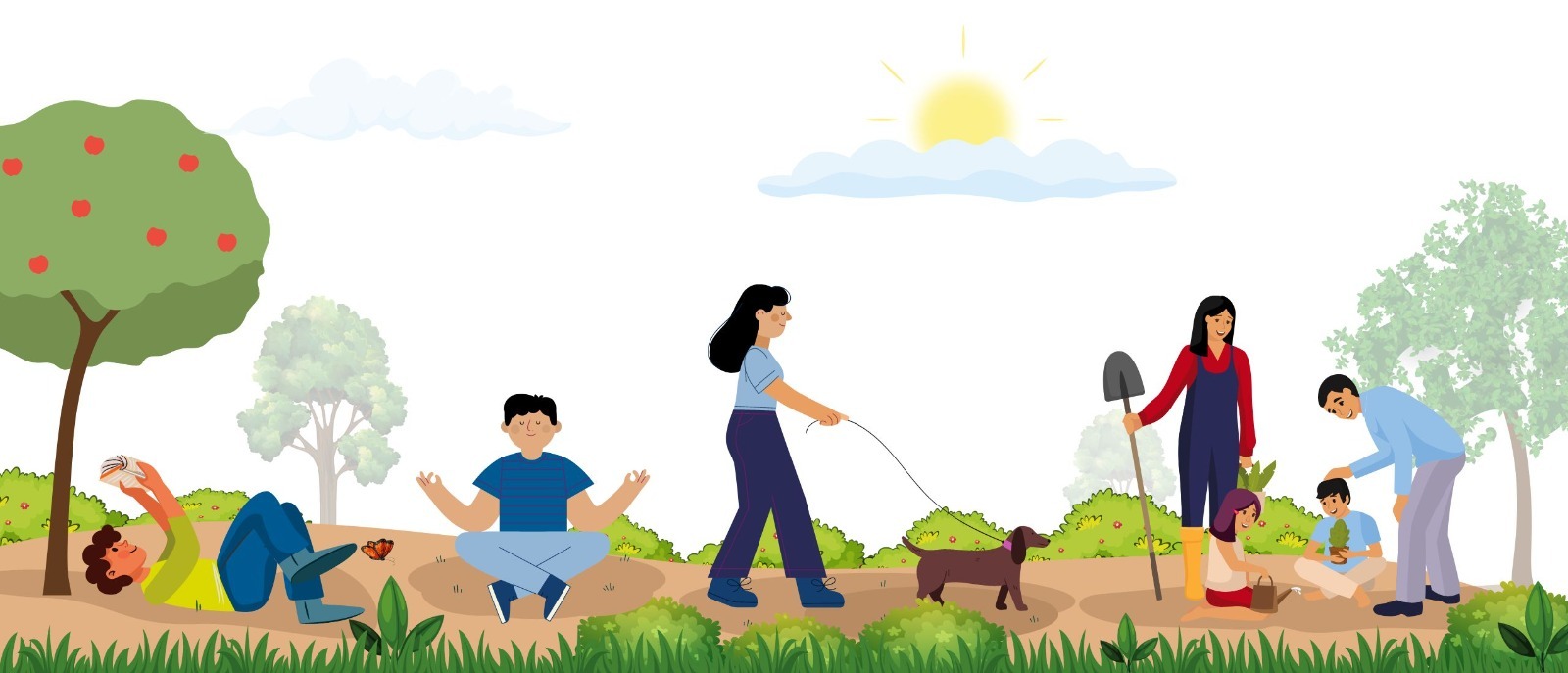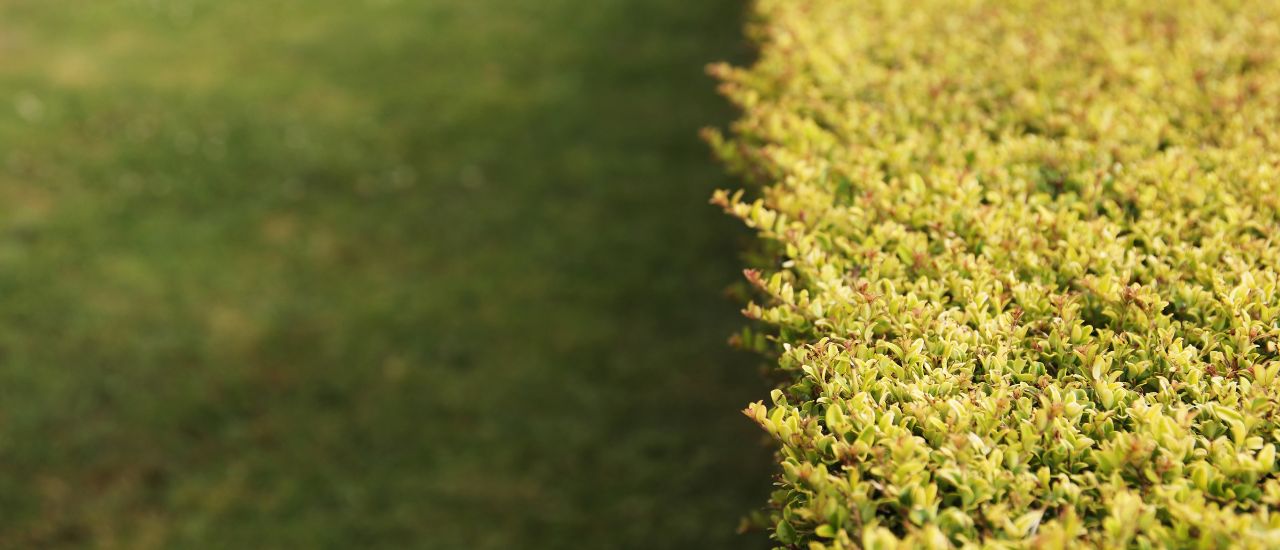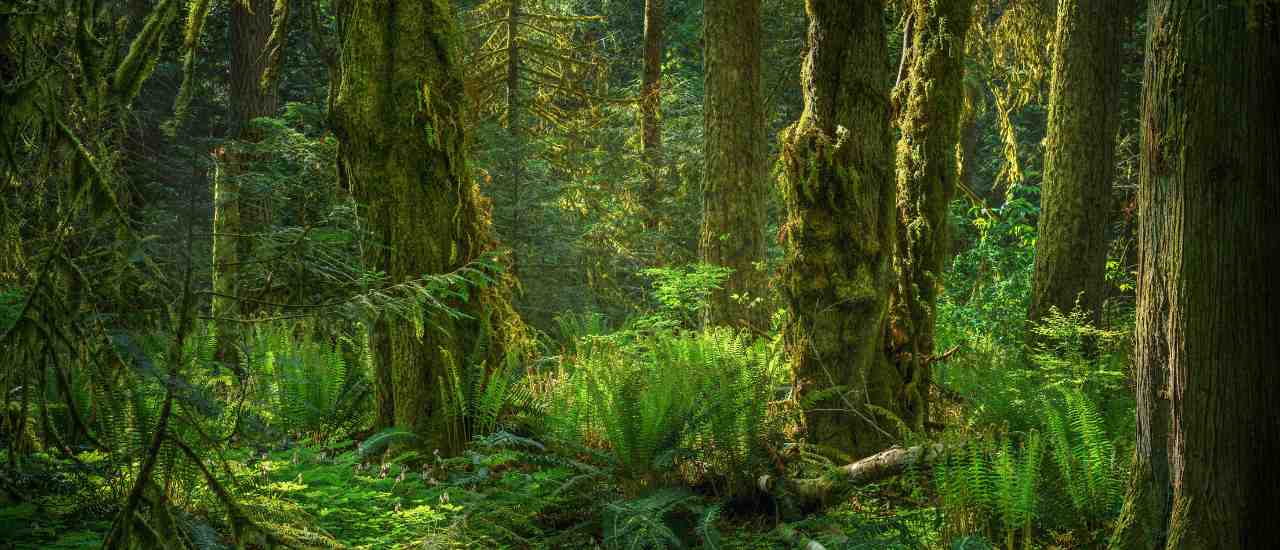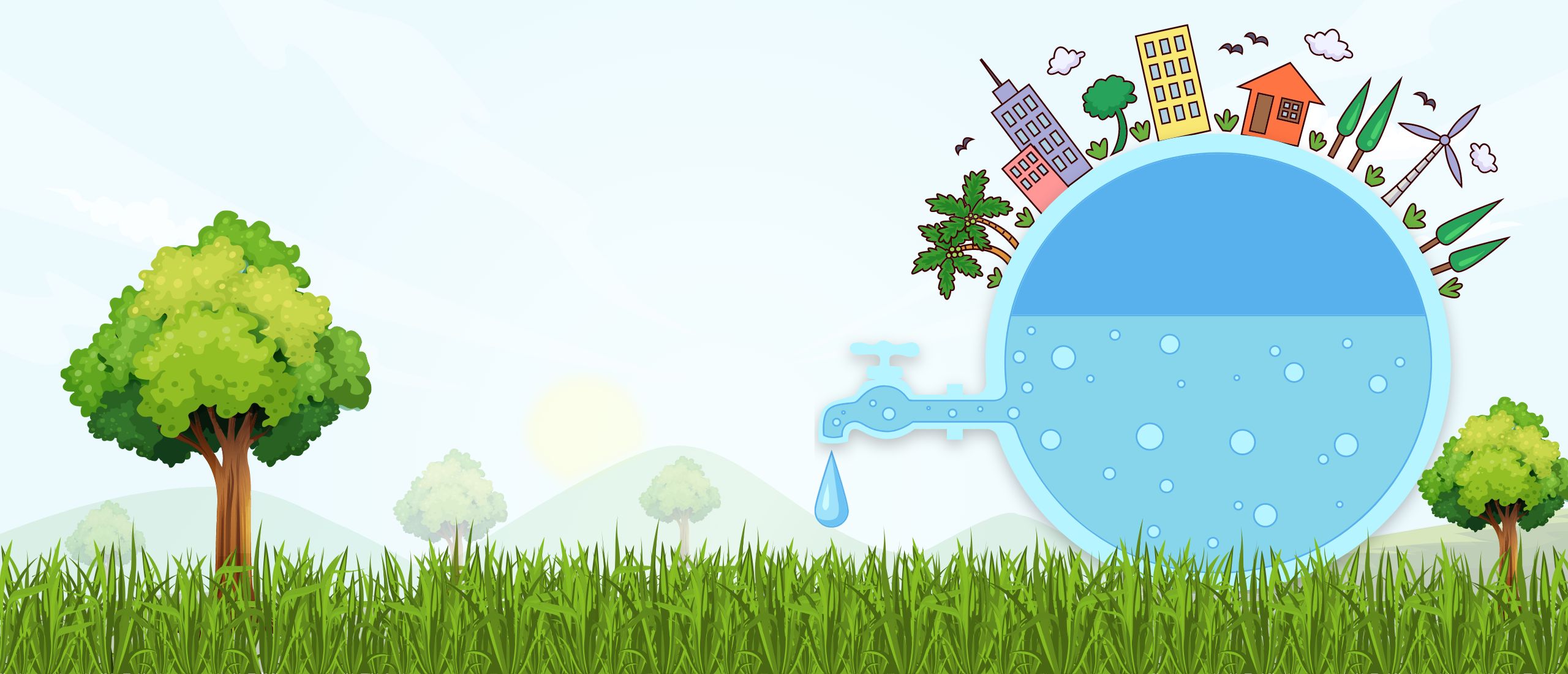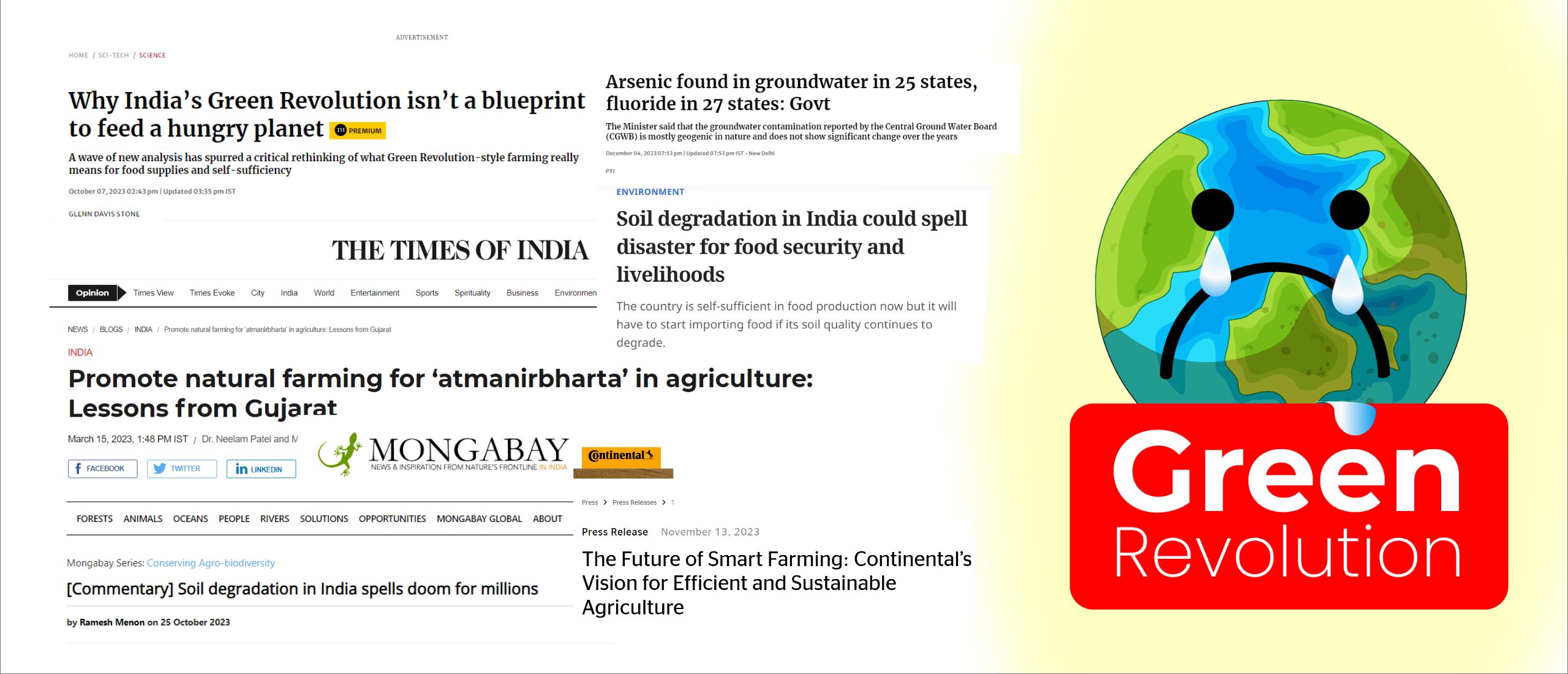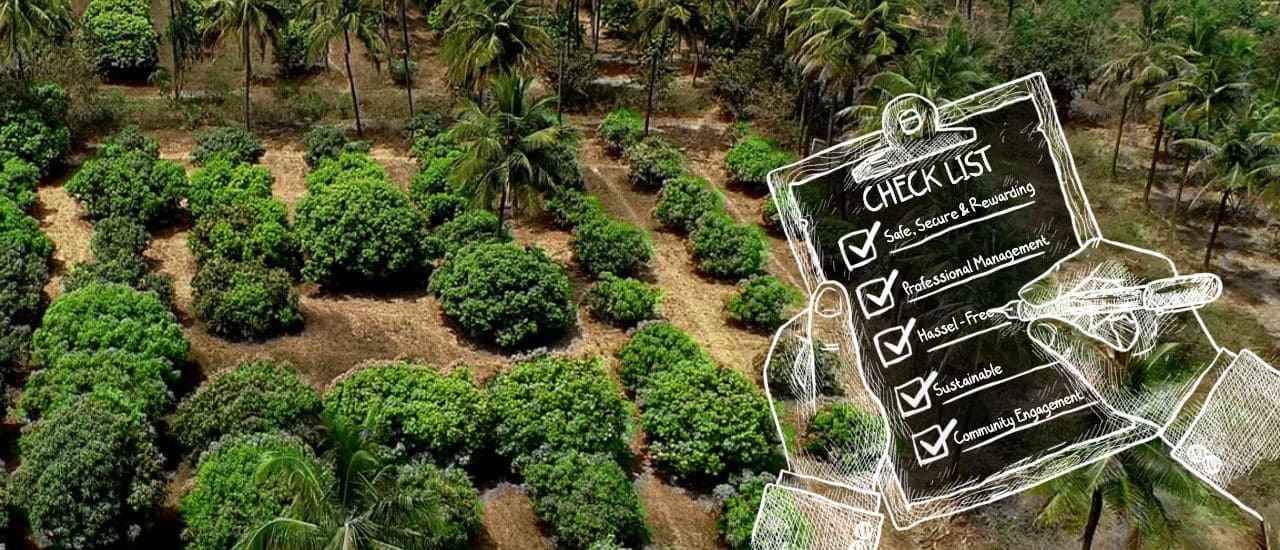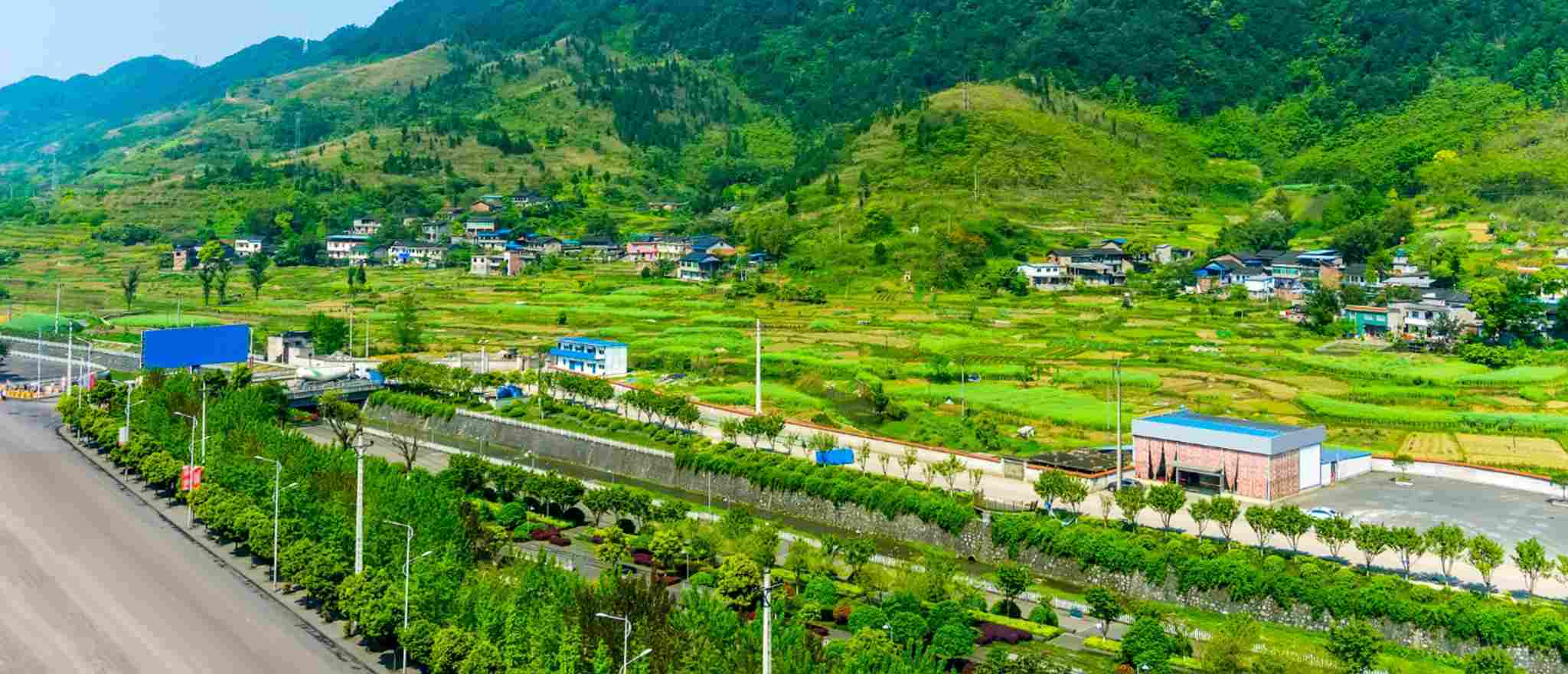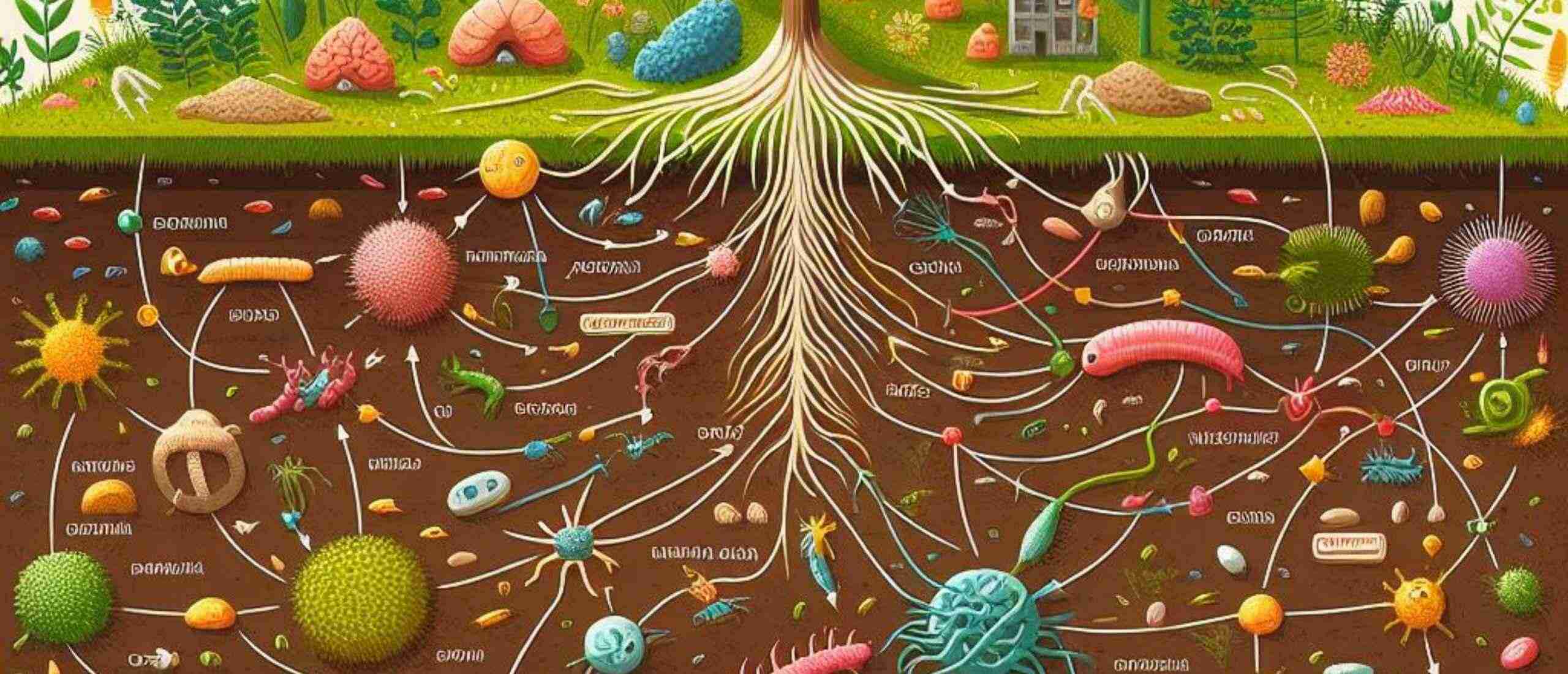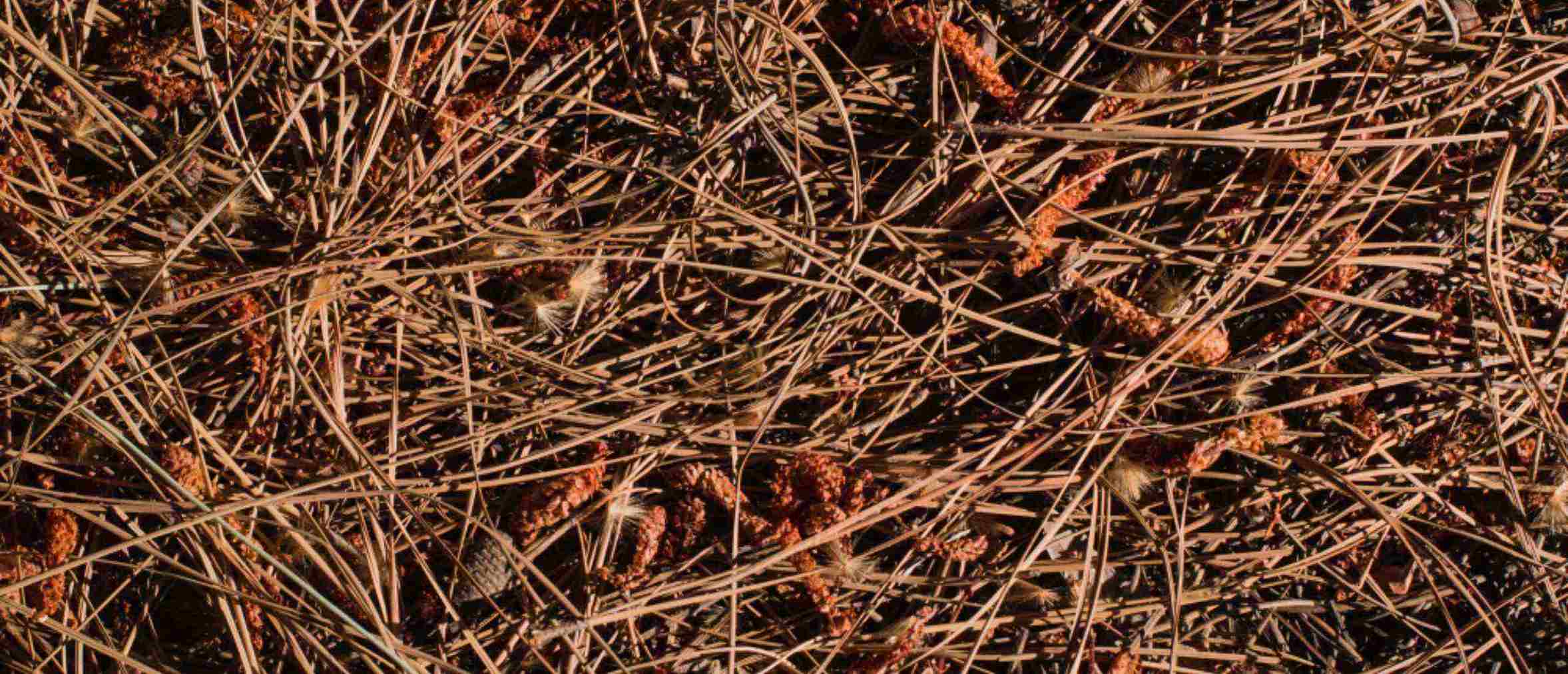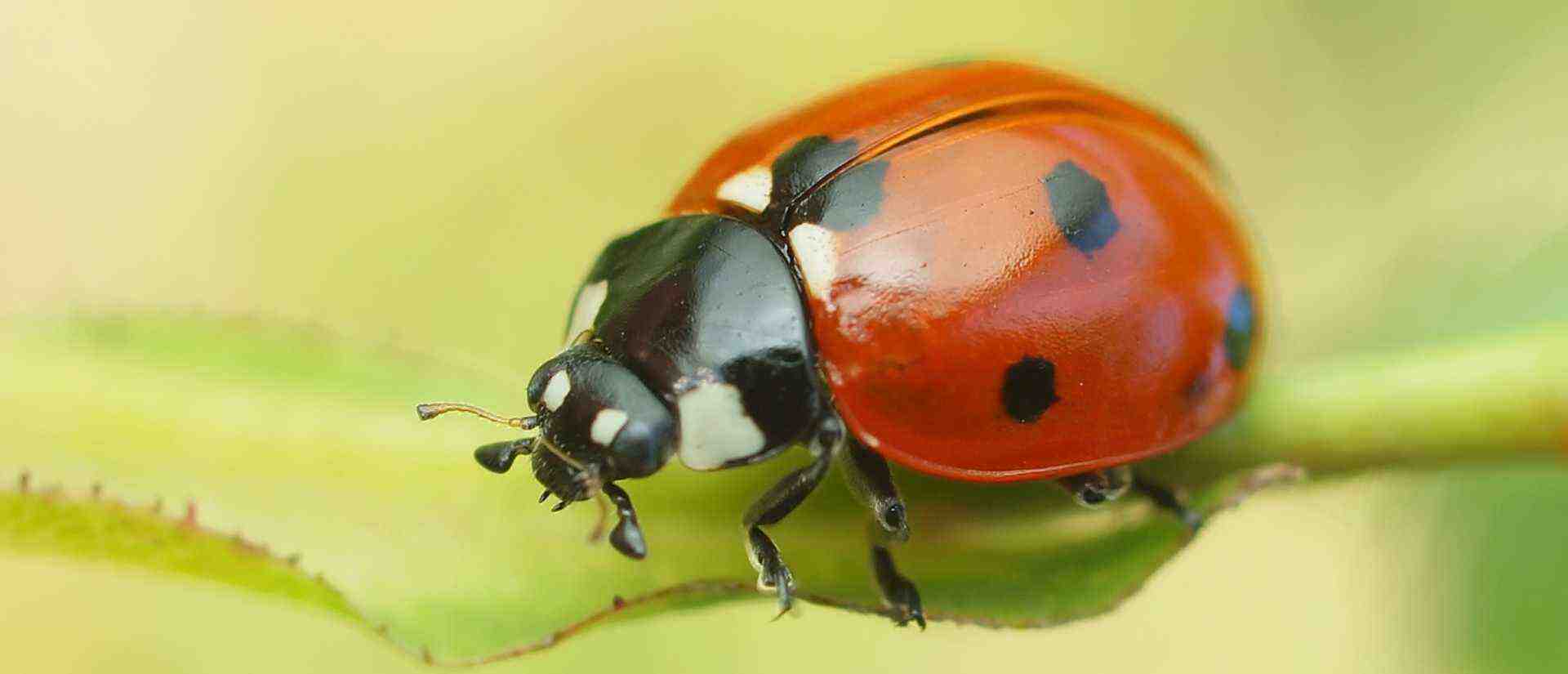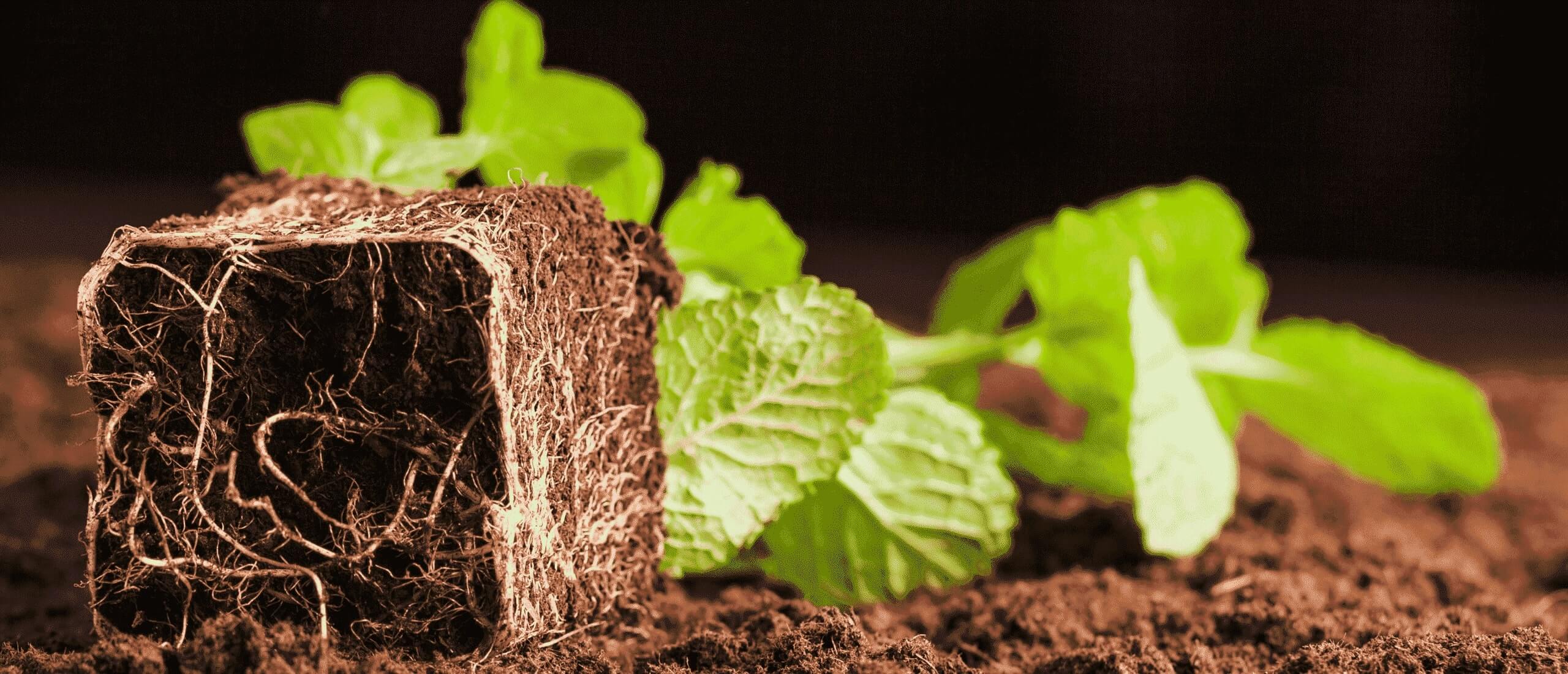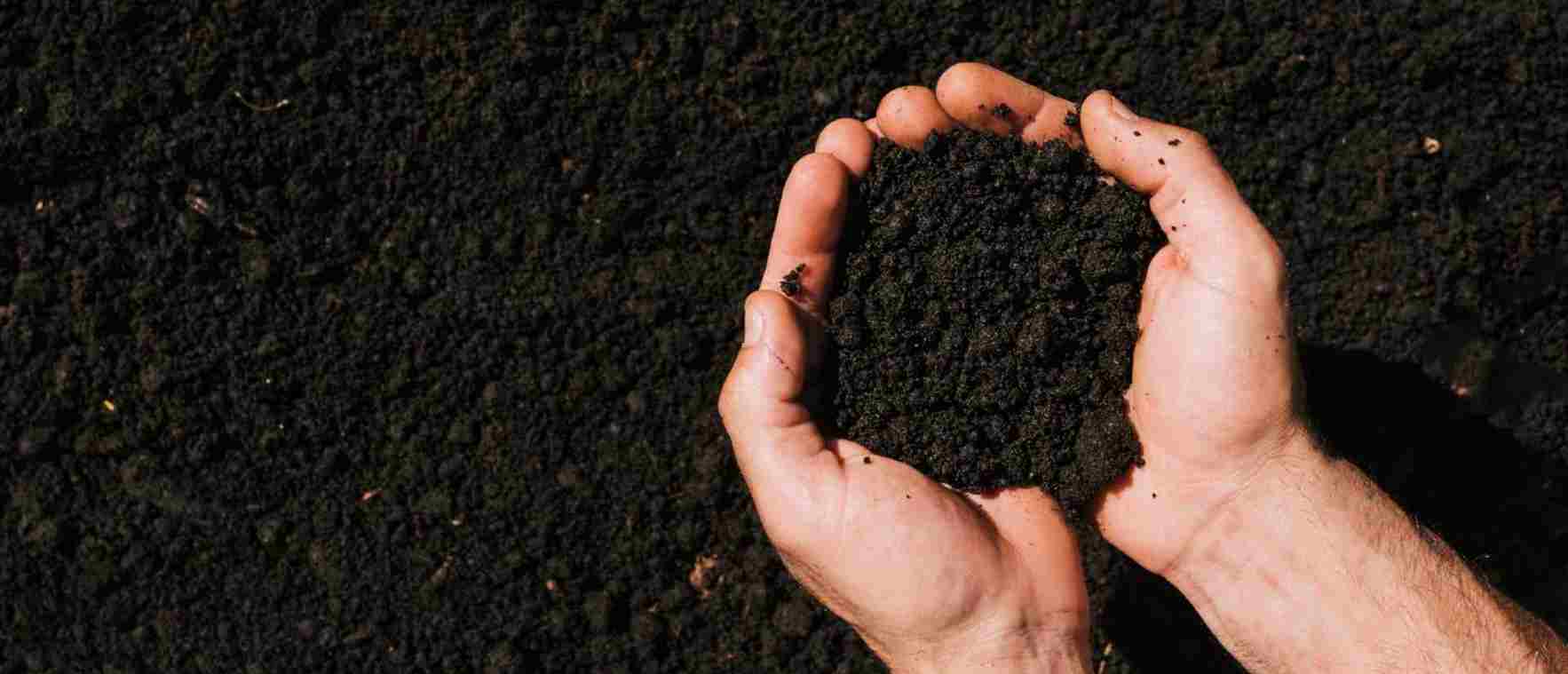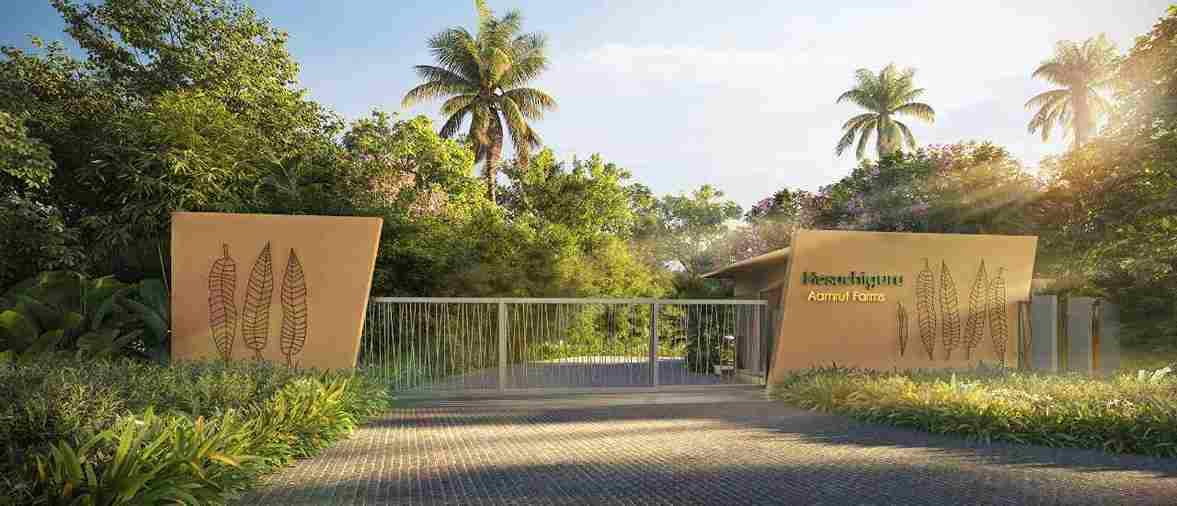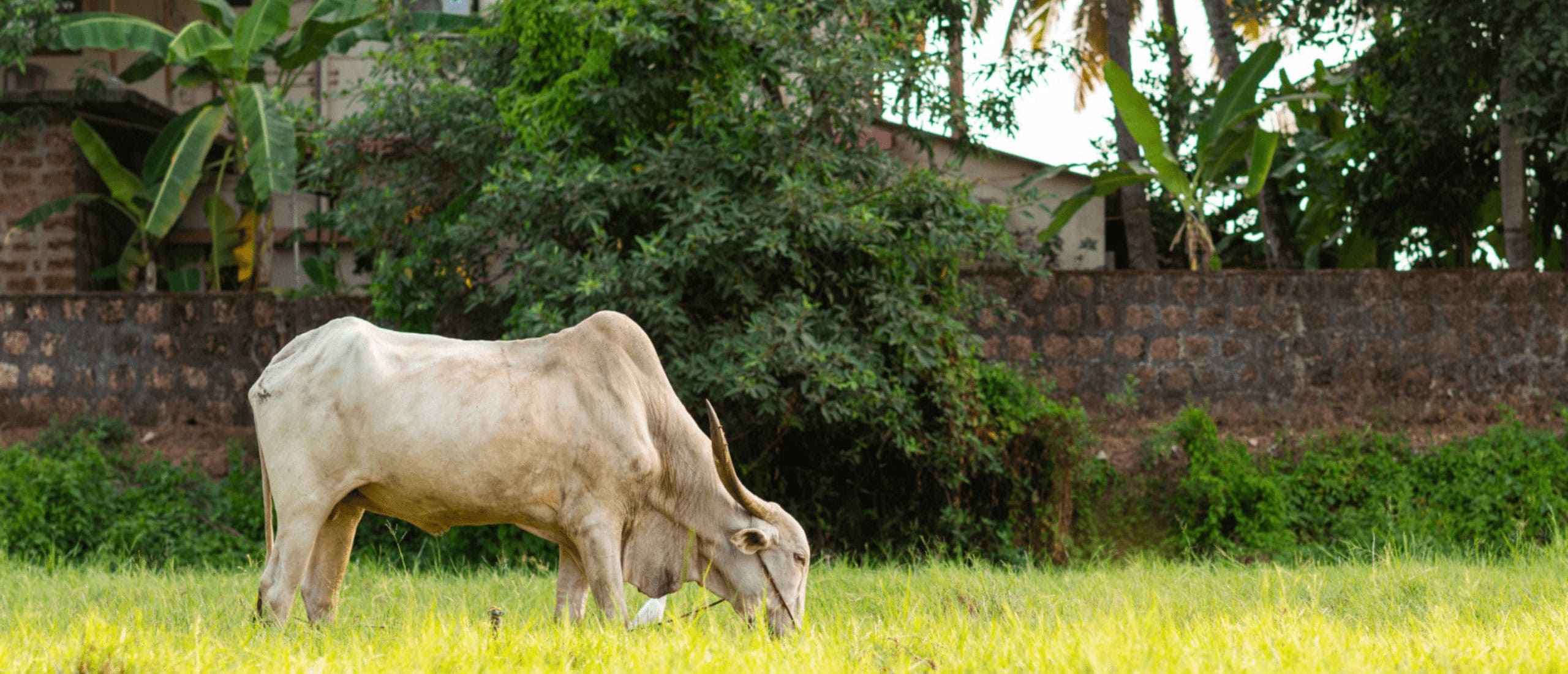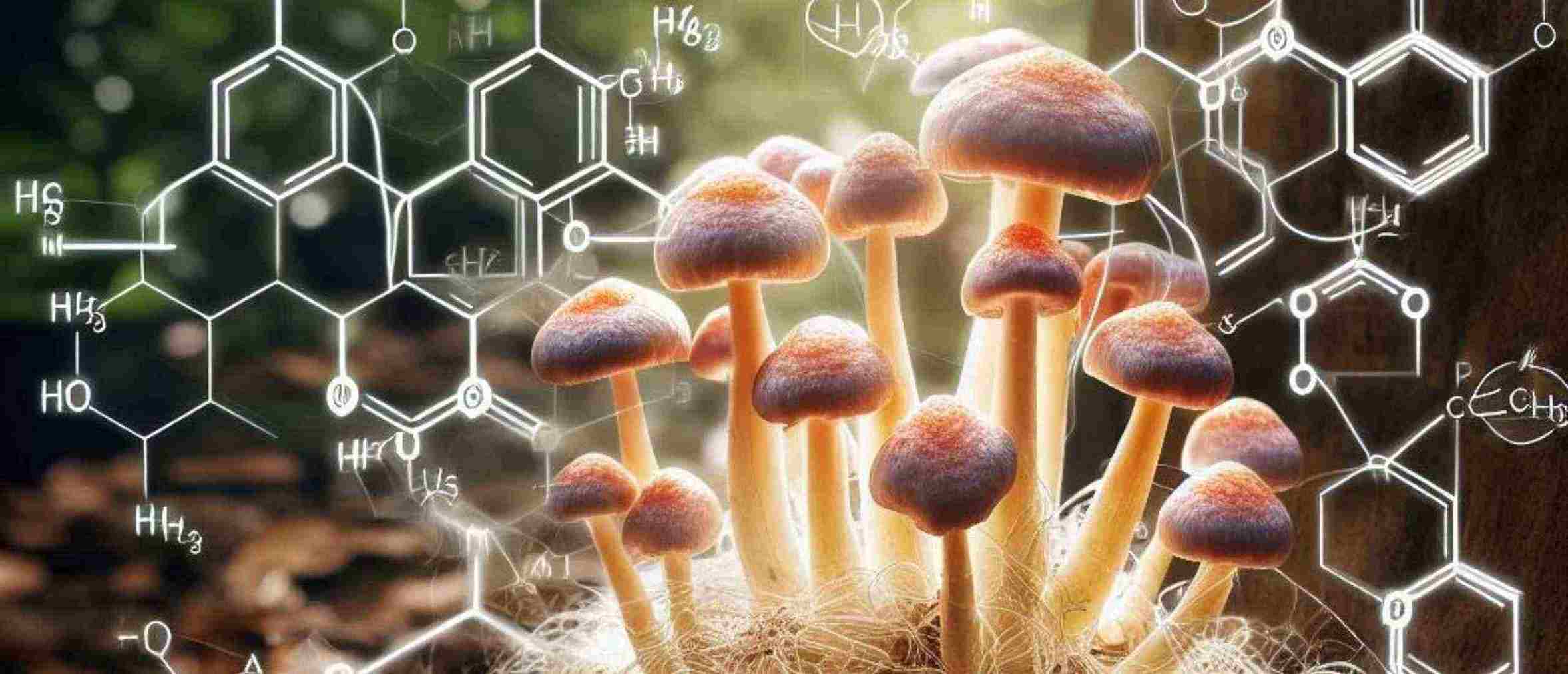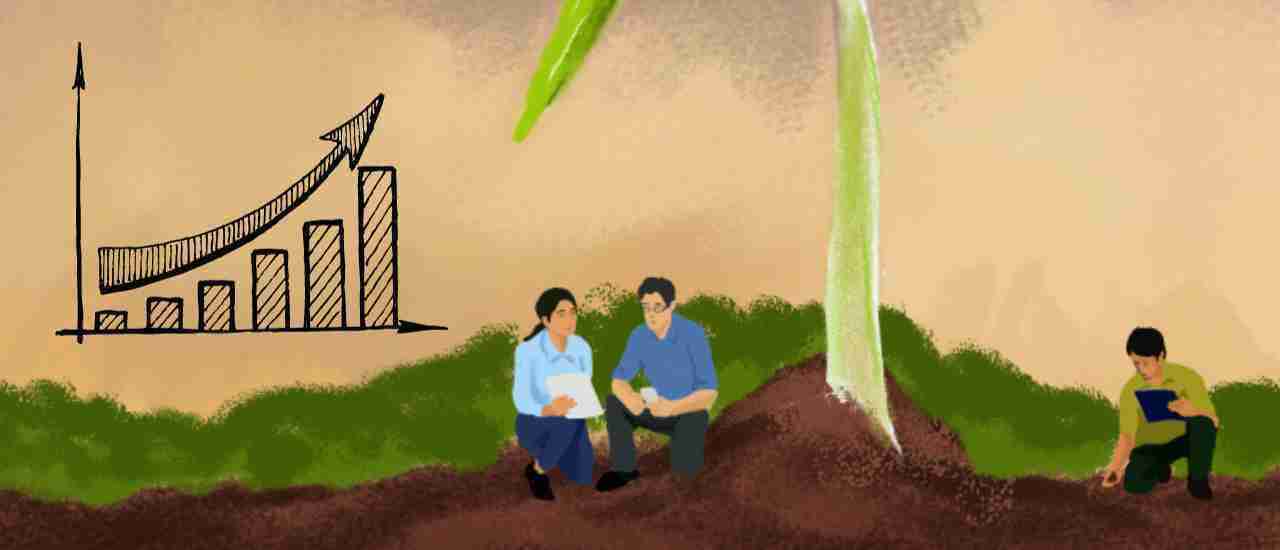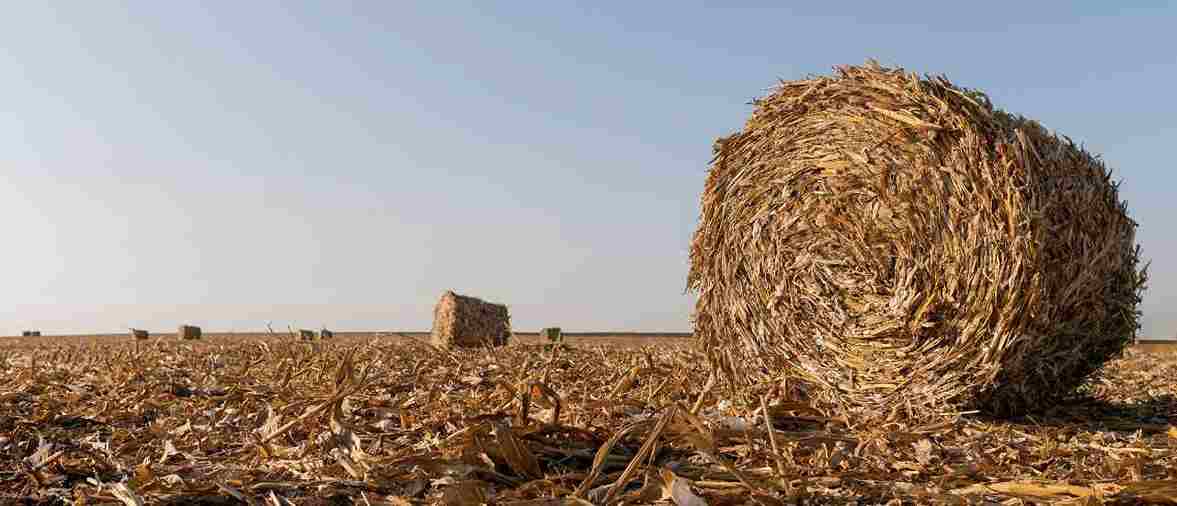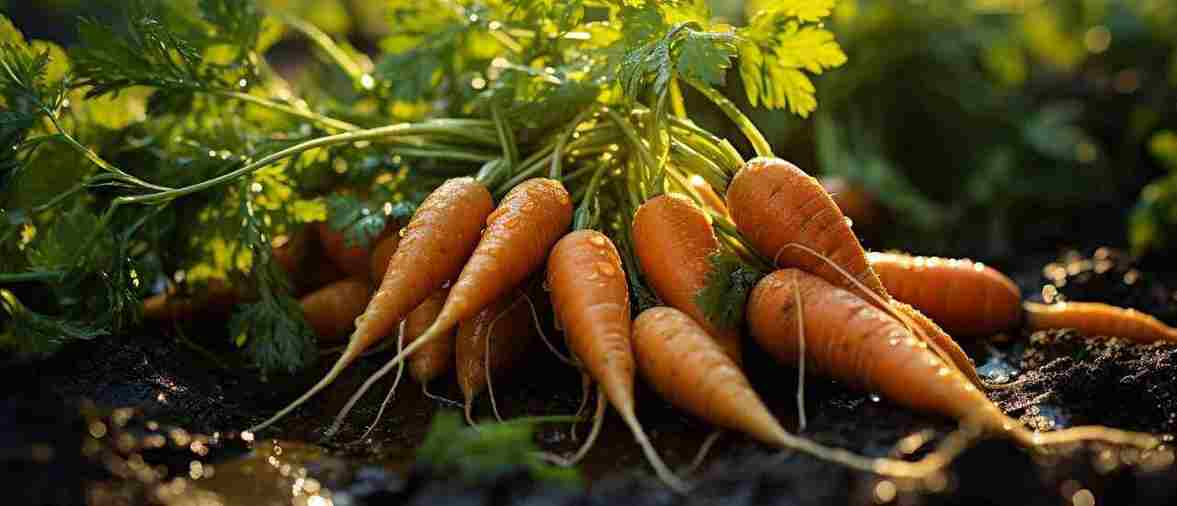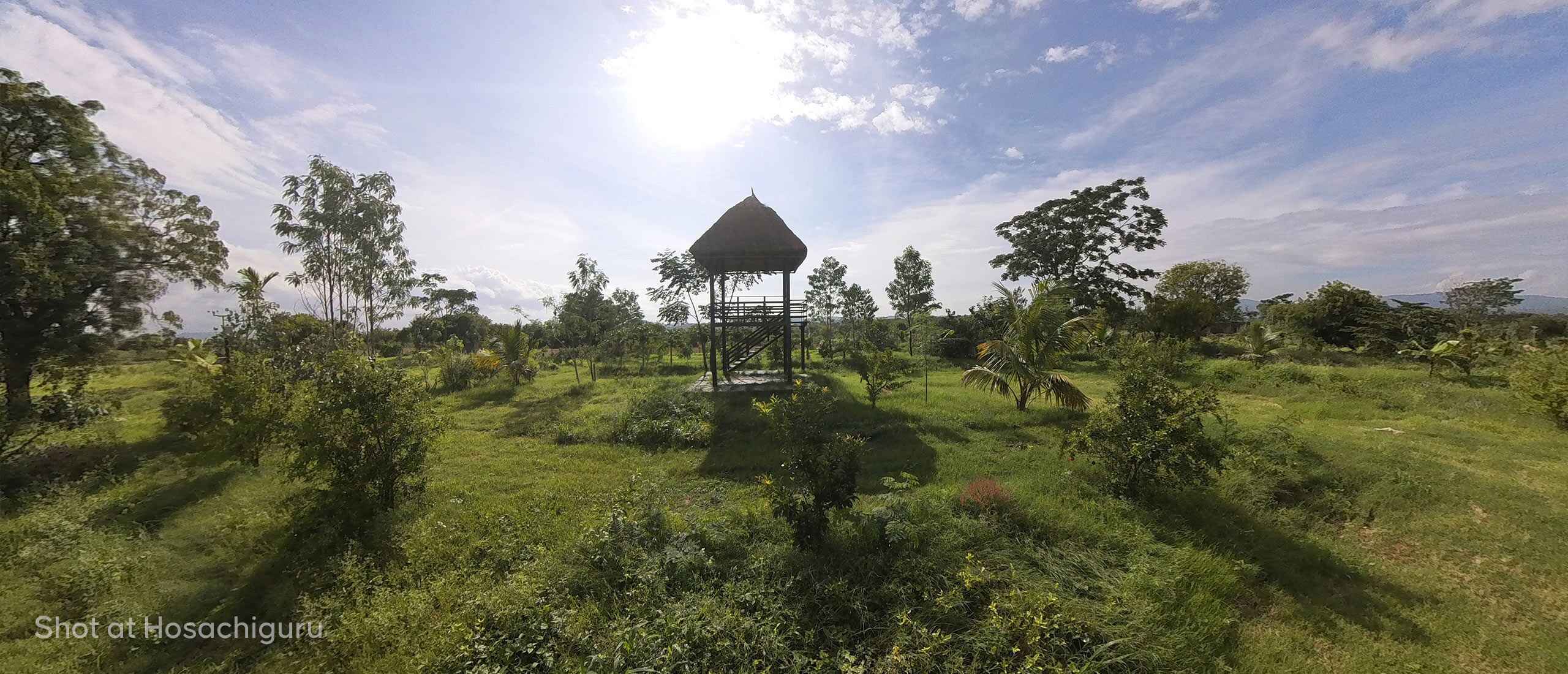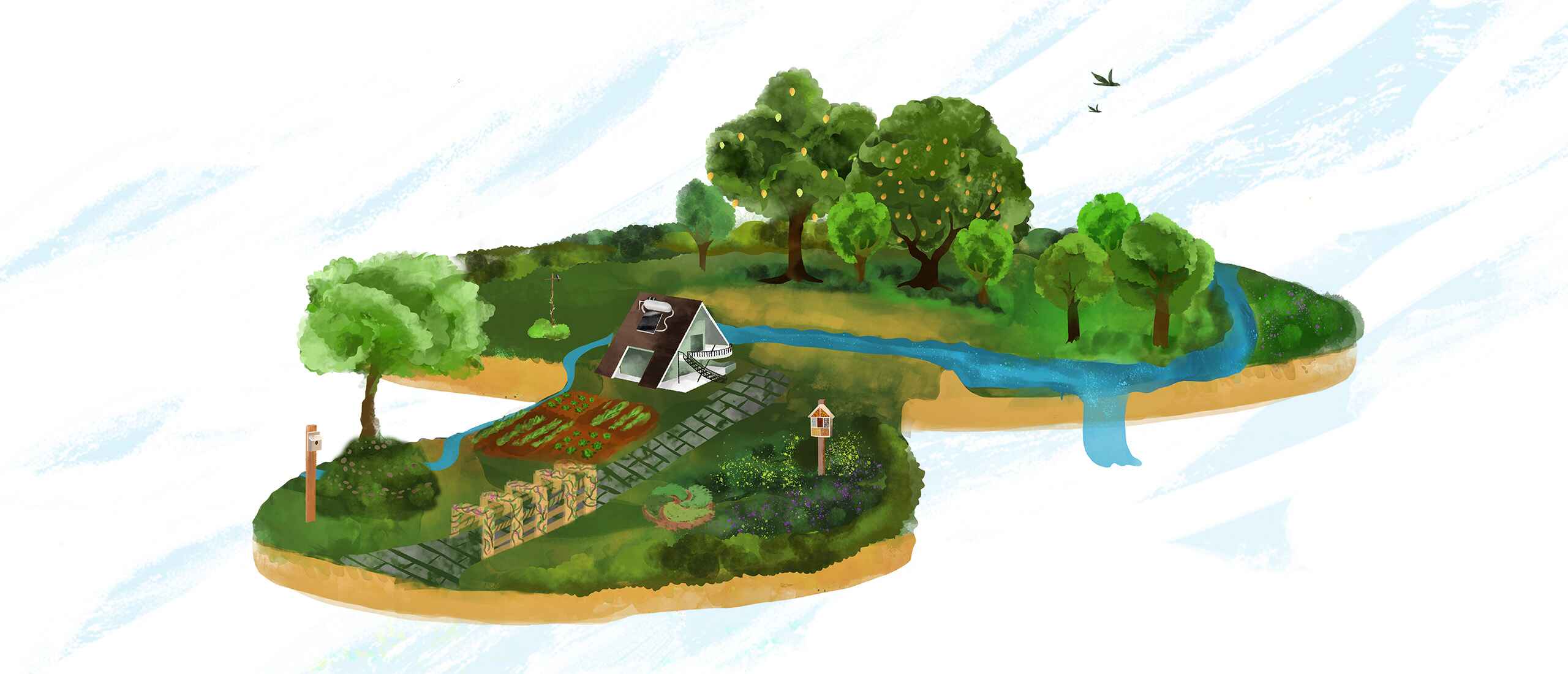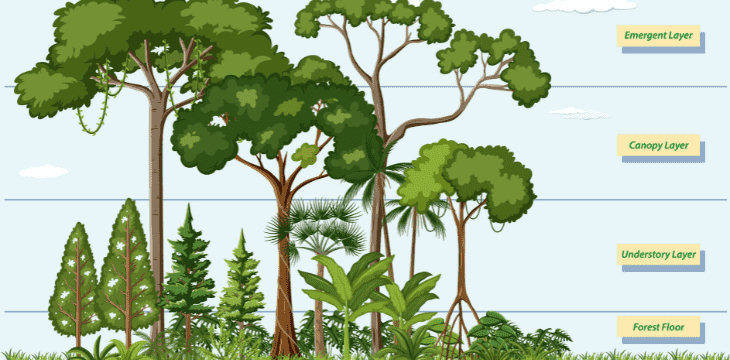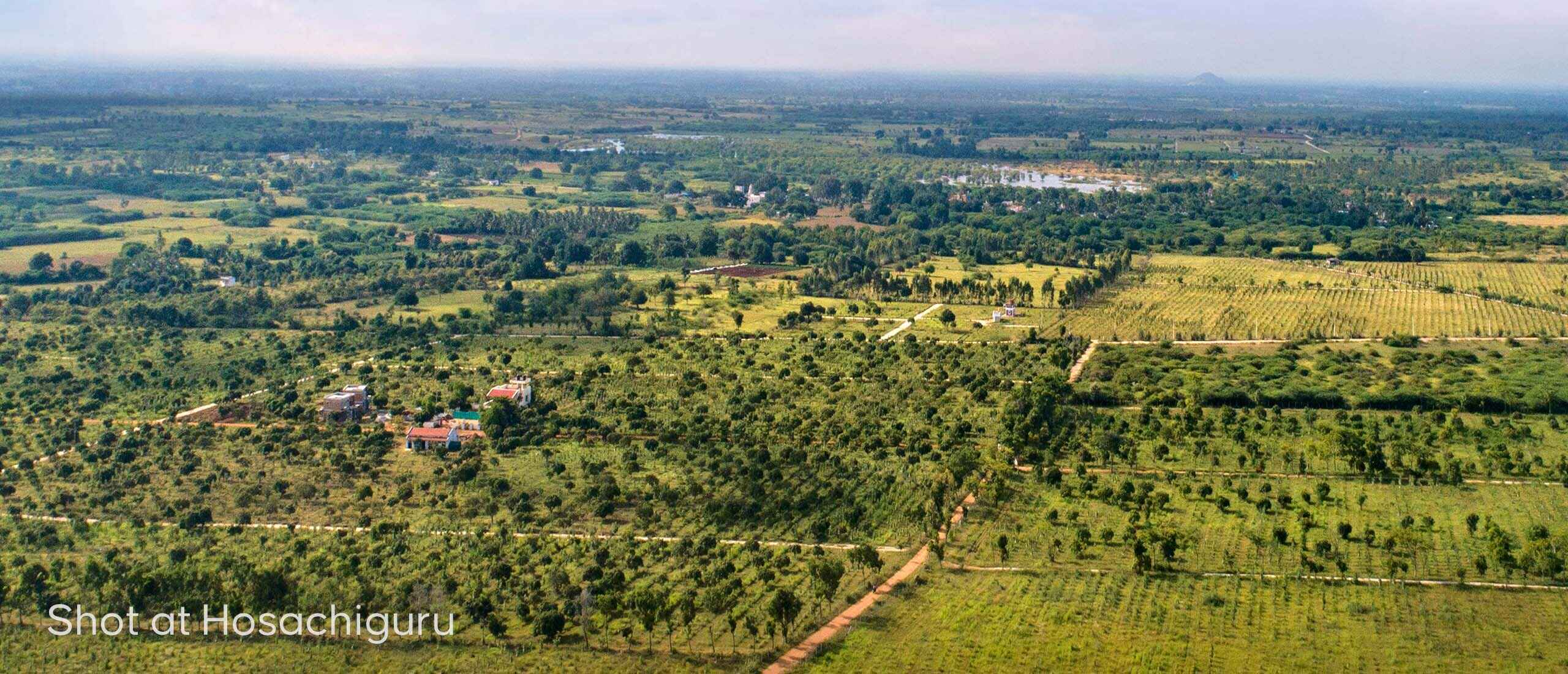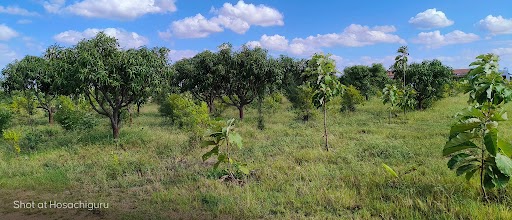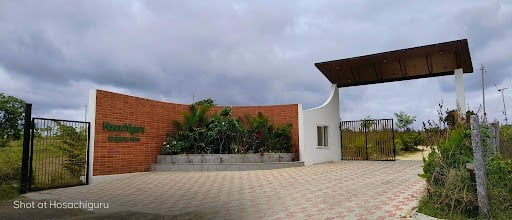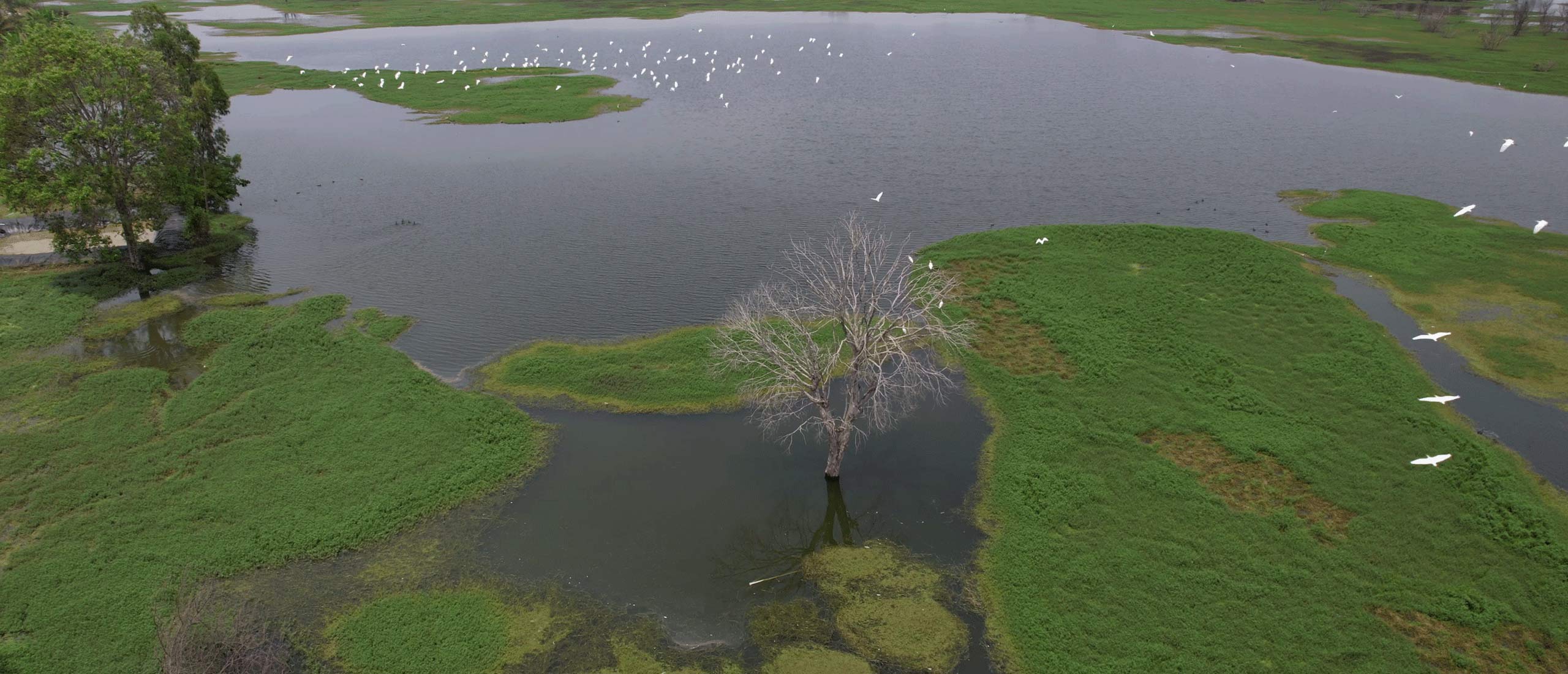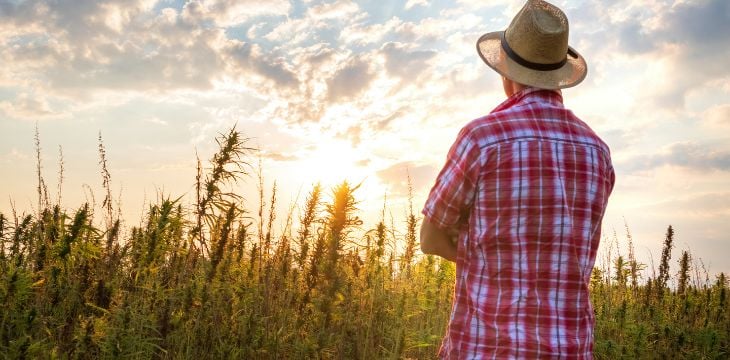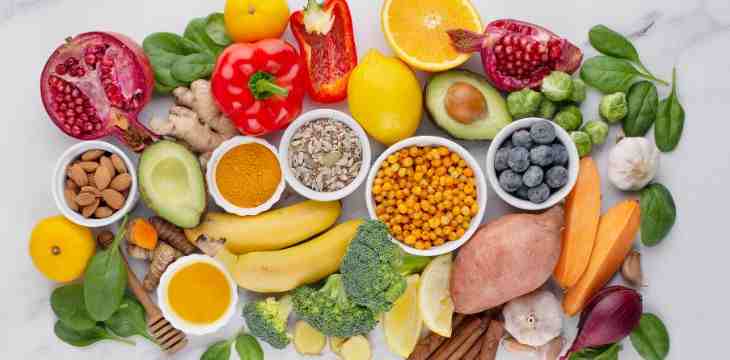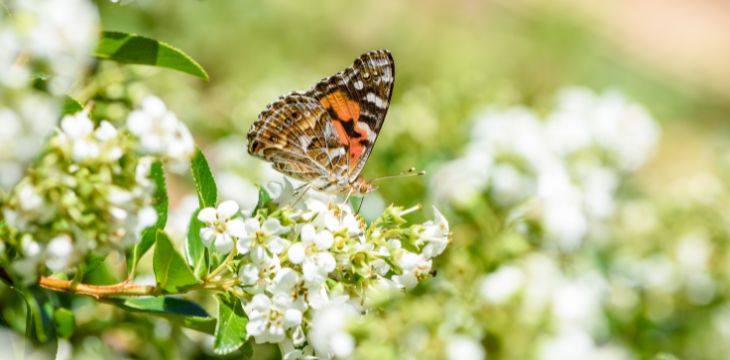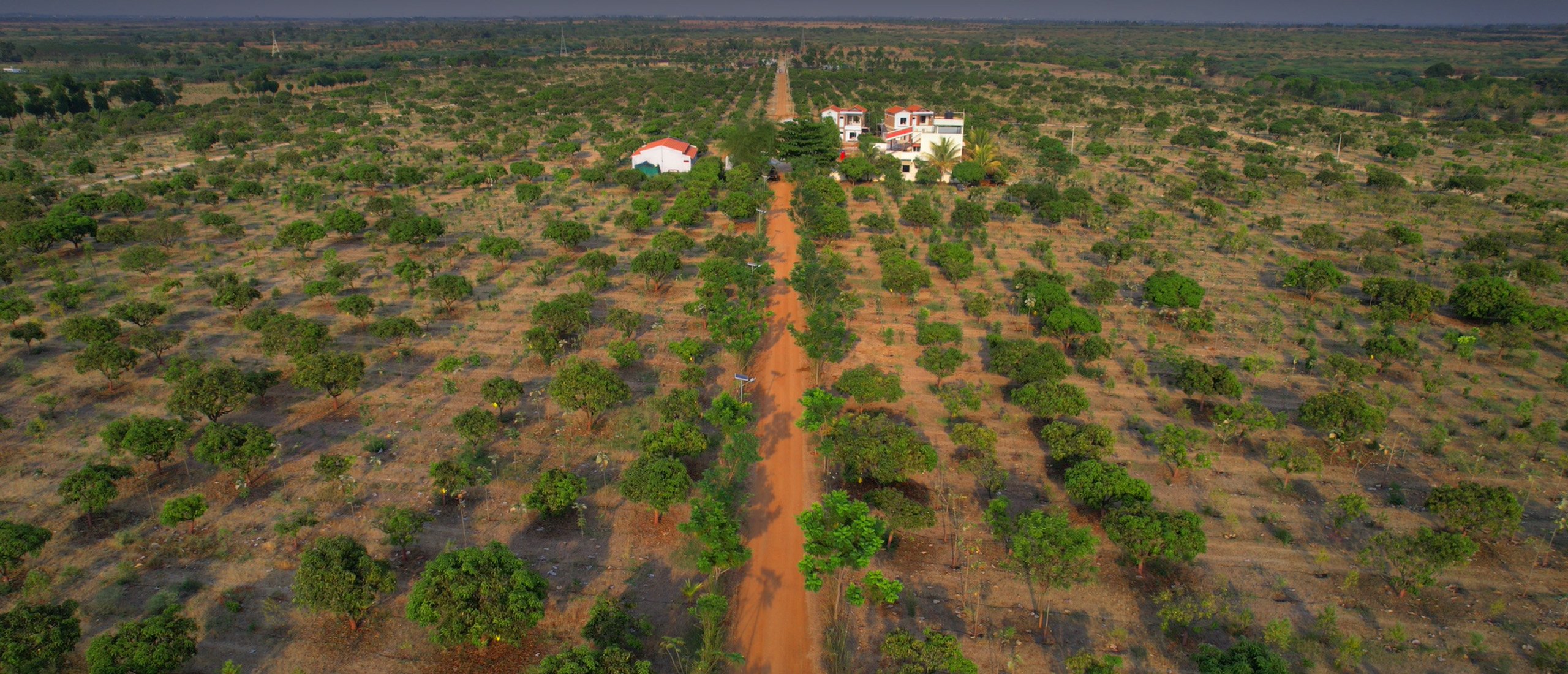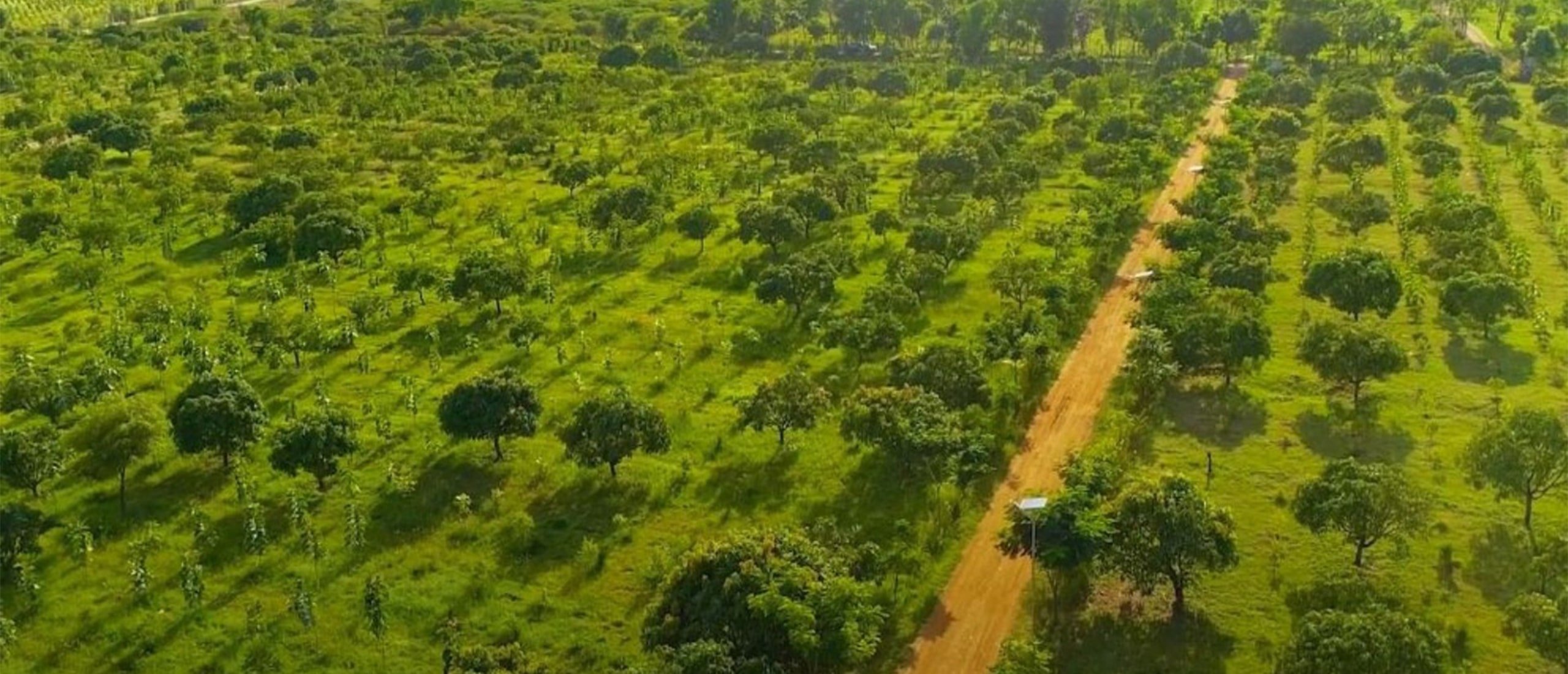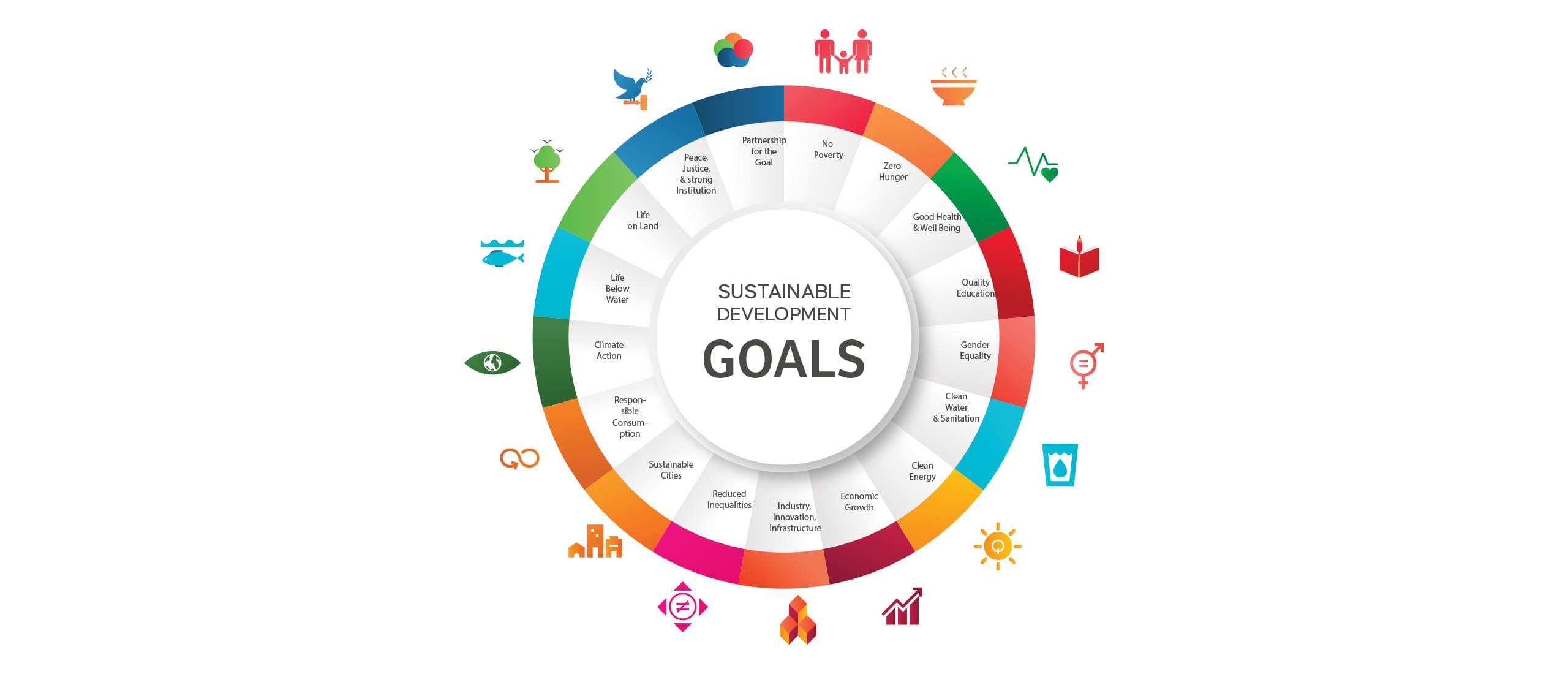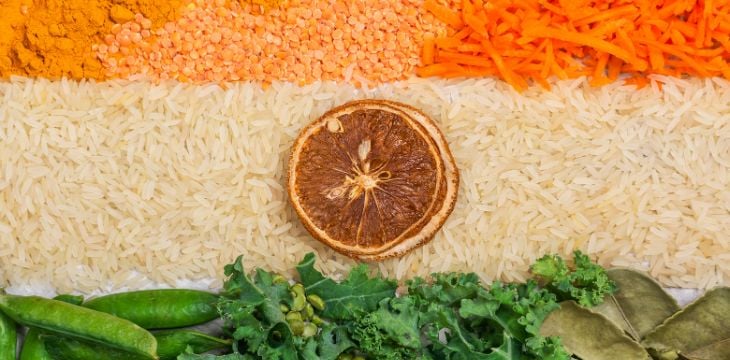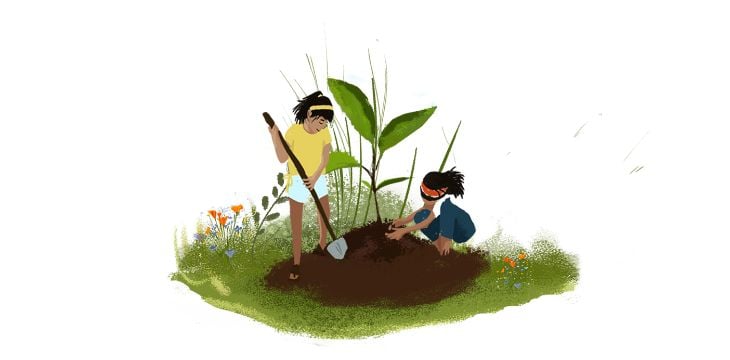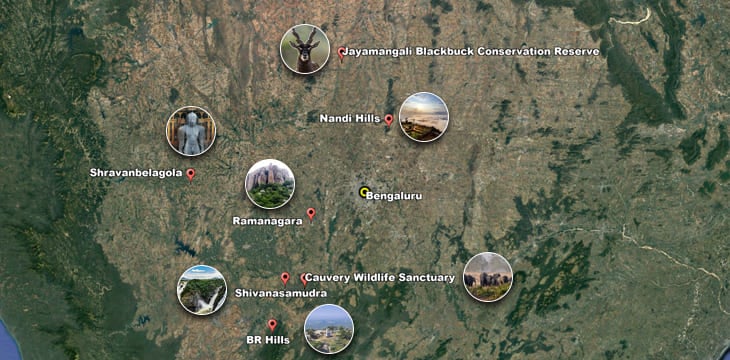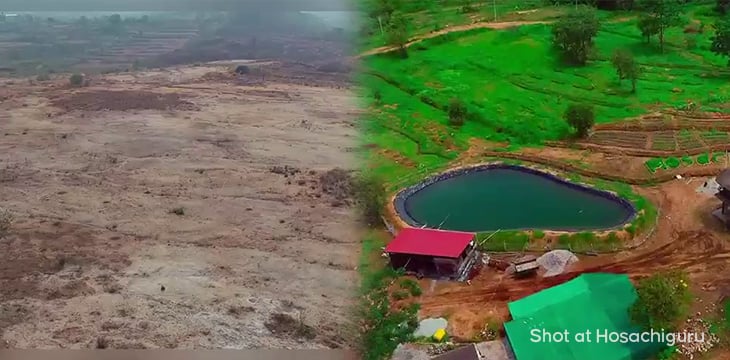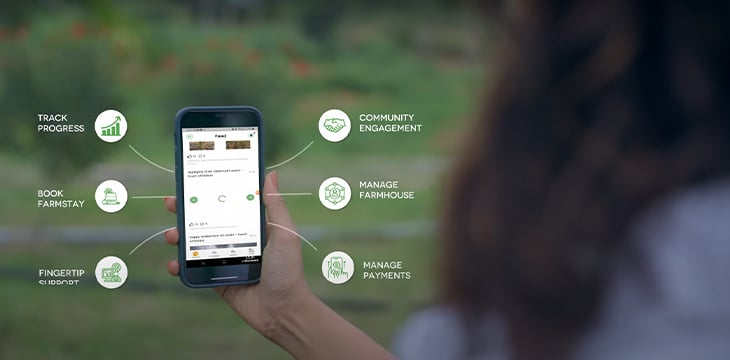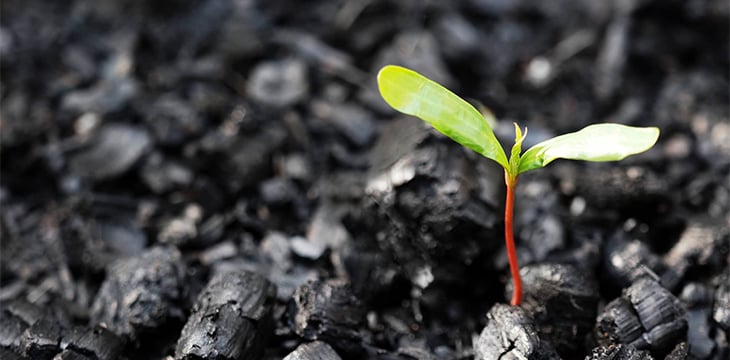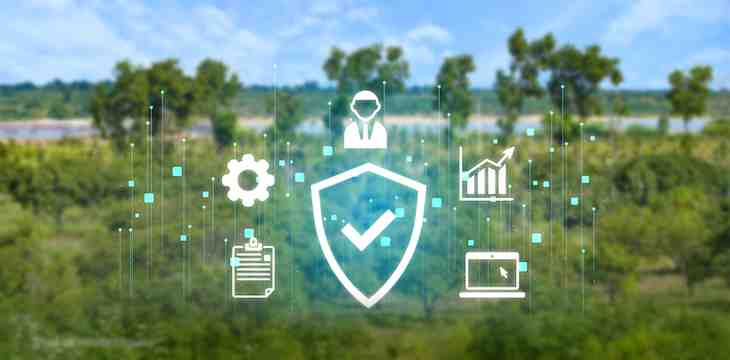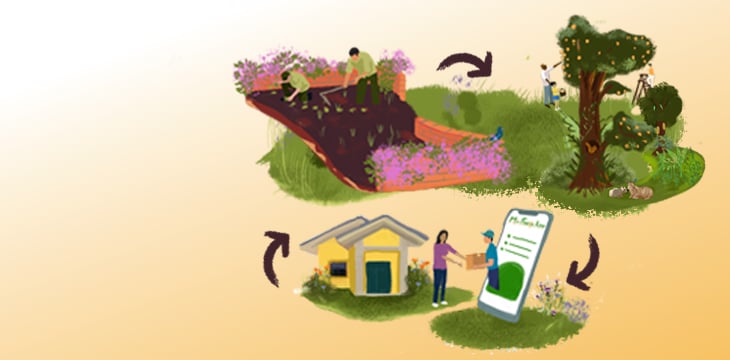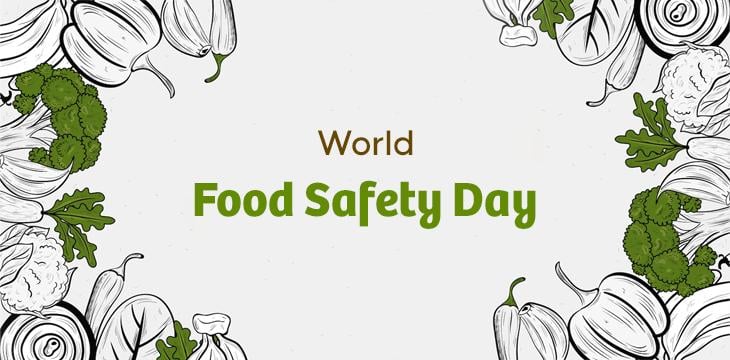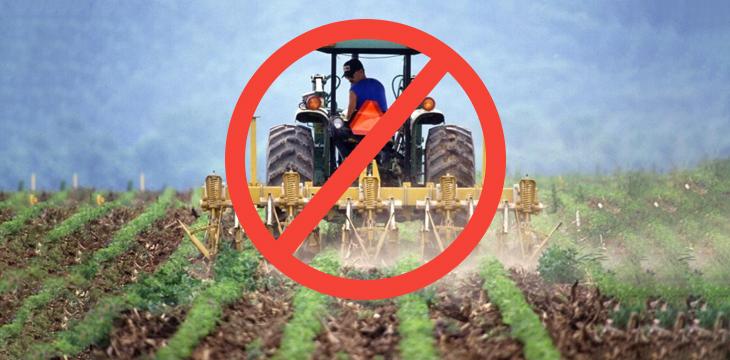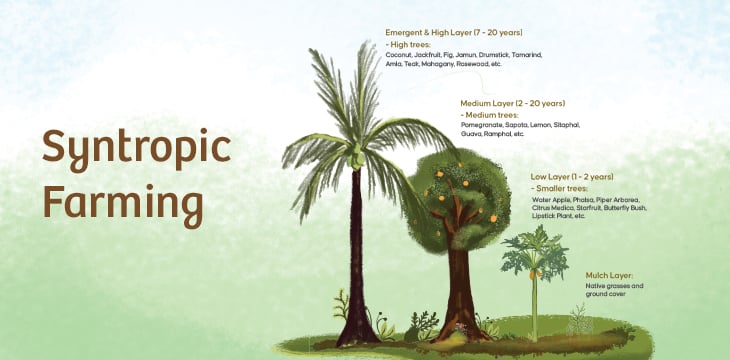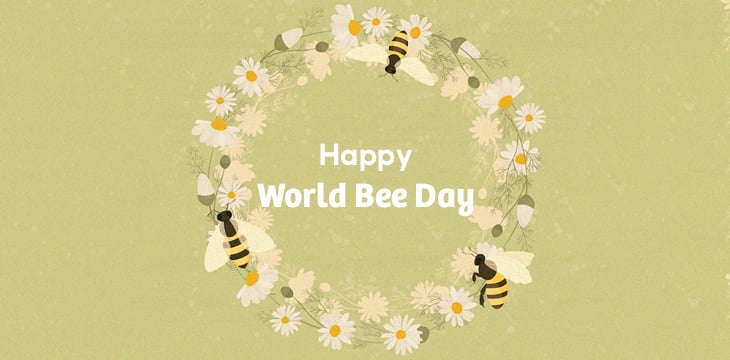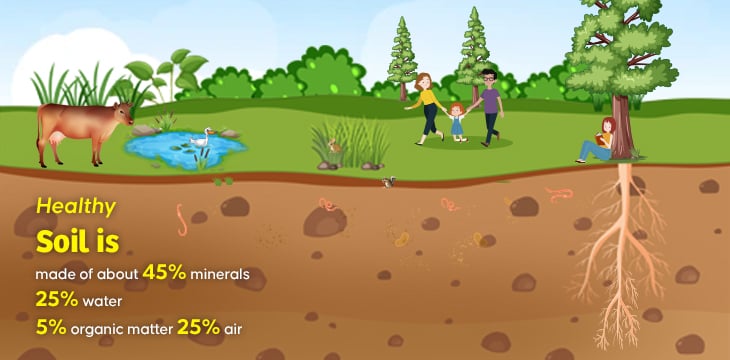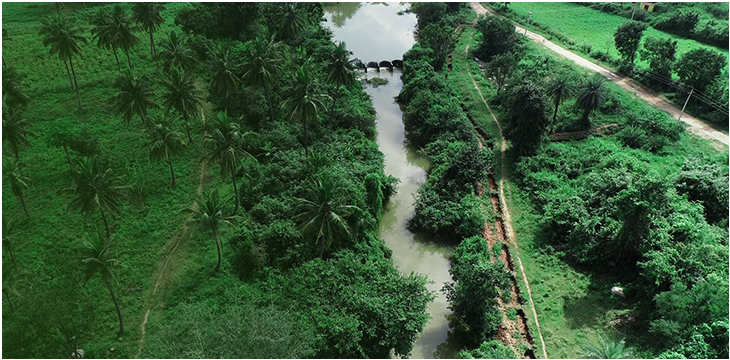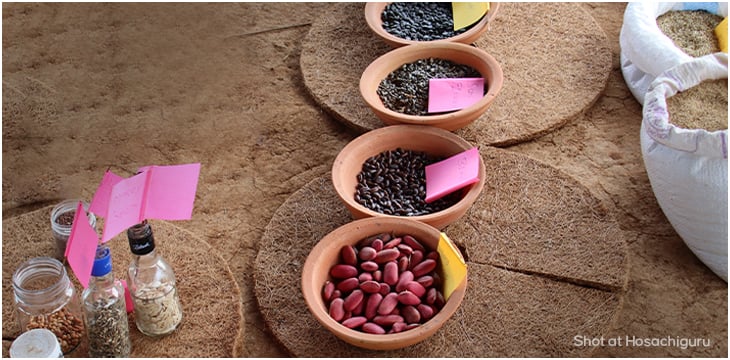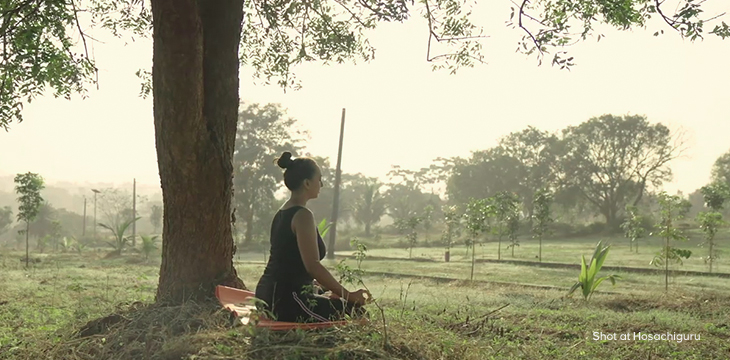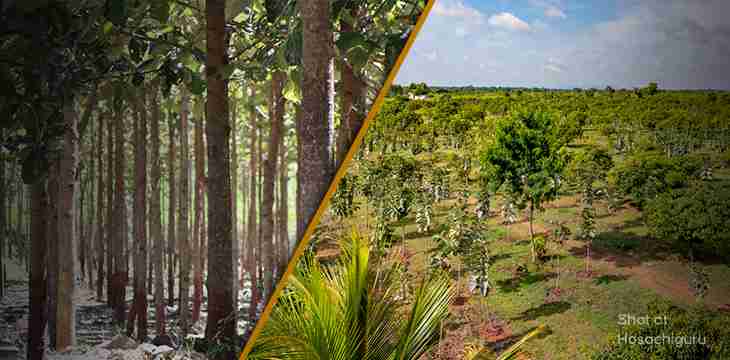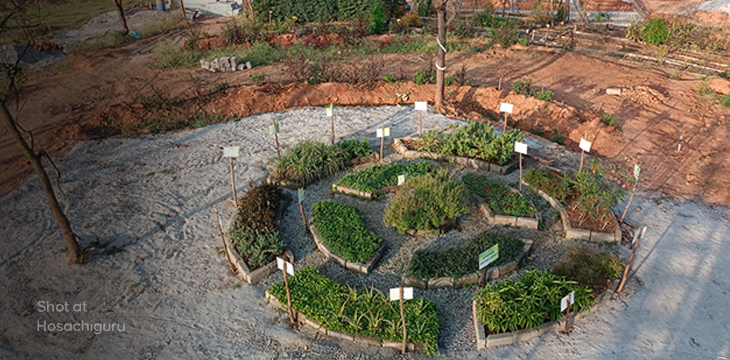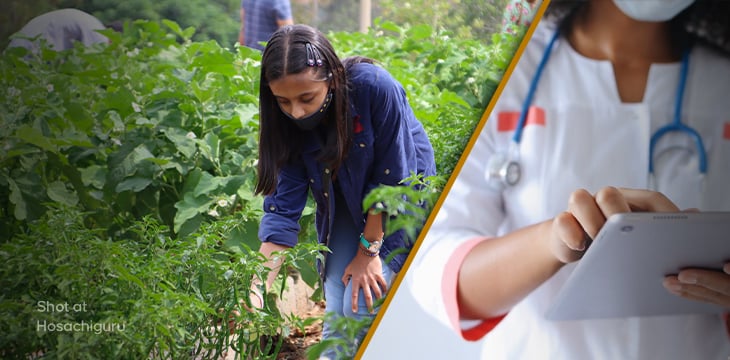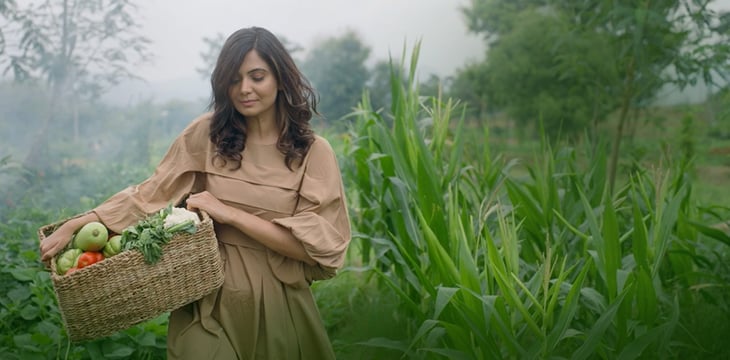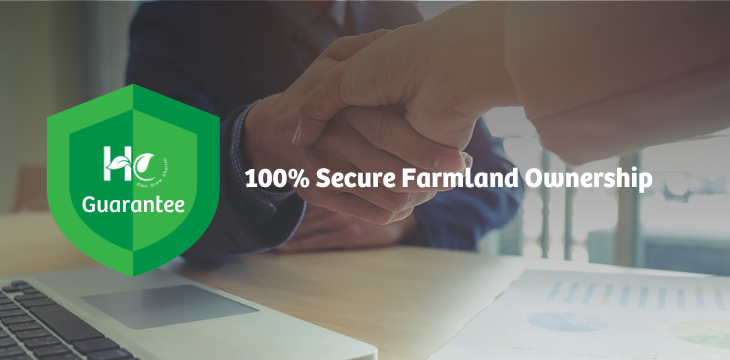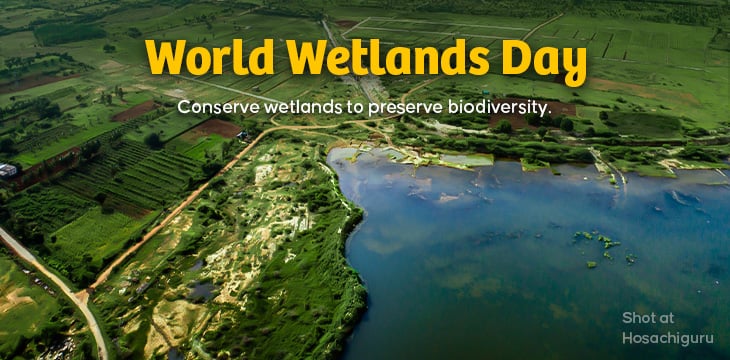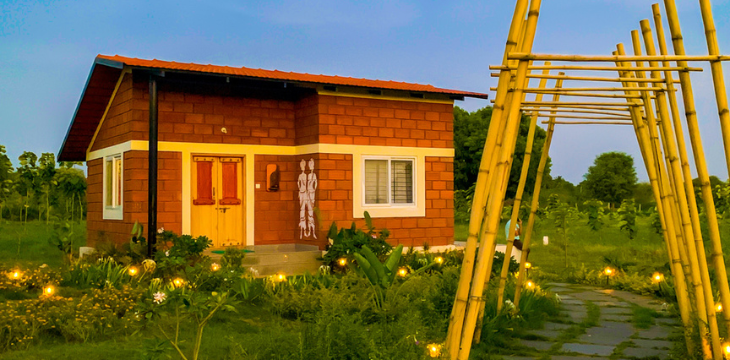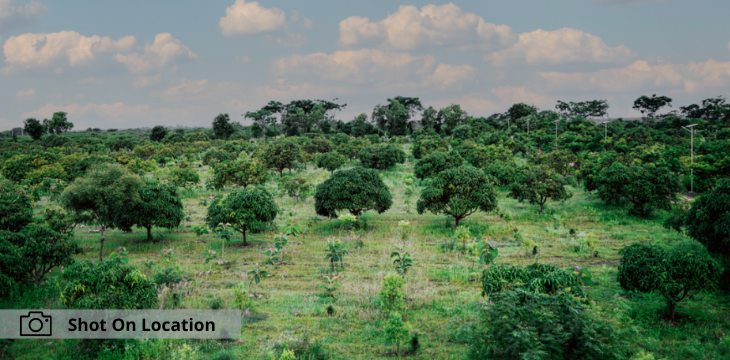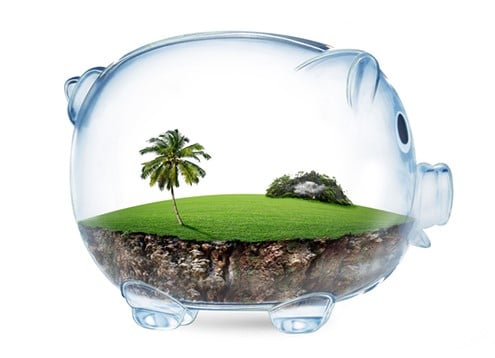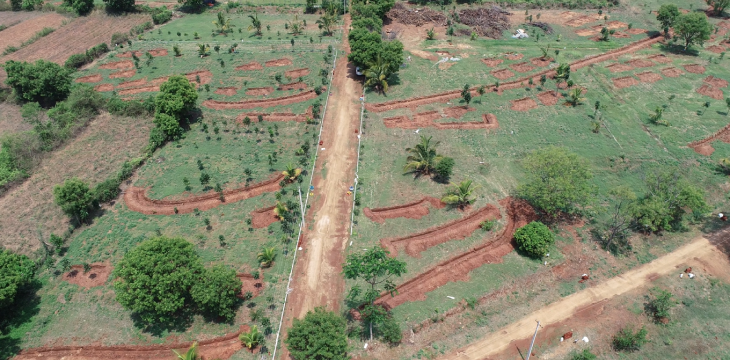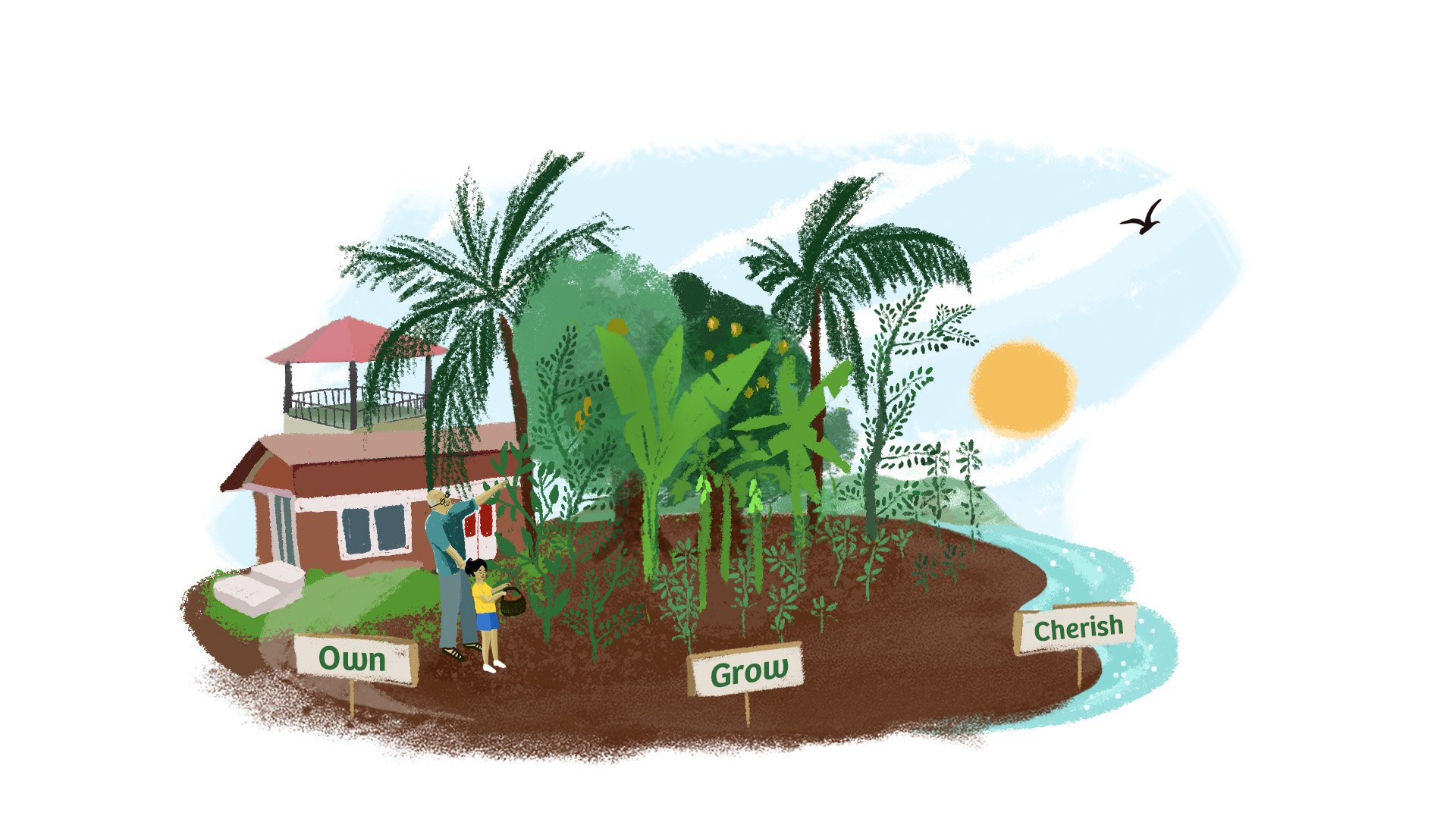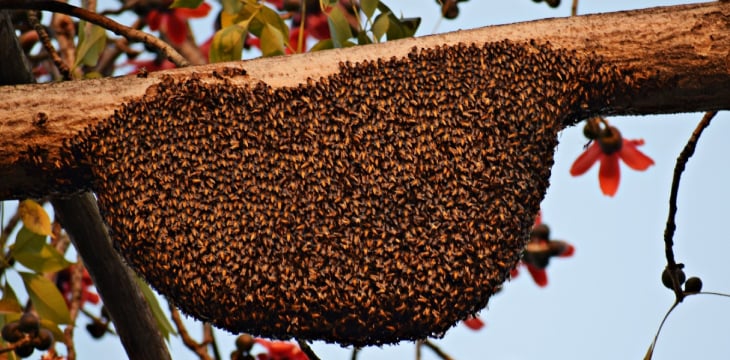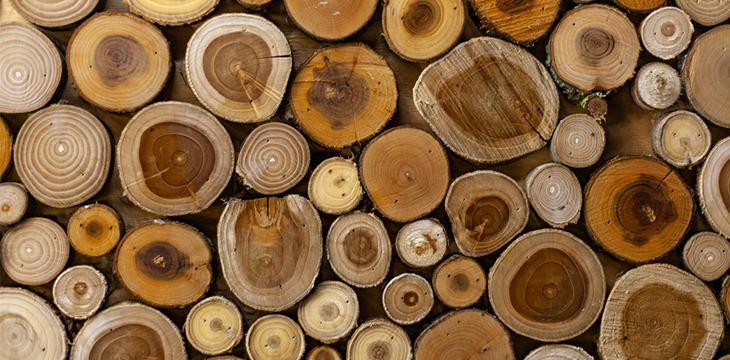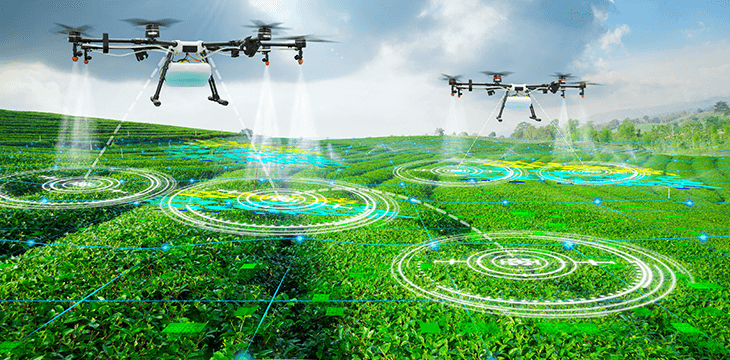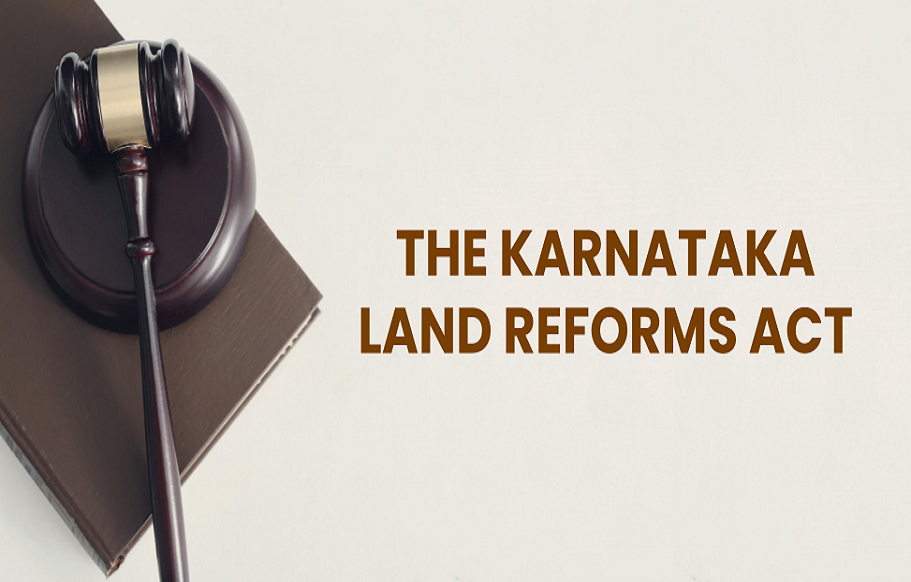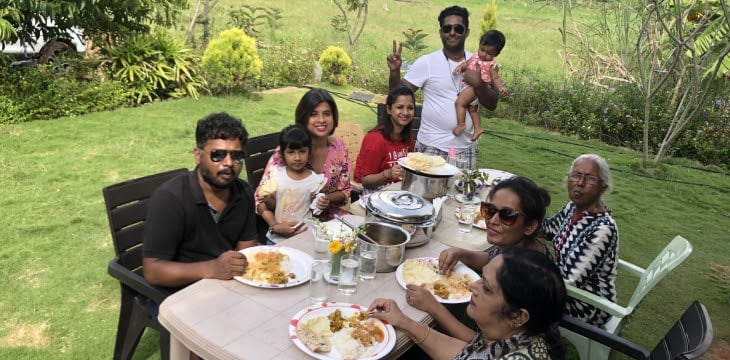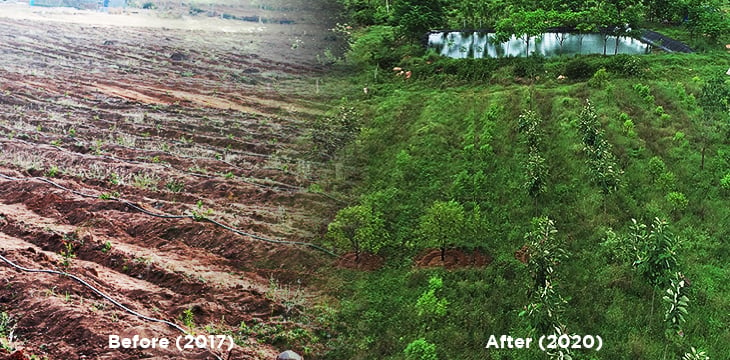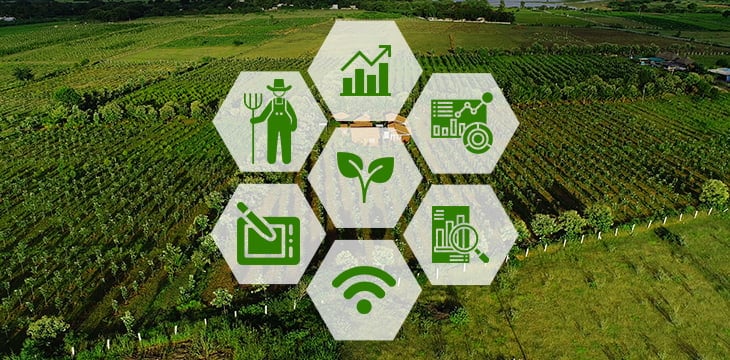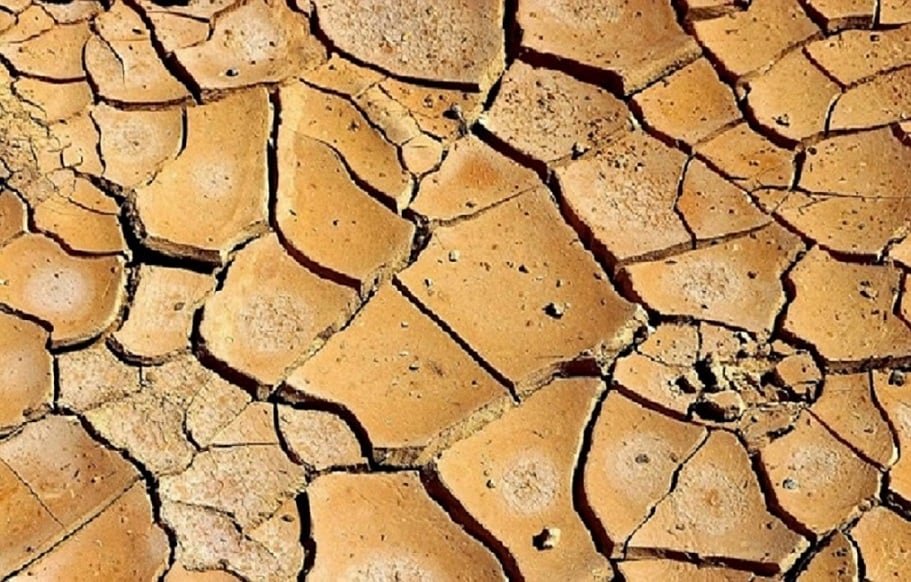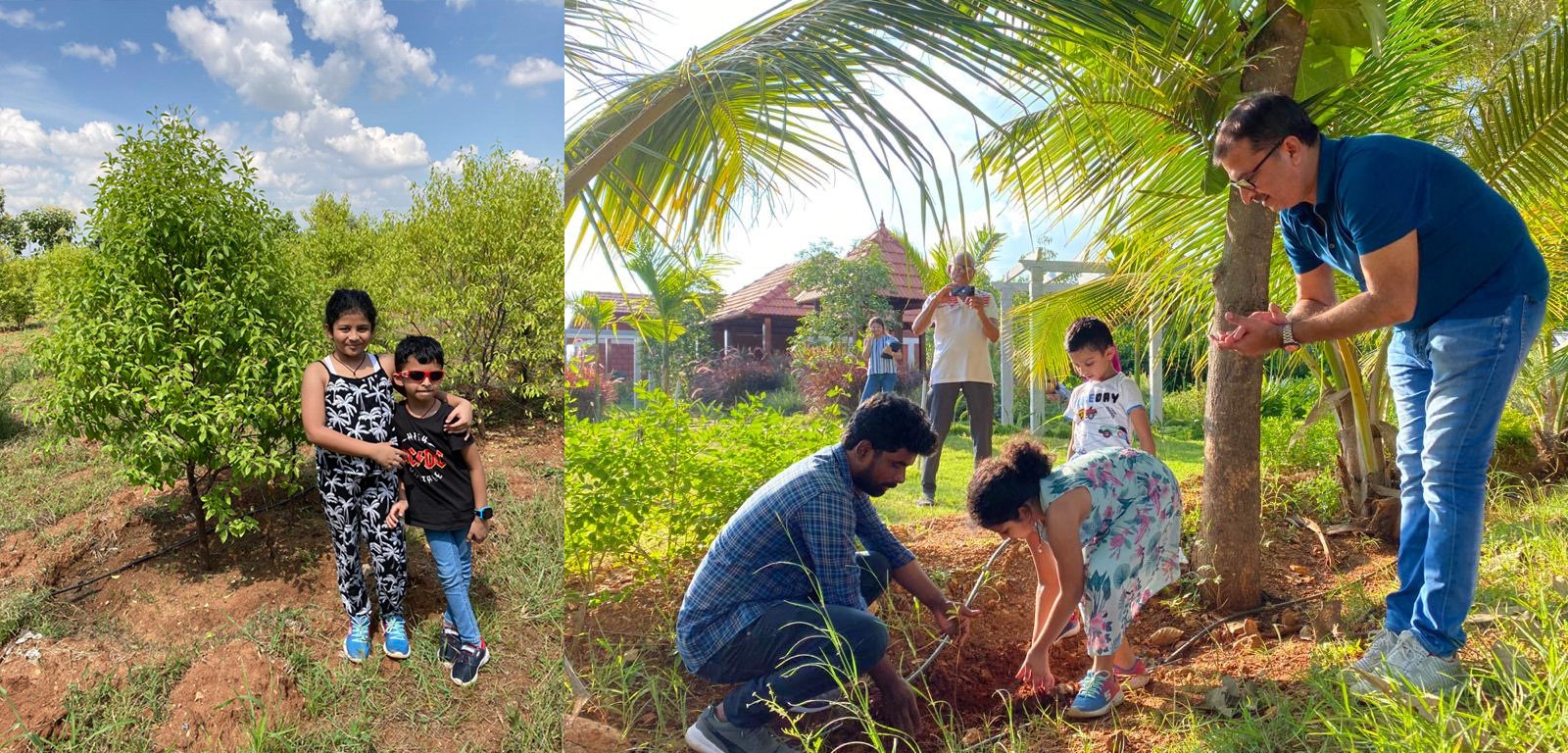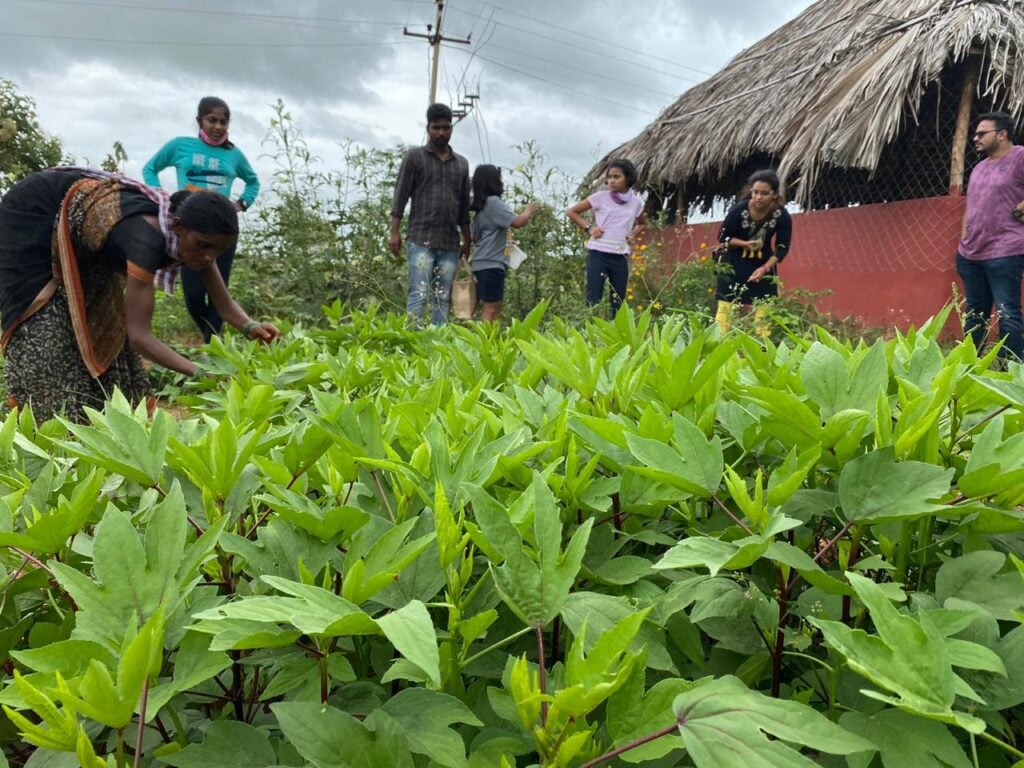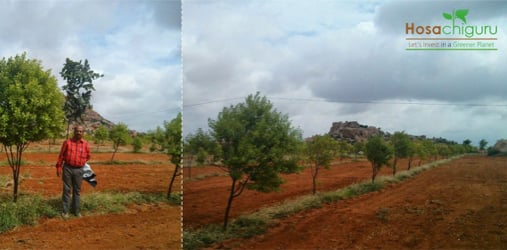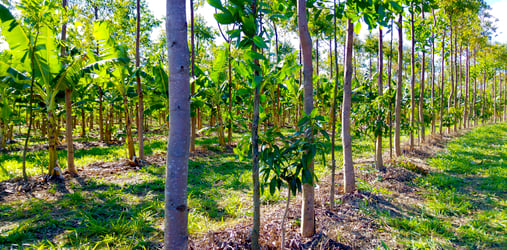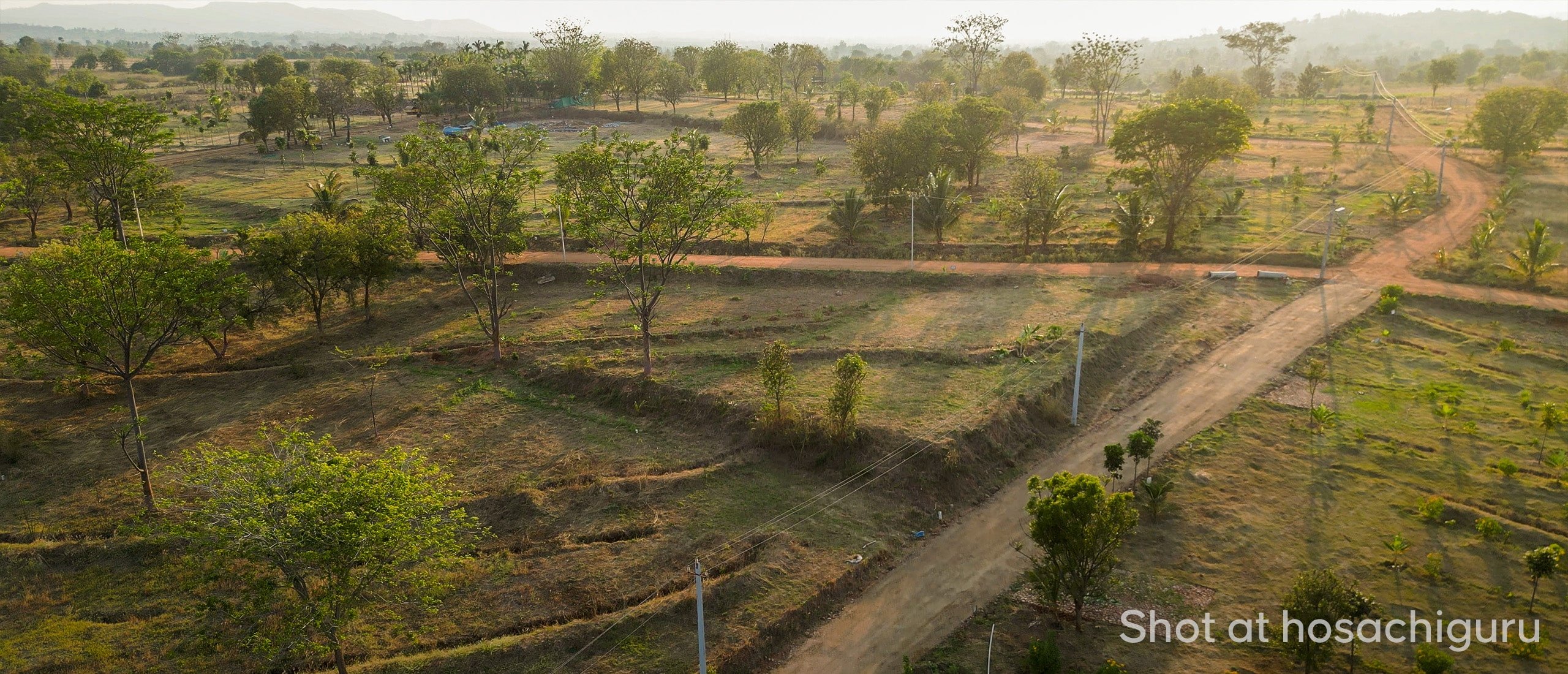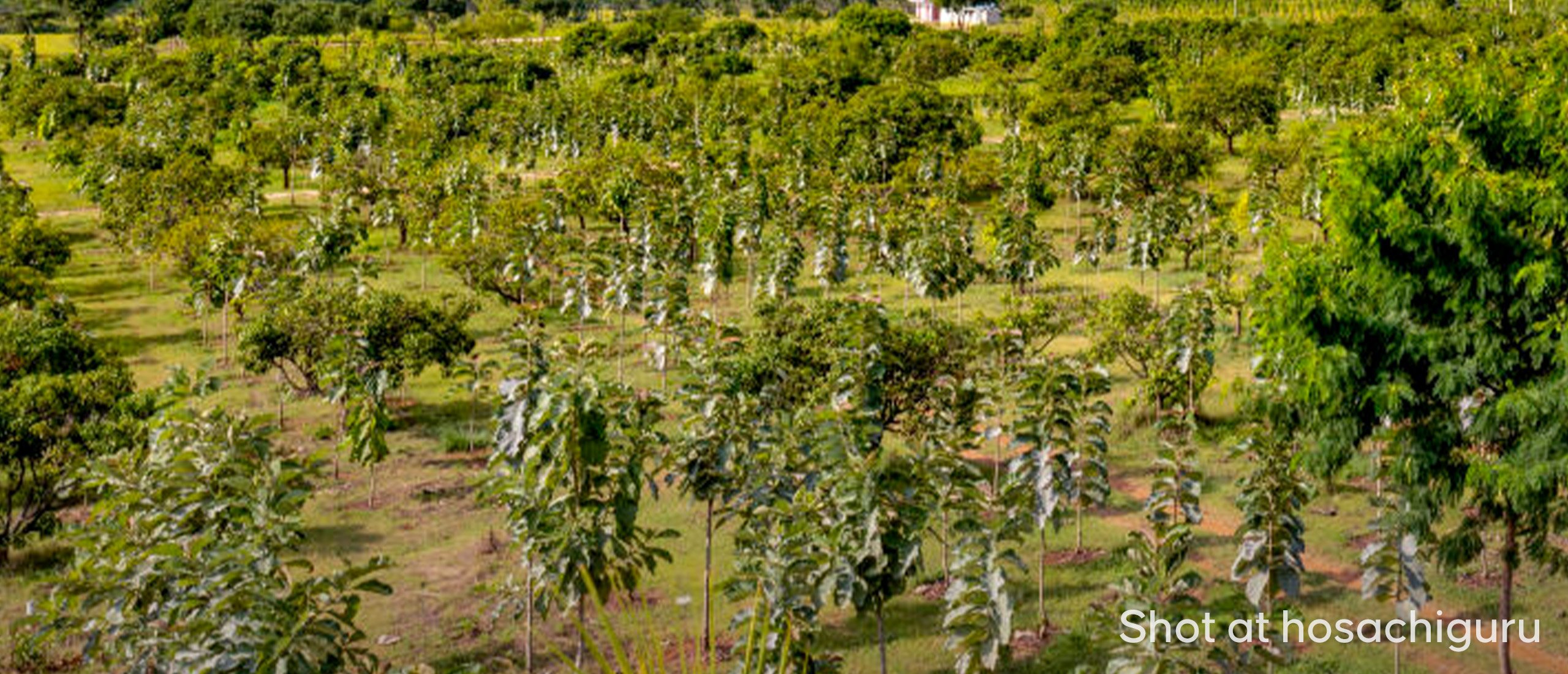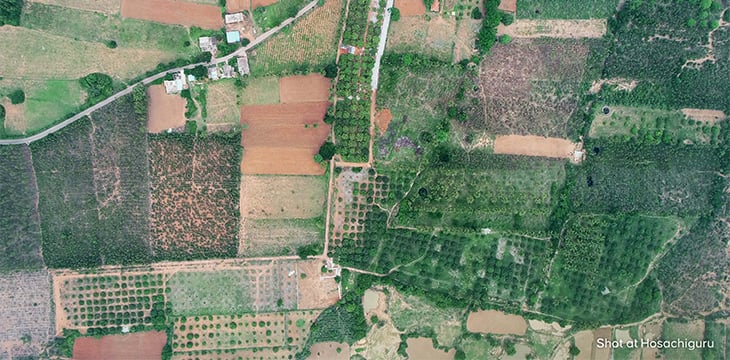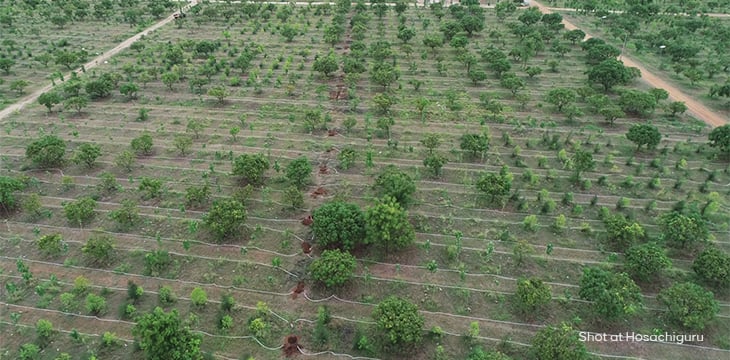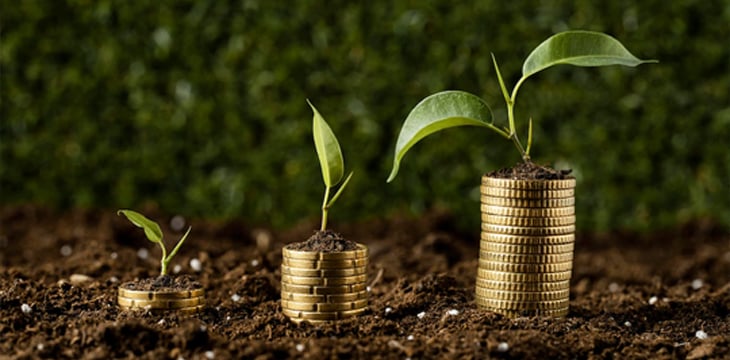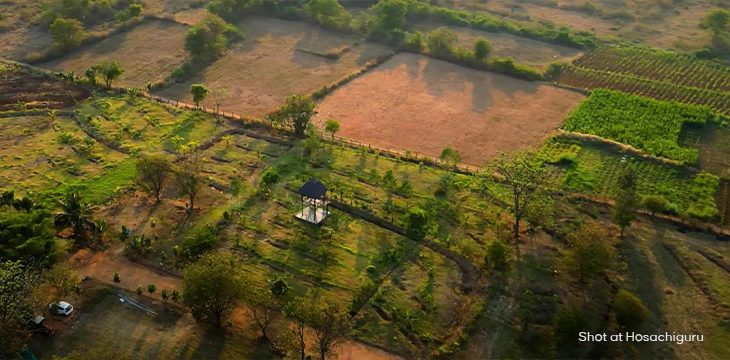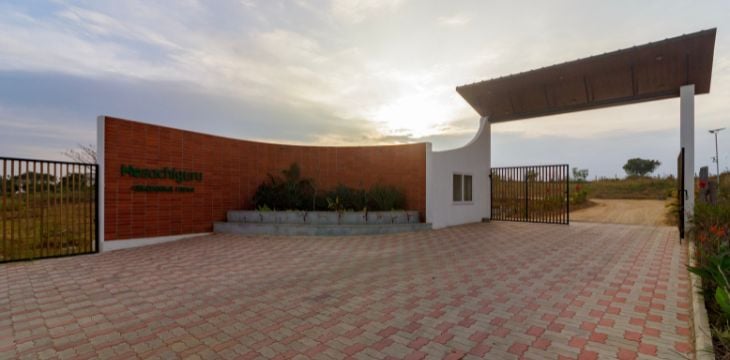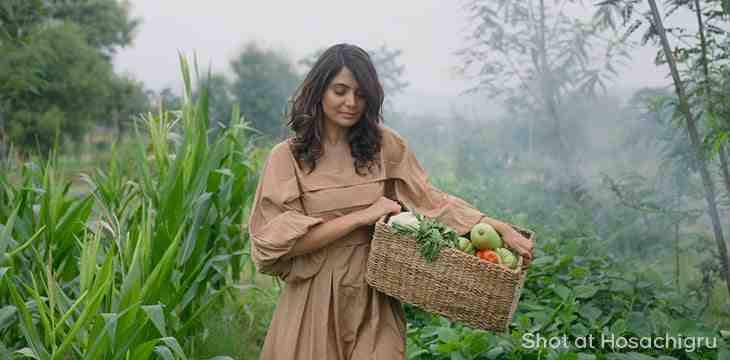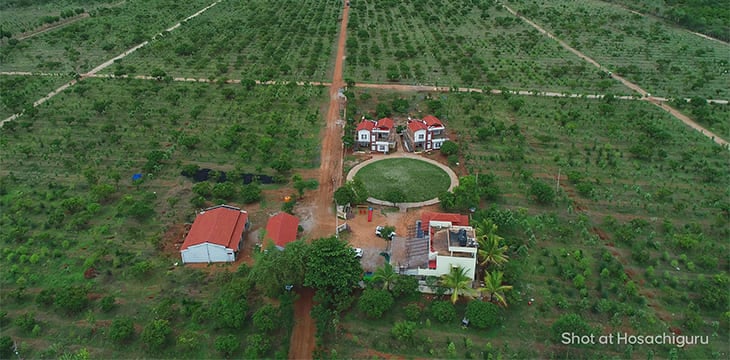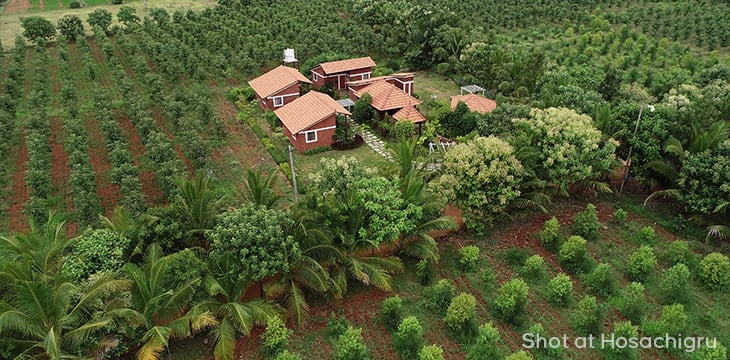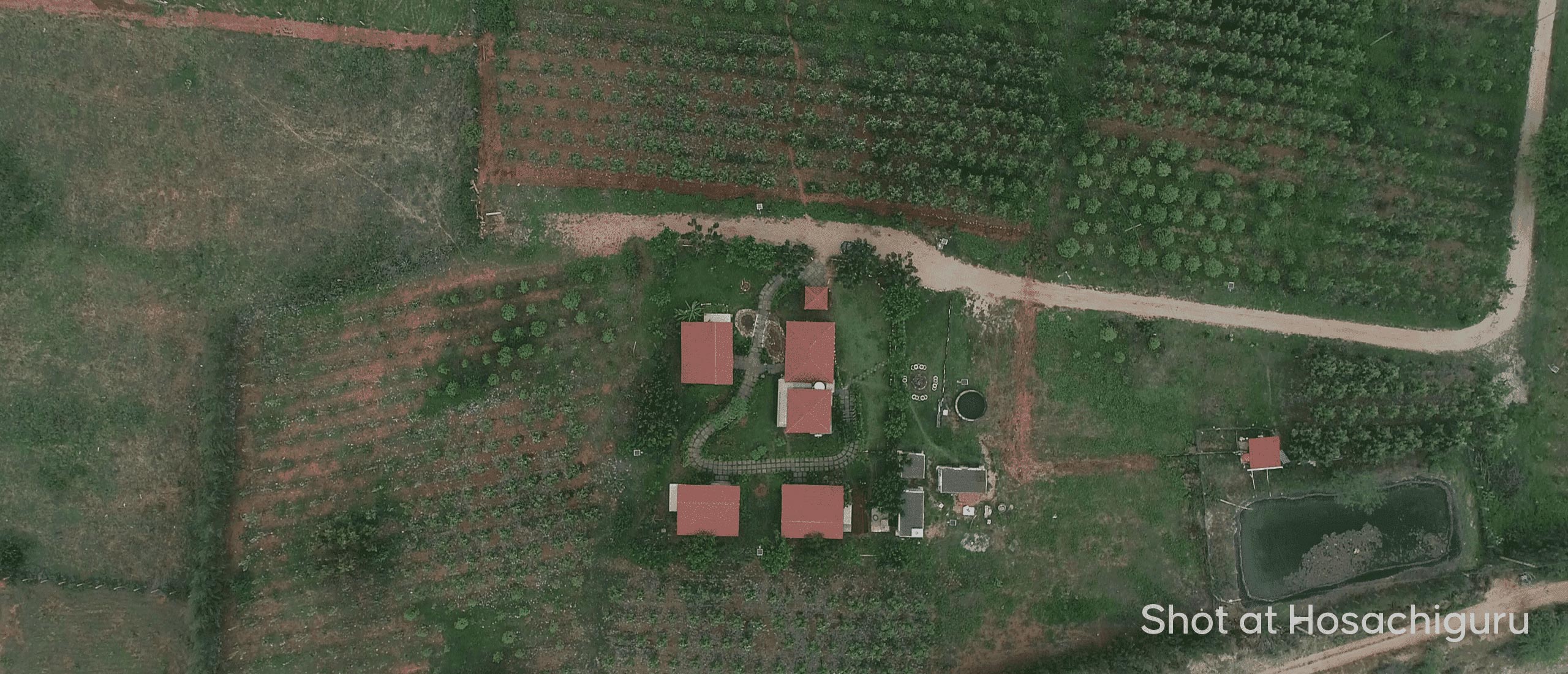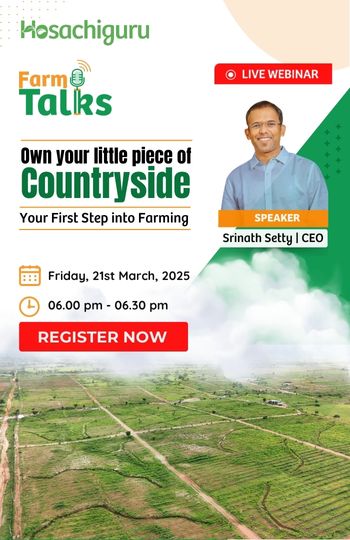April 3, 2023
Author: Srinivas Abhilash and Arun Kumar
“Agriculture is our wisest pursuit because it will in the end contribute most to real wealth, good morals, and happiness.” — Thomas Jefferson
Firstly, land cannot be manufactured. It is a limited commodity and is a sure-shot bet in wealth creation. But should you buy land just for creating wealth? Or is there more to it?
Have you ever thought about how important agriculture is to our lives? Even with more and more people living in cities and being disconnected from the soil, agriculture remains vital to our survival.
Living in an urban area doesn’t mean you can’t participate in agriculture. There are numerous benefits to growing your own food or owning farmland. Although it may seem difficult for city dwellers in India, it’s essential not to be discouraged by the obstacles. Fortunately, there is a hassle-free solution available. However, before we delve into that, let’s first understand why it is a must to own farmland for you.
Sustainable agriculture and regenerative farming practices are essential in the fight against climate change. These methods help sequester carbon in the soil and reduce greenhouse gas emissions, which are crucial for our planet’s health. By encouraging individuals and communities to choose, adopt and adapt to clean farming practices, we can work towards a sustainable future for everyone.
And, even for those who live in the city, owning farmland in rural areas can have many advantages. Not only can it provide a source of income and investment opportunities, but it also offers a chance to reconnect with nature and the land. Below are some of the pointers and reasons urbanites in India must have farmland.
Food Security
Food security is a big concern in India, as the country is the second most populous in the world and its population is still growing. But the food we consume today is completely adulterated and commercial agriculture is designed to maximize from land at the cost of soil health and the consumer’s health. One way to address this issue is by owning farmland, even if you’re an urban resident.
By owning farmland, you can have access to fresh produce and reduce your reliance on industrial food systems, making sure a consistent supply of nutritious food. It’s essential to support local food systems, especially as environmental challenges like climate change make it harder for farmers to cultivate crops on a large scale using industrialized farming methods.
Growing your own food is a great way to have fresh produce and reduce your dependence on commercial food systems. But let’s face it, managing a standalone farmland can be quite a challenge, especially if you’re living in the city.
On the contrary, managed farmlands offer convenience to individuals with skilled farm labor, agronomists, and professional management to manage the resources along with round-the-clock security. With this model, you don’t have to worry about the logistics of managing a farm, but you can still enjoy the benefits of owning farmland.
The best part is that managed farmland can even help you reduce costs by using economies of scale. By pooling resources and managing farmland as a group, you can achieve greater efficiency and reduce expenses.
Hosachiguru offers managed acreage for people who want to own farmland without having to worry about managing it themselves. Yes, it’s true! You can own farmland that’s taken care of by professionals and even receive home delivery of fresh vegetables. This is great news for those who want the benefits of owning farmland, like having access to fresh produce, without the burden of managing it. Plus, it’s an excellent way to support local food systems and have access to fresh, nutritious food.
Environmental Sustainability
The Sustainable Development Goals of the 2030 Agenda for Sustainable Development clearly state that a healthy environment is essential to basic human rights such as access to food, water, sanitation, and quality of life. A healthy environment is not a luxury. It’s a necessity for our well-being and survival.
Ecologist Eugene Odum once highlighted a crucial problem that is contributing to the degradation of our environment – our failure to properly value nature’s goods and services. Unlike human-made products, natural resources are not properly considered by market forces, which leads to environmental degradation. It’s time we recognize the importance of a healthy environment and make efforts to preserve it.
One great way to contribute to environmental sustainability is by growing agroforests, and food forests by following permaculture methods and mimicking forest ecosystems. By engaging in regenerative agricultural practices, we can reduce exposure to environmental hazards that cause air pollution, contaminate natural habitats, and harm flora and fauna. Growing your own food by nurturing food forests and supporting local farmers can significantly lower the carbon footprint of your meals by cutting the need for long-distance transportation.
You can even take things a step further and support environmentally friendly initiatives by trading carbon credits (carbon credits represent a reduction of one ton of carbon dioxide or its equivalent in other greenhouse gasses.) which can make a significant impact on the fight against climate change. Companies and individuals can benefit from carbon credits by participating in programs that promote sustainable practices, such as renewable energy projects or reforestation efforts. This provides a way to offset carbon emissions and support sustainable practices while generating financial benefits.
By having farmland and growing your own food, you can contribute towards environmental sustainability as it reduces the amount of waste produced by industrial food systems and packaging. This not only helps the environment to remain clean, but you can also save money in the long run.
Community Connect
Agriculture is more than just about providing food; it is also about building stronger communities. Supporting local farmers and contributing to developing a thriving local food system can encourage interactions between farmers, consumers, and other community members. This helps to create a sense of camaraderie and connection among members of the community.
Growing your own food on your own land is another way to foster connections within the community. Sharing your harvest with your neighbors in the city and bonding over a shared love of gardening and good food can be a fun and fulfilling experience. Those who value the taste of fresh produce can also appreciate the unique flavor of chemical-free produce grown at home gardens or farmlands.
Buying a managed farmland with Hosachiguru can help you bond with a community of like-minded individuals who share values on sustainability, clean farming practices, and holistic living. By being a co-farmer and getting involved in agriculture with Hosachiguru, you support local farmers; and can contribute to the growth of a vibrant and thriving community. Own farmland, grow your food, and cherish being a part of a like-minded community that works together to build stronger, more connected communities through agriculture.
Healthy Mind and Body
When you grow your food through small-scale gardening or owning farmland, it’s not just about having access to fresh produce. It’s also a healthy lifestyle choice. Gardening and farming can be great physical activities that can help you reduce the risk of chronic diseases like obesity, diabetes, and heart disease. Plus, there’s the bonus of improving your mental health since gardening can be a relaxing and stress-reducing activity.
When you own farmland, you get to decide what seeds to sow, and this can have a big impact on your health and the environment. By choosing open-pollinated and heirloom seeds over hybrid and GM seeds, you are creating a ripple effect in the world of sustainability. Open-pollinated varieties are genetically stable and offer the advantage of being able to grow and save your seeds, which can lead to greater self-sufficiency and superior adaptation. Plus, genetic variation between the plants in the field means diseases spread less quickly than in the case of genetically identical plants of a hybrid variety.
Growing your fruits, vegetables, grains, and lentils using open-pollinated and heirloom seeds, alongside clean agricultural practices, can result in more nutritious yields compared to hybrid or genetically modified options. This means that the food you grow on your land with these seeds can provide you and your family with the gift of longevity, a healthy mind, and body, and reduced reliance on processed or packaged foods from the supermarket.
By opting for these traditional seeds and clean practices, you’ll have fresh and nutritious produce at your fingertips that can contribute to better nutrition and overall health. This is a great way to make sure that you and your loved ones are consuming high-quality, wholesome food.
Conclusion
By owning a piece of the land, you are moving one step forward toward democratizing farming and decentralizing the process of growing food, and having full transparency and traceability over the source. You can also experience a sense of strength and autonomy over your health and well-being by taking charge of your food system. You can make informed decisions about what you put into your body and experience the satisfaction that comes with knowing exactly where your food comes from and how it was produced.
Imagine being able to tell the story of where your food came from to your family and friends. You’ll have a sense of pride knowing that you’re taking charge of your food system and making informed decisions about what you eat.
By investing in land managed by Hosachiguru, you’ll be joining a community of like-minded individuals who are all working towards sustainability using regenerative farming practices. This means that you’ll not only be contributing to a healthy ecosystem but also a sustainable supply chain.
Investing in a piece of land is a conscious choice, and it’s a gift that can last for generations to come. So why not start exploring your options today? Owning farmland can enhance your life in so many ways, and you’ll be doing your part to create a healthier and more sustainable future. Let’s make intentional choices and take charge of our well-being.
